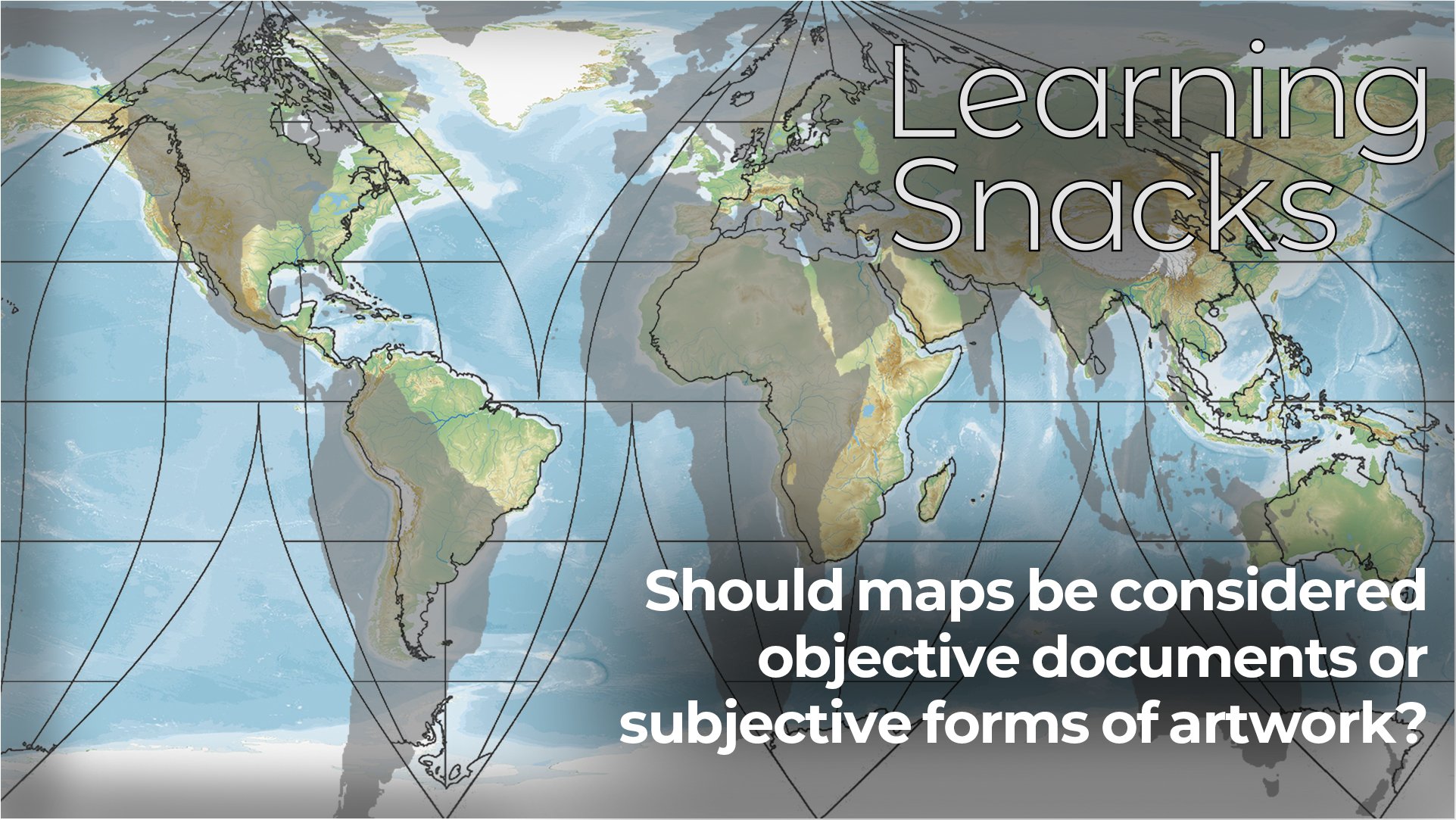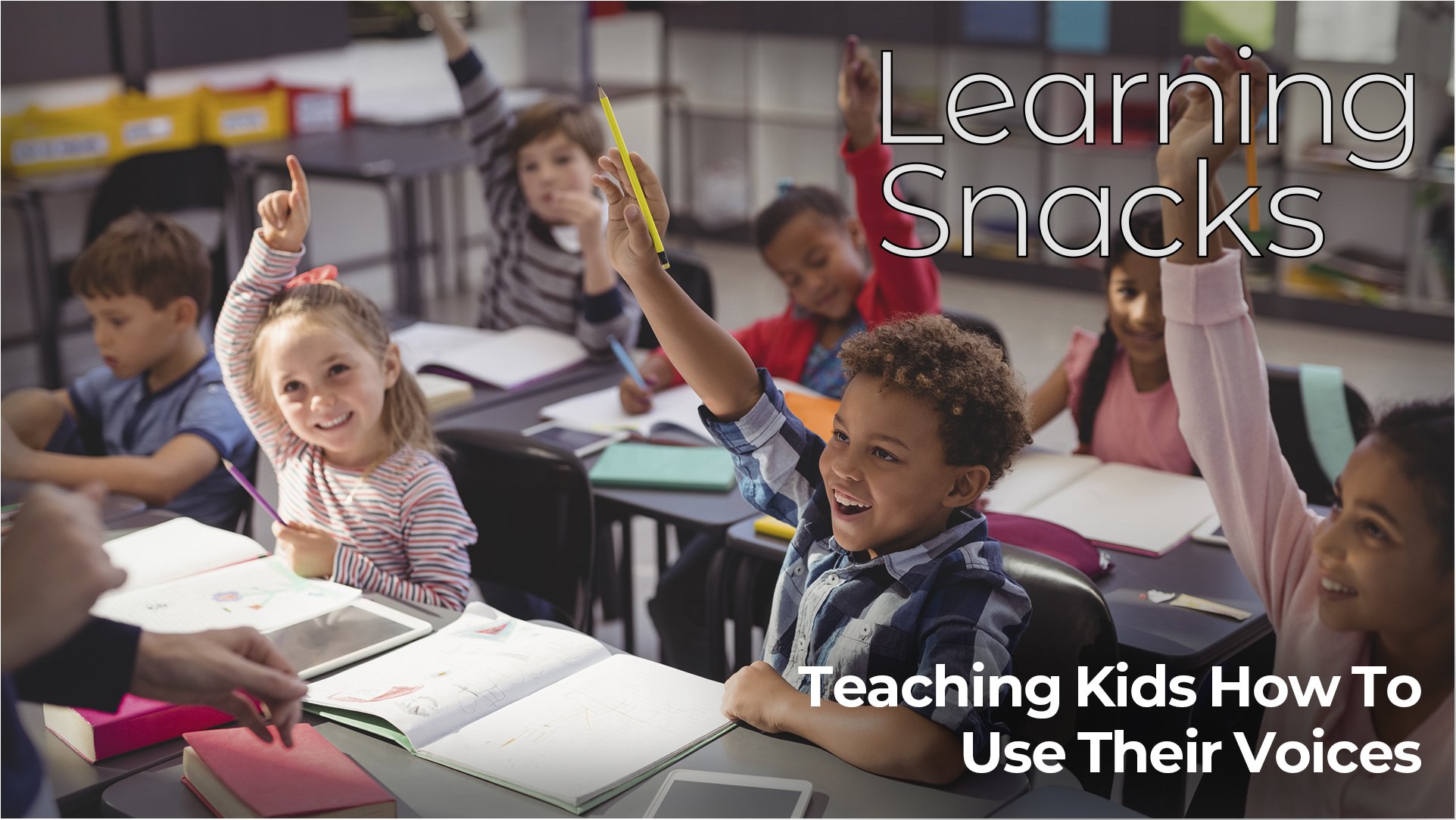
Each week we're packing some smart treats for hungry minds of all ages! You’ll find something for kids who are little, kids in the middle, kids who are bigger, and something to consider at Thinkalong.org – all from Connecticut Public and the public media names you trust.
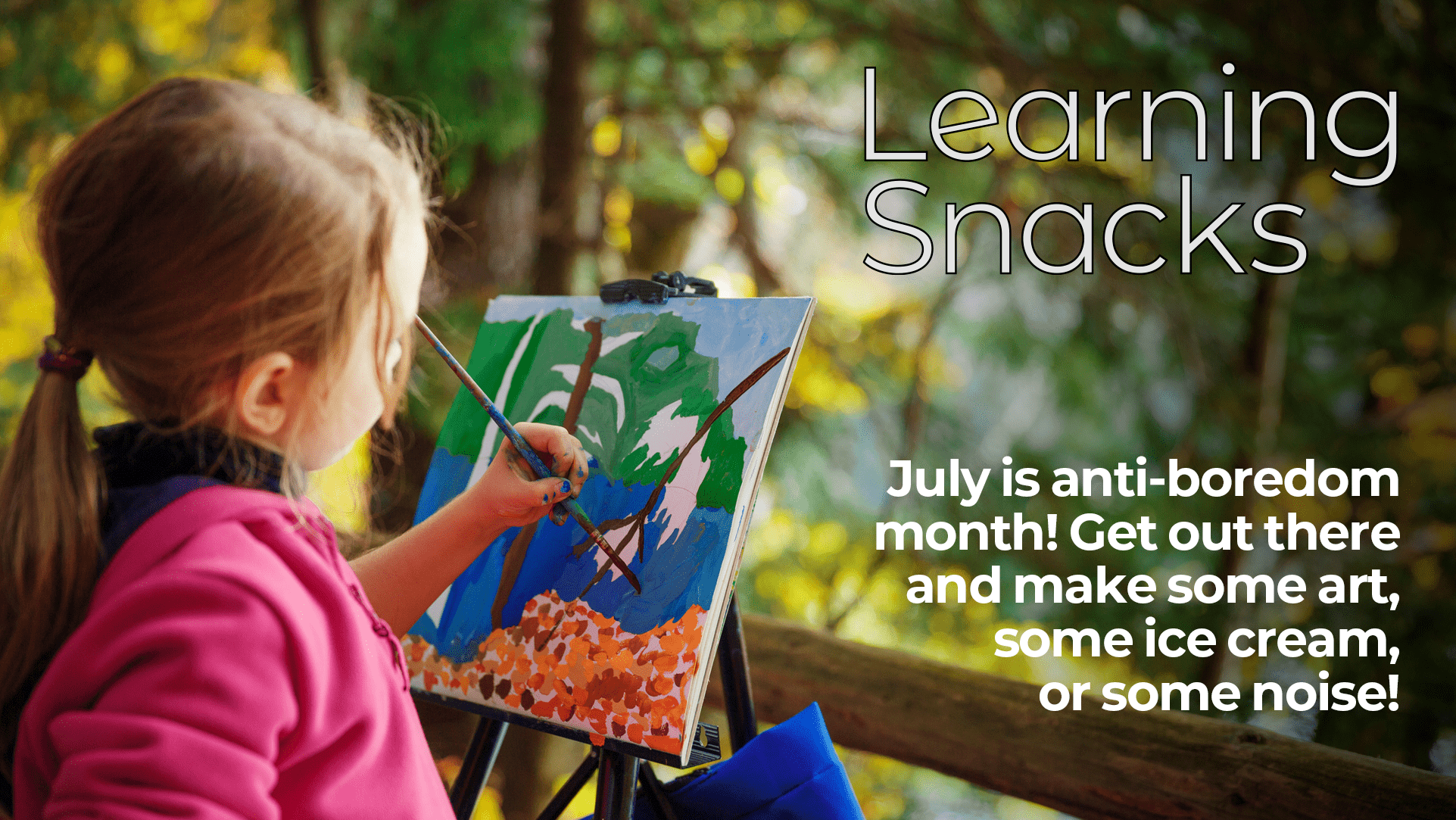
LITTLE: Art is all around you, but you have to think quick when you’re painting en plein air, as the French would say. Get out there and paint!
MIDDLE: Picnics are fun until mosquitoes arrive. So how do you defeat such a formidable foe? You learn about it, of course! Get up close and personal with the Asian tiger mosquito – the most annoying of the buzzing, biting lot!
BIGGER: We found The Most Boring Video Ever and put it in this boring sentence hoping you’d be bored enough to try it.
THINKALONG: Something to Consider – Connecticut enacted a law requiring a $15 minimum wage by 2023, which is something to celebrate even for young folks with summer jobs. But the federal pay rate lags behind. Many states are electing to pay higher minimum wages while others are waiting to see what economic impacts the policies will have. What do you think – should the federal minimum wage be increased to $15 per hour?
PLUS — It’s PBS KIDS’ Summer of Possibilities! Find all kinds of boredom-busting games, activities, recipes, videos and more here. Follow us on Facebook for weekly updates. This week, get to know your H2O and learn all about water!
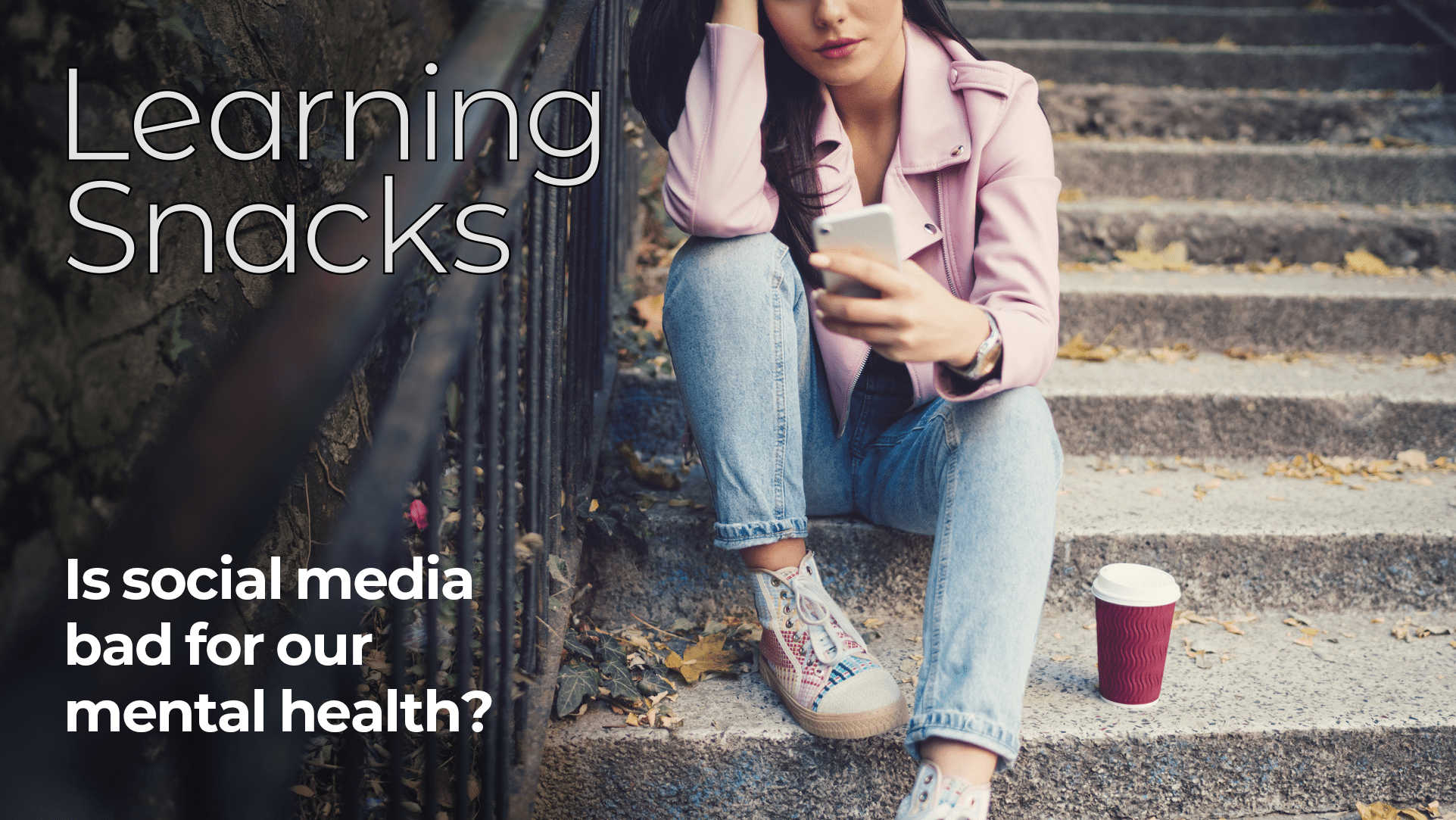
What’s a robot’s favorite snack? Computer chips! That’s right folks, so glad to be here tonight on the Learning Snacks comedy stage! We’re celebrating International Joke Day and that means plenty of laughs and groans. Say, did you hear the one about the elephant with two trunks? He was carrying his luggage! Well, you’ve been a fantastic audience, before you go, make sure you check out the comedy-related resources below. Tweet us your favorite silly joke on Twitter @thinkalong123 or on our Facebook page!
LITTLE:
Never trust someone with graph paper – they might be plotting something! Learn about graphing, data collection, and analysis while discovering which of your favorite jokes are the funniest with The Electric Company’s Laugh Graph activity!
MIDDLE:
Joan Rivers, one of America’s funniest comedians, talks about breaking into a male-dominated industry and how comedy can highlight injustices in society in this clip from Not Done: Women Remaking America.
BIGGER:
LOLZ MEMEZ are ALL THE THINGS we love and hate about the internet, but when does a meme stop being funny and start being cringe? The PBS Idea Channel investigates the history and impact of meme culture on humor.
THINKALONG: Something to Consider – Memes aren’t the only thing we share on the internet. People of all ages create, share, and access content across social media platforms, but it’s not all fun and games when it comes to social media and brains. The internet can move from likes to yikes pretty quickly when we spend too long tuned into others’ seemingly perfect lives, but it’s also an effective communication tool that keeps us connected to friends and family near and far. So, is social media bad for our mental health?
EDUCATORS:
Thursday, July 1, 2021 at 3:00 pm, join a free, live training webinar with Thinkalong. Find out how easy it is to introduce media literacy concepts to your learners, whether in-class or remote learning. REGISTER HERE»
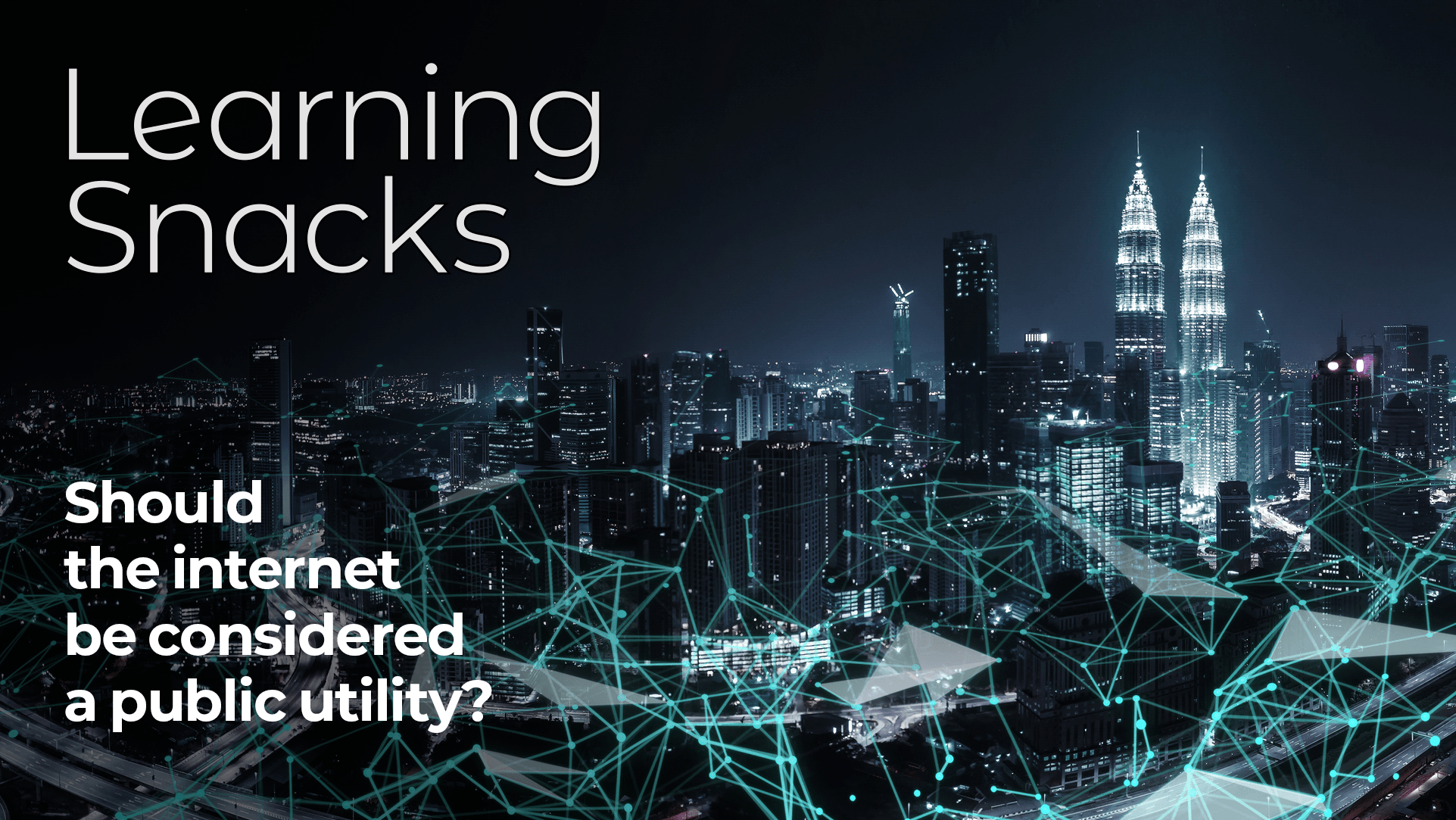
June 27th is Helen Keller’s birthday – a day to celebrate the resilience and influence of an incredible woman. These Learning Snacks explore the techniques her teachers used to help her learn and her less-known work as an author and activist.
LITTLE:
There are so many ways to learn! Helen Keller’s story and new approaches to learning how to read and talk inspire Yadina to overcome her own challenges in this Xavier Riddle adventure!
MIDDLE:
By placing her hand on a sound system, Helen Keller was able to sense an orchestra playing Beethoven. She wrote a letter about the incredible experience, noting that she “couldn’t help remembering that the great composer who poured forth such a flood of sweetness into the world was deaf like myself.”
BIGGER:
Beyond being influential in the deaf community, Helen Keller co-founded the ACLU and was active in many human rights campaigns. Learn about her inspiring work in this short video intro.
THINKALONG: Something to Consider – The internet is quickly becoming a requirement in modern life, useful in many situations like filing taxes, but many times necessary for things like finding work and completing homework. Should the internet be considered a public utility?
EDUCATORS:
Thursday, July 1, 2021 at 3:00 pm, join a free, live training webinar with Thinkalong. Find out how easy it is to introduce media literacy concepts to your learners, whether in-class or remote learning. REGISTER HERE»
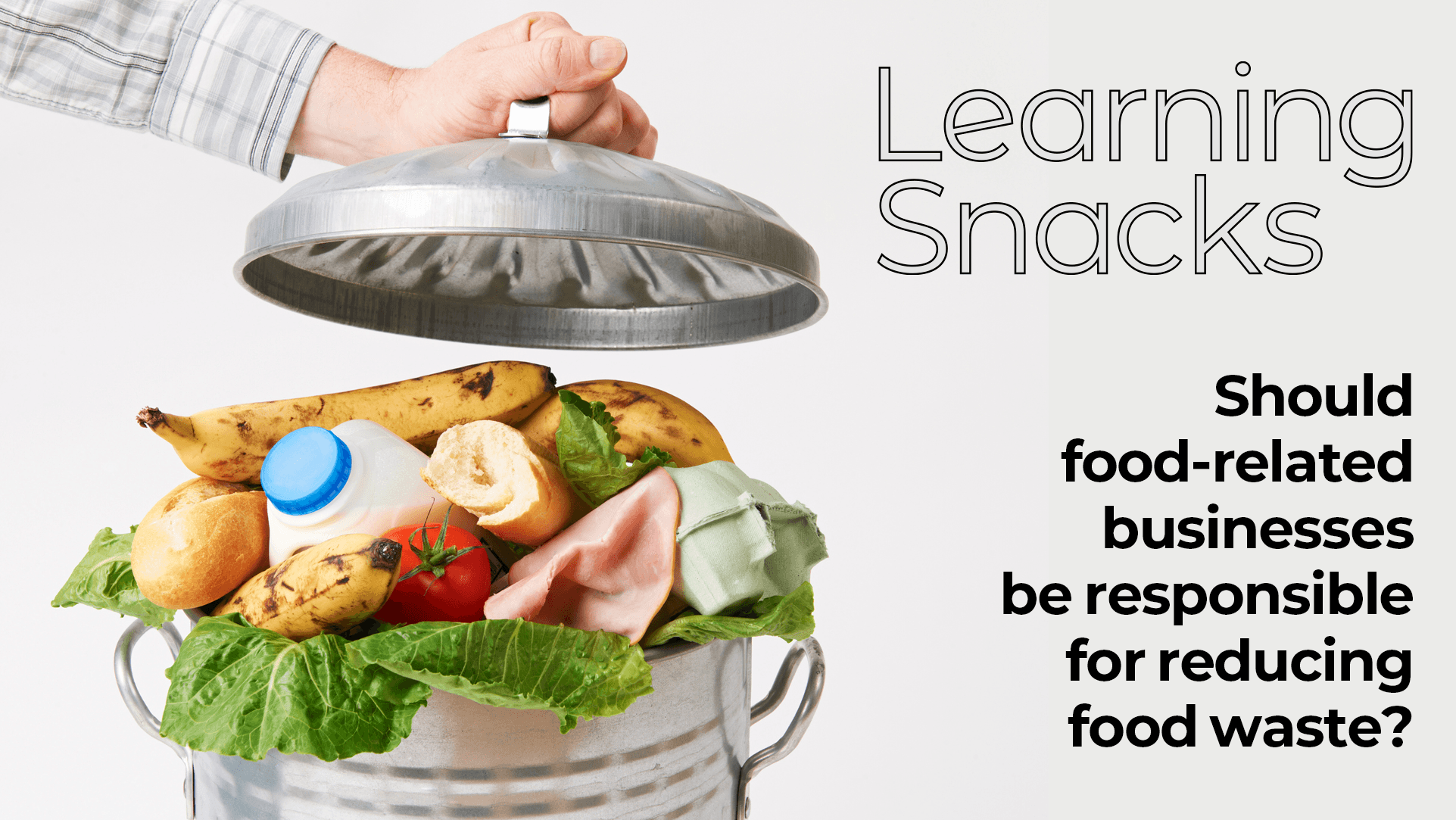
Pride Month is a celebration of the lives of LGBTQIA* people, but also an opportunity to learn about their struggles, empathize with their experiences, and help build a better world that includes, elevates, and protects LGBTQIA communities. The rainbow is a symbol long used to represent the Pride movement. And speaking of rainbows, they’re also good for your health – make these Crunchy Rainbow Wraps and then dive into some Learning Snacks!
LITTLE:
Even the littlest kid can learn how to love themselves, every part. Big Bird sets an example in this joyous little song.
MIDDLE:
When it was organized, no one knew how many people would show up to the first Gay Pride Parade in New York City; it was a risk. But they did show up.
BIGGER:
The Stonewall Uprising is a well-known turning point in the fight for LGBTQIA rights. Marsha P. Johnson – a Black transgender woman – catalyzed the movement. Hear more about how Black trans people have continued to drive forward intersectional movements for equity.
THINKALONG: Something to Consider – While millions of Americans face food insecurity, the U.S. Department of Agriculture estimates that 30 to 40 percent of the food supply in America is wasted each year. Most of that food ends up in landfills, where it rots and contributes to greenhouse gas emissions. Farmers, grocery stores, and restaurants are increasingly under pressure to combat the problem, but so are consumers. Is food waste the result of bad business practices, or is it more about picky eaters? Should food-related businesses be responsible for reducing food waste?
* This acronym stands for lesbian, gay, bisexual, transgender, queer, (questioning), intersex, asexual (or agender). NPR offers this guide to gender identity terms.
EDUCATORS:
Thursday, July 1, 2021 at 3:00 pm, join a free, live training webinar with Thinkalong. Find out how easy it is to introduce media literacy concepts to your learners, whether in-class or remote learning. REGISTER HERE»
PBS Presents the Tools for Anti-Racist Teaching Series
This four-part series investigates the ways in which racism, mental health, history, and education intersect, and discusses how media and media literacy can be used as tools to deepen our understanding, turn knowledge into action, and create immediate, positive change in the fight against anti-Black racism in education. REGISTER HERE»
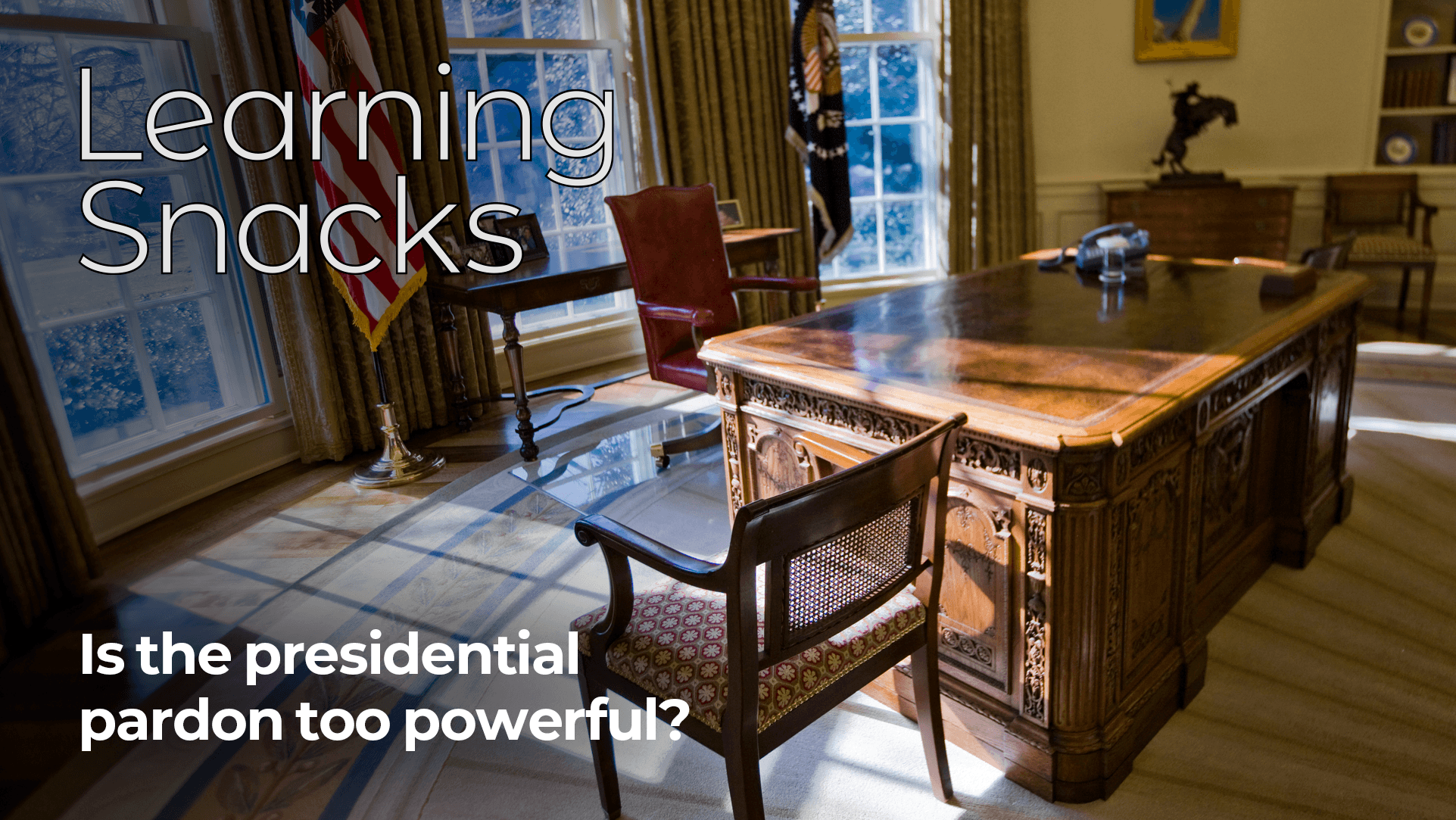
Join us on a digital expedition into the inner workings of the presidency, including presidential powers and responsibilities. We recommend enjoying with a big ol’ bowl of President Obama’s Chili.
LITTLE:
Presidents are powerful, but what exactly can they do? Vetoes and executive orders and pardons, all explained in this short video.
MIDDLE:
Not a single snack, but a whole bunch of teensy bites about U.S. Presidents up to 2008, available in Spanish and English.
BIGGER:
Presidents, from their elections to their actions while in office, take up a lot of brain space for American voters – but do we even need one? Follow this video through a fun little thought experiment about eliminating the presidency completely!
THINKALONG: Something to Consider – Article II, Section 2 of the United States Constitution grants the president the power to grant pardons “for offences against the United States, except in cases of impeachment,” and U.S. presidents since George Washington have exercised this power to varying degrees. Those who have been pardoned and how those decisions are made can be controversial, and some critics are calling for reforms to limit the abuse of this power. Is the presidential pardon an important tool to correct injustices and ease tensions, or is it an unfair opportunity to show favoritism? Is the presidential pardon too powerful?
EDUCATORS:
Thursday, July 1, 2021 at 3:00 pm, join a free, live training webinar with Thinkalong. Find out how easy it is to introduce media literacy concepts to your learners, whether in-class or remote learning. REGISTER HERE»
PBS Presents the Tools for Anti-Racist Teaching Series
This four-part series investigates the ways in which racism, mental health, history, and education intersect, and discusses how media and media literacy can be used as tools to deepen our understanding, turn knowledge into action, and create immediate, positive change in the fight against anti-Black racism in education. REGISTER HERE»
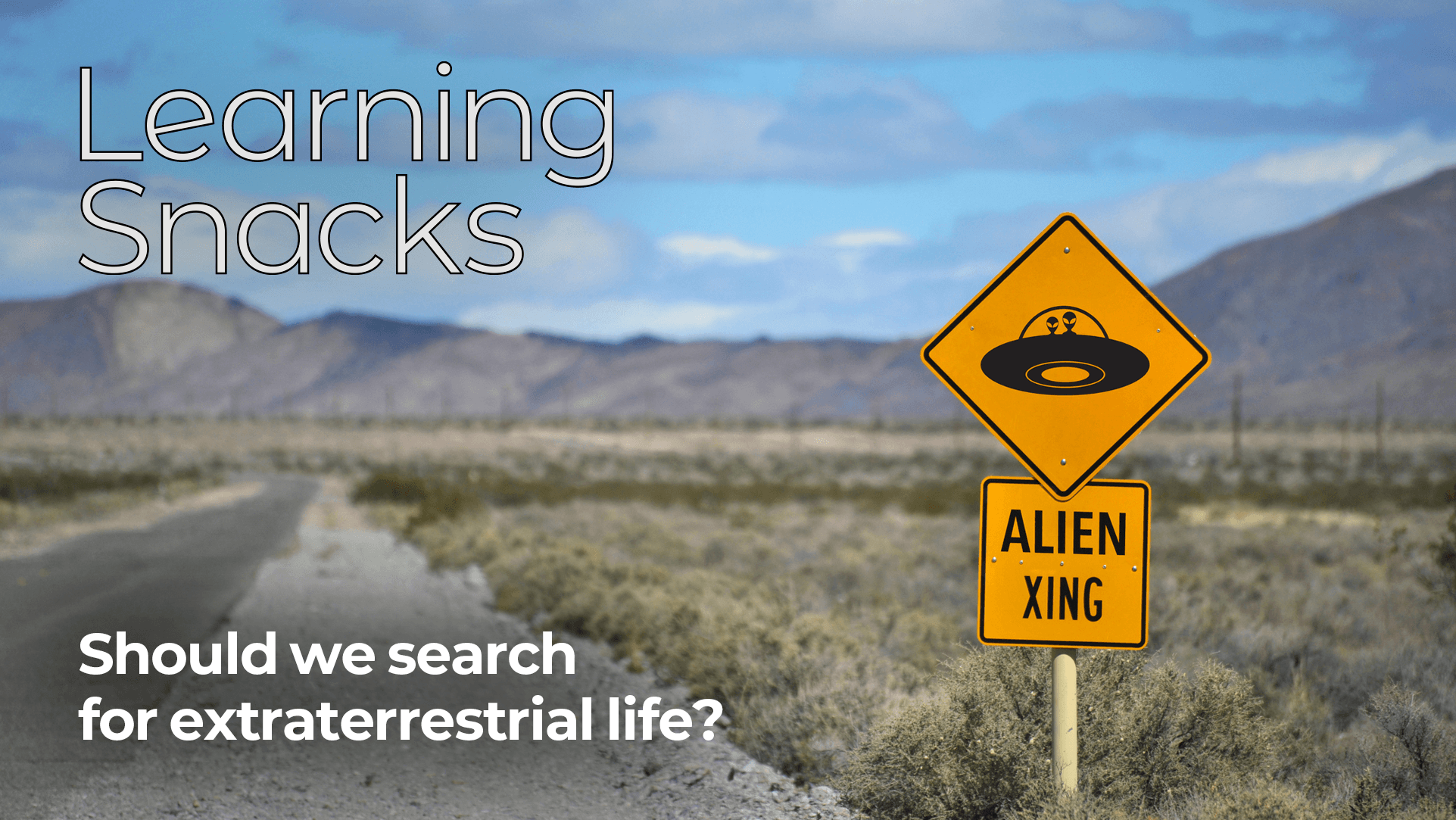
Summer evenings are the perfect opportunity to look up and explore the night sky. Even on cloudy days, the constellations, planets, and the universe above always seem to catch our attention. Space sciences are a great way to inspire curious kids of all ages to keep learning throughout the summer. So grab your astronaut ice cream and freeze-dried meals, because we’re taking these Learning Snacks on a trip to the stars!
LITTLE:
We sing a lot about stars twinkling, but we never really explain why they do. Blast off with the astronauts of Ready, Jet, Go! as they learn about the science of stars and how to tell a star from a planet.
MIDDLE:
The largest object in the night sky is our own moon. How did the moon come to be? This video from NOVA takes a look at several theories.
BIGGER:
The farthest manmade objects in space are the Voyager spacecraft. Launched in the 1977, Voyager 1 and Voyager 2 carry a golden record containing information, sounds, images, and greetings from Earth. Check out this video from the documentary The Farthest, then head to NASA’s website and explore the media included on the record.
THINKALONG: Something to Consider – This month, the U.S. Director of National Intelligence and Secretary of Defense may release a long-awaited report to Congress on “Unidentified Aerial Phenomena” — or what the public has called “UFOs.” The report is likely to bring up more questions, like should we search for extraterrestrial life?
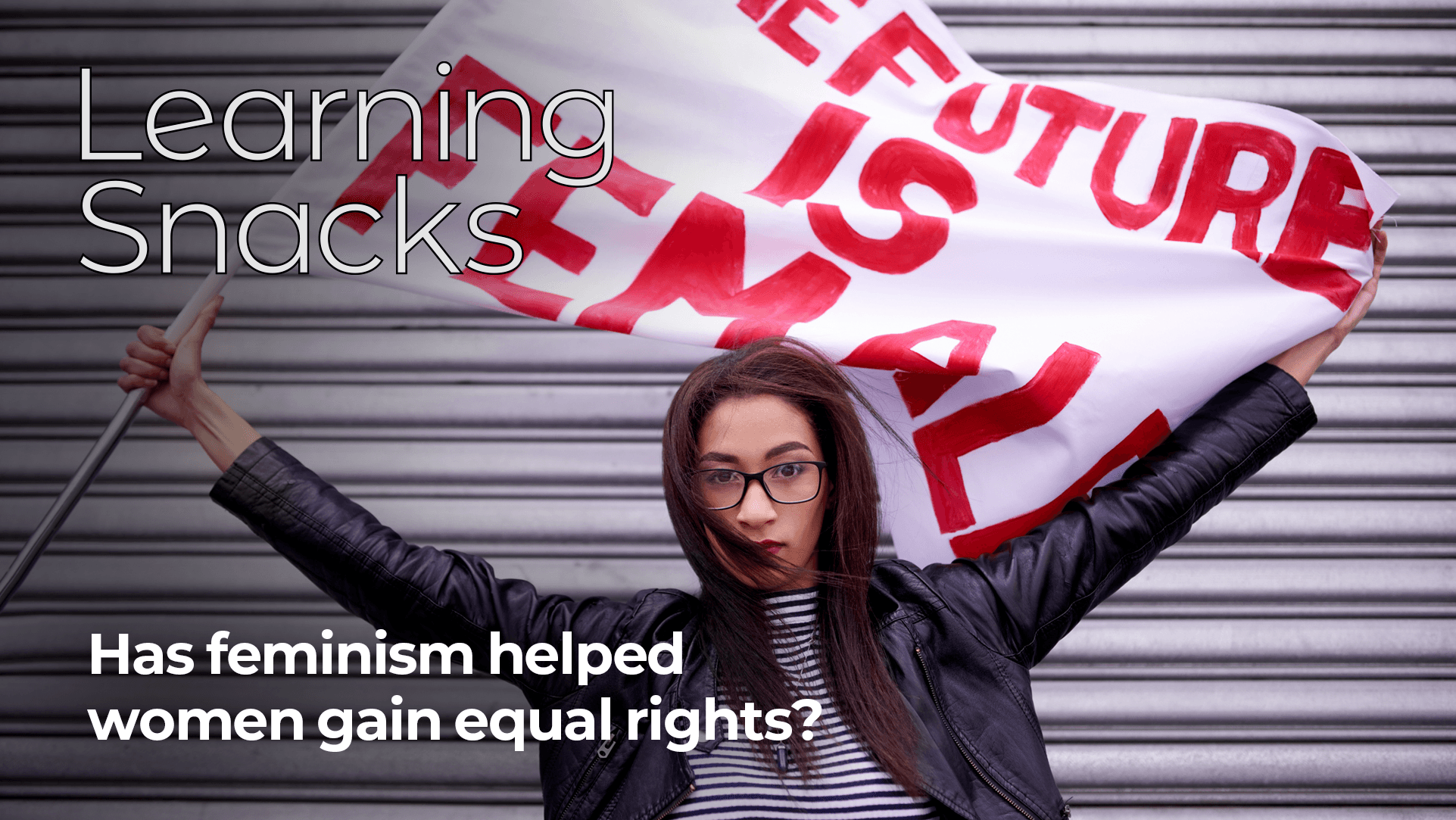
Memorial Day serves to honor those who have given their lives in service to the United States, ensuring they are remembered and appreciated. It’s also the informal entrance of summer in America, with warm weather and long days. The combination is electric, so we hope you get your BBQ on while you peruse these snacks.
Educators and home schoolers: We have a just a few FREE Thinkalong Crit Kit backpacks available — with headphones, stickers, white board markers and more. Kits will be sent to those who complete this quick survey — while supplies last.
LITTLE:
Memorial Day can be sad for folks who have lost someone in a national conflict. This very short explainer makes a meaningful connection to history that is appropriate for a young audience.
MIDDLE:
If you find your grandfather’s WWII band on vinyl in the attic, it only makes sense to publish that very cool piece of history. Check out the story and the playlist.
BIGGER:
Frank Curre was a teenager recently enlisted in the Navy when he survived the bombing of Pearl Harbor. He says that memory is “tattooed on his soul” even though he wishes he could forget. This quick video is a somber reminder of the human cost of violent conflict.
THINKALONG: Something to Consider – The modern-day feminist movement began in the 19th century. Since then, several movements, or “waves” as they are generally referred to, have worked to protect women against domestic violence and sexual harassment and fought for women’s suffrage, reproductive rights, and equal pay. But how successful have these efforts been? Who has benefited from the different feminist waves and who has been left behind? Has feminism helped women gain equal rights?
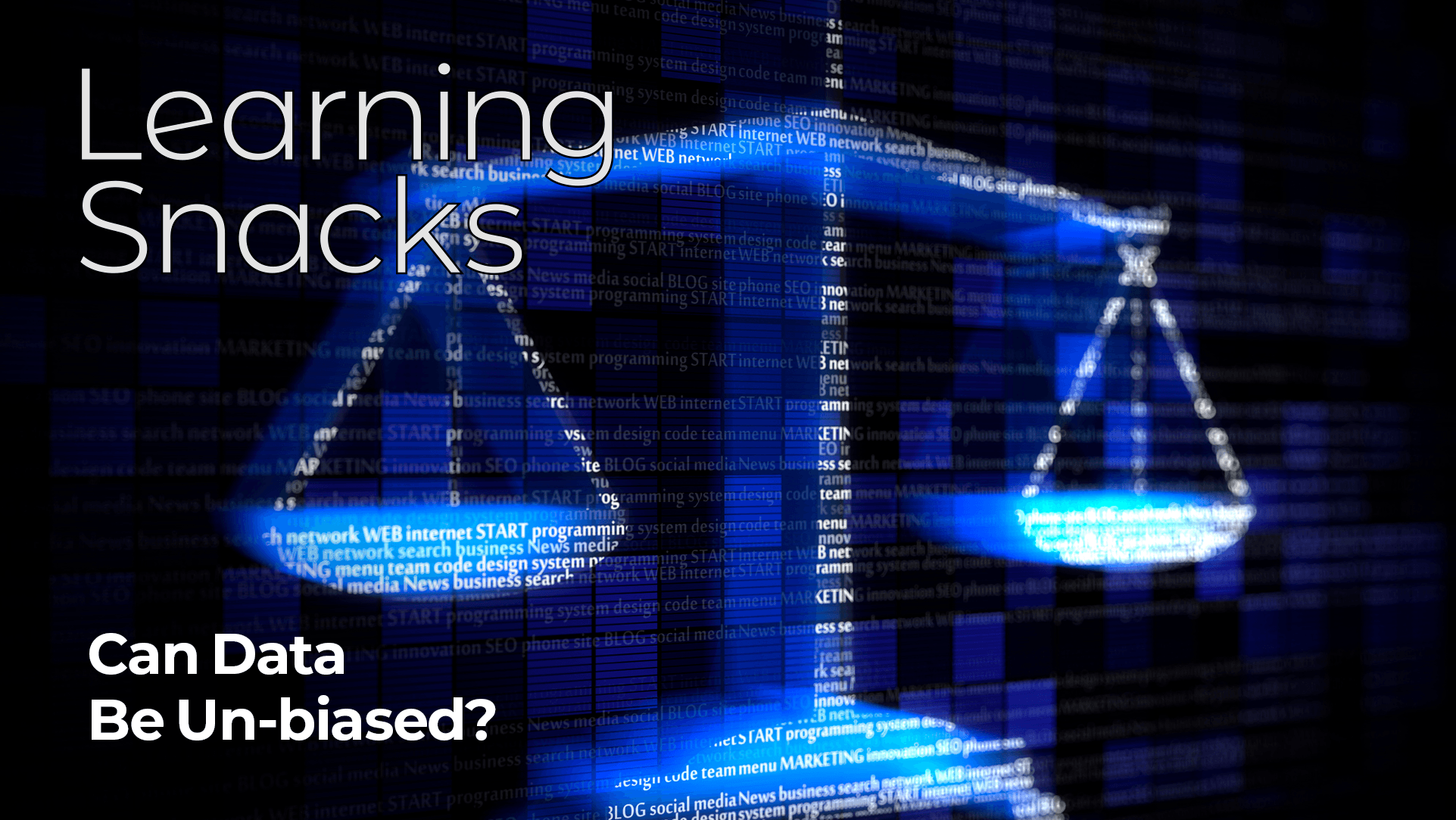
Not everyone bakes a cake for the occasion, but May is Home School Awareness Month, and we are here for the celebration! According to the Census Bureau’s Household Pulse Survey, and in large part due to COVID-19, the number of home school families doubled during the 2020-21 school year. So, to those veterans of home school and to the “newbs,” we tip our hats.
If you’re a home school leader and would like a free Thinkalong Crit Kit to bring media literacy to your at-home classroom – complete with a backpack, headphones, stickers, white board markers, and more – take this brief survey. We’ll get it out to you just in time for those long summer days! (While supplies last.)
LITTLE:
Check out this collection of early elementary lessons in math and ELA led by The Electric Company’s animated cast, plus full episodes of the show and three issues of the magazine.
MIDDLE:
This selection of Art School videos introduces artists and their practices, from dancing and singing to sending mail; get your creative on!
BIGGER:
For your older at-home learners, we highly recommend PBS NewsHour Student Reporting Labs – their stories are told by and center the experiences of teens! Their daily news show and special reports are exemplary.
THINKALONG: Something to Consider – We rely on data for making decisions about everything from which shoes to buy, to what college major to pursue, to what to eat on a given day. And data has a reputation for being neutral, but is it? Plenty of examples demonstrate that data is only as neutral as its collection, but if we only see the end result of the data – i.e., its conclusions – we may never know its bias. Can data be un-biased?
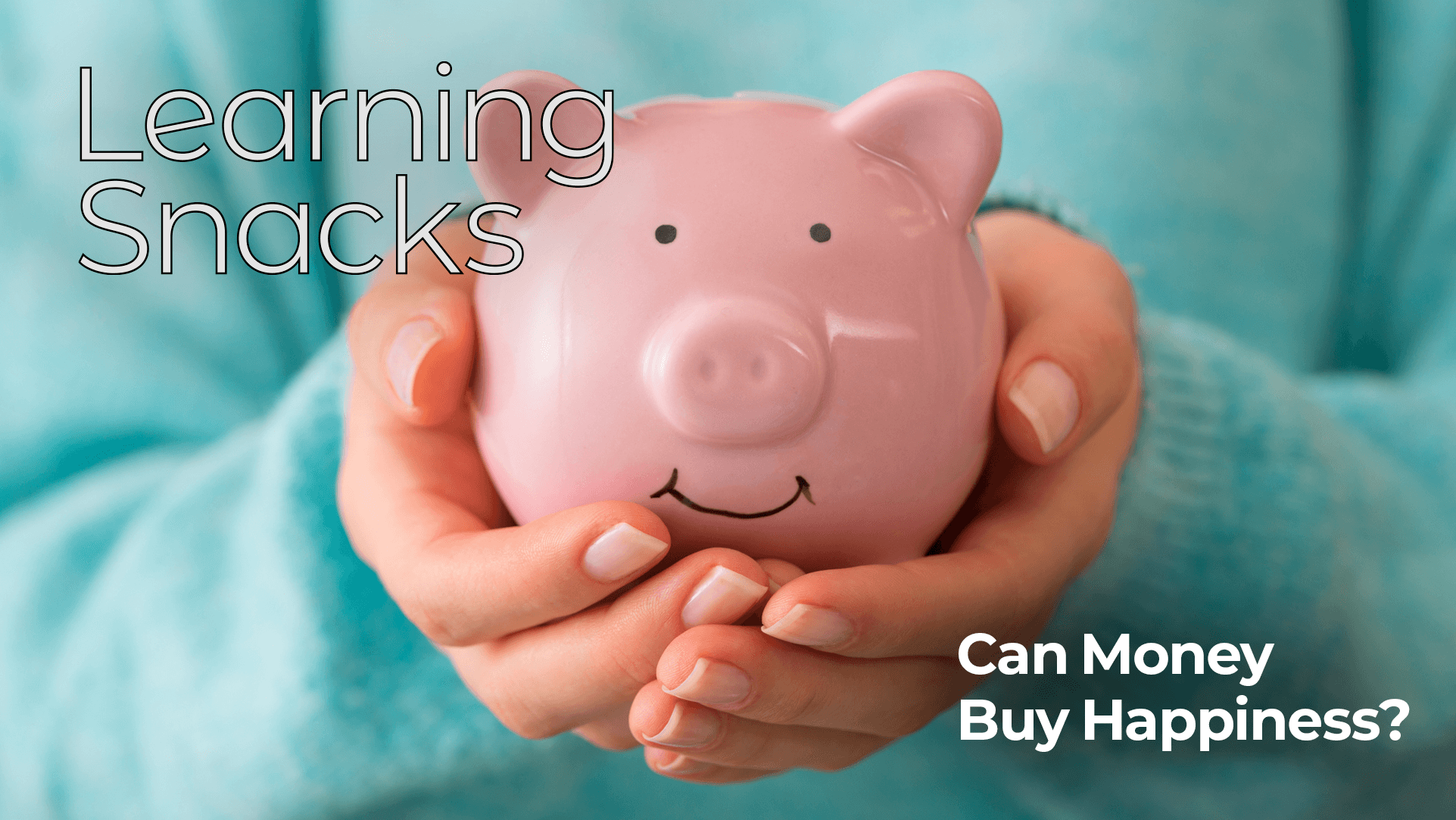
May is for paying tribute to those with Asian American and Pacific Islander (AAPI) heritage, recognizing their ongoing contributions and acknowledging their struggles in America. Want something delicious to eat while you dive in? Dan dan noodles are a simple dish – noodles and sauce – from the Sichuan region of China sure to satisfy your hunger!
LITTLE:
Dive into this short list of children’s books to help your family deepen their knowledge of the AAPI community.
MIDDLE:
Anna May Wong was the first Chinese American Hollywood movie star, but felt limited by the roles she was being offered – sidekicks and stereotypes – so she made her own film!
BIGGER:
The Chinese Exclusion Act was the first legislation explicitly used to limit immigration based on race. The law changed the landscape for American immigration and set a precedent in policy-making for generations to come.
THINKALONG: Something to Consider – This is one you’ve heard before, and it’s relevant in the era of income inequality when access to health care, housing, education, transportation, and even nutritious food depends on how much cash you can dish out. Money is required for all of our basic human requirements, but there’s no store that sells joy or fulfillment. Can money buy happiness?
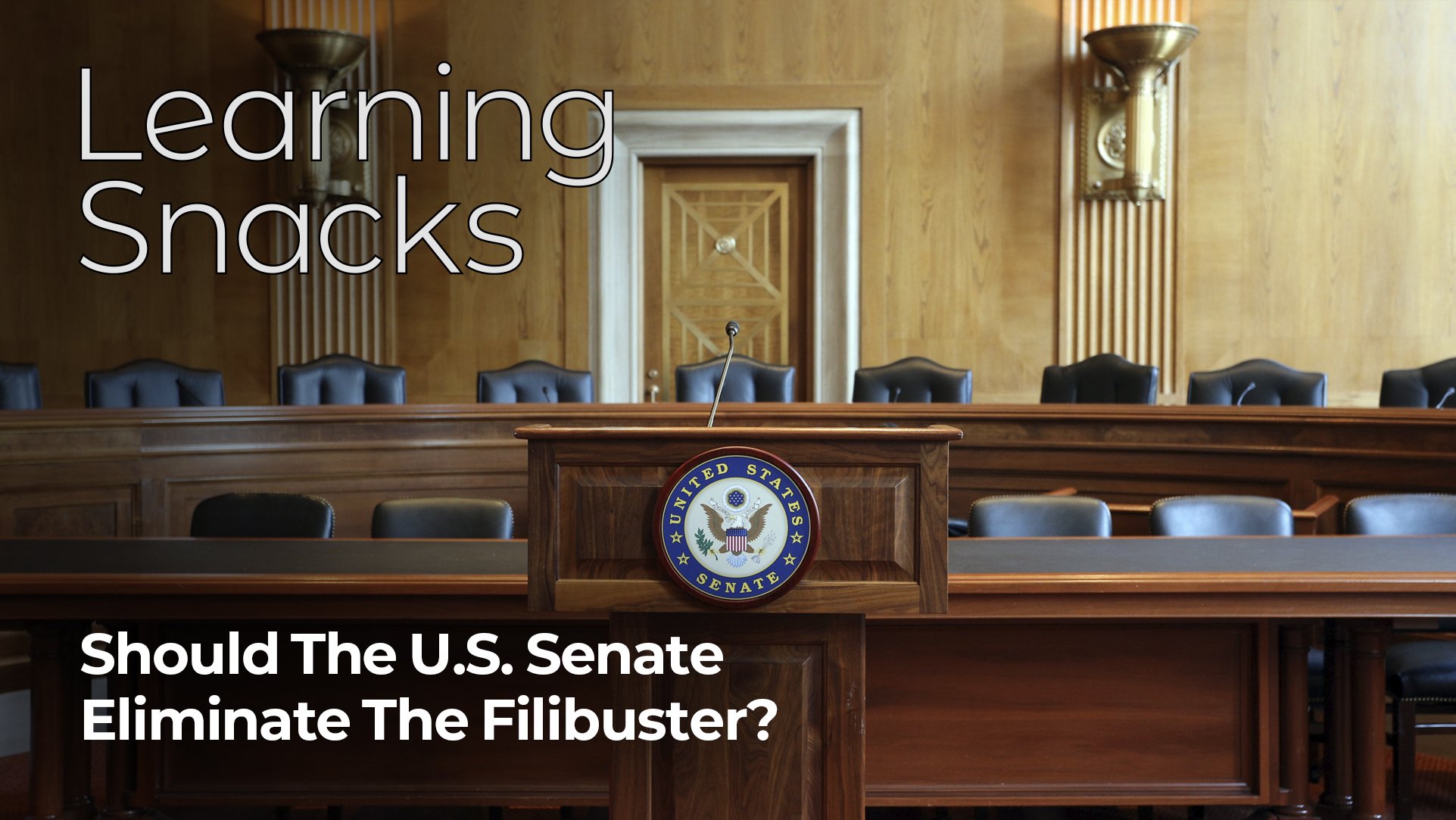
Nurses are vitally important to people’s health and well-being, and National Nurses Week starts March 6. Let’s celebrate their knowledge and resilience. On the front lines of caring long before this global pandemic, nurses deserve all the recognition – so, cheers to nurses!
LITTLE:
Explore working as a nurse practitioner with the Career Lab.
MIDDLE:
Nurse Lori Marie Key’s performance of “Amazing Grace” is impeccable.
BIGGER:
Even in the midst of a global health crisis, doctors, nurses, and other healthcare workers on the front line of caring for COVID patients, grocery store clerks, farm workers, delivery people, and restaurant staff all showed up to work as essential workers. Many workers in the service sector receive low wages and limited benefits, but they were required to risk everything to keep the world running. Should essential workers receive hazard pay?
THINKALONG:
Something to consider: Balancing power in government helps American democracy function, but the tools and tactics that legislatures utilize evolve over time and sometimes they need to be balanced, too. The filibuster allows a minority of senators to block legislation and its use has become both easier and more ubiquitous over the years, but is that a good thing? Should the U.S. Senate eliminate the filibuster?
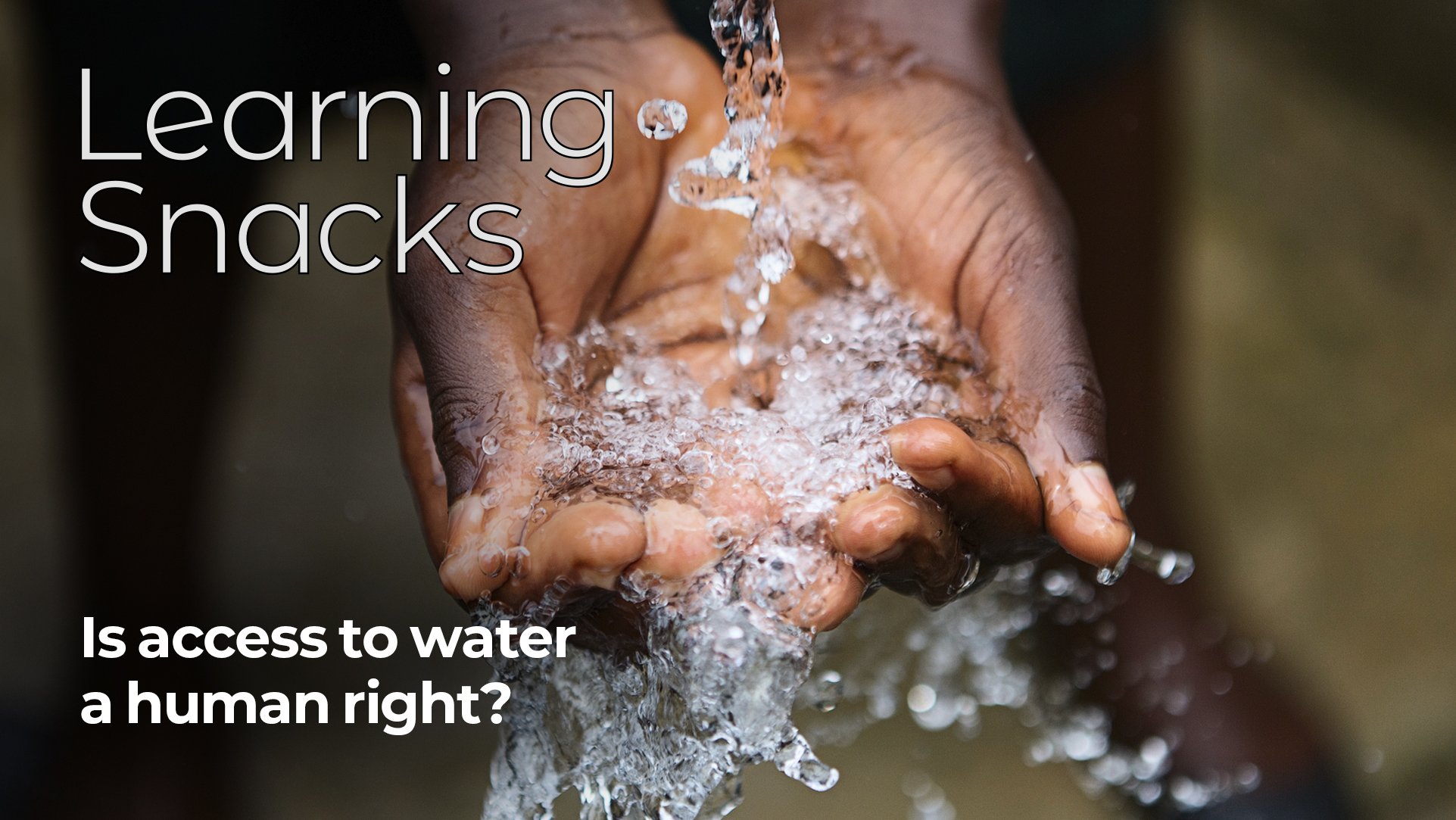
We are wrapping up National Poetry Month with some verses full of rhymes, word play, and turns of phrase to delight and explain.
LITTLE:
The Sons of Poetry rhyme all the time but it’s not a crime, just a hobby!
MIDDLE:
TikTok has content of all kinds, including poetry! Check out these favorite TikTok poems as NPR celebrates National Poetry Month.
BIGGER:
A young man performs a spoken word poem with sign language, an homage to his sister.
THINKALONG:
Something to consider: You can drink it and surf it; it cuts canyons out of mountains and rages in storms. The majority of Earth is covered in water and our bodies are made primarily of the same, but not everyone has access to the life-sustaining substance. Is access to water a human right?
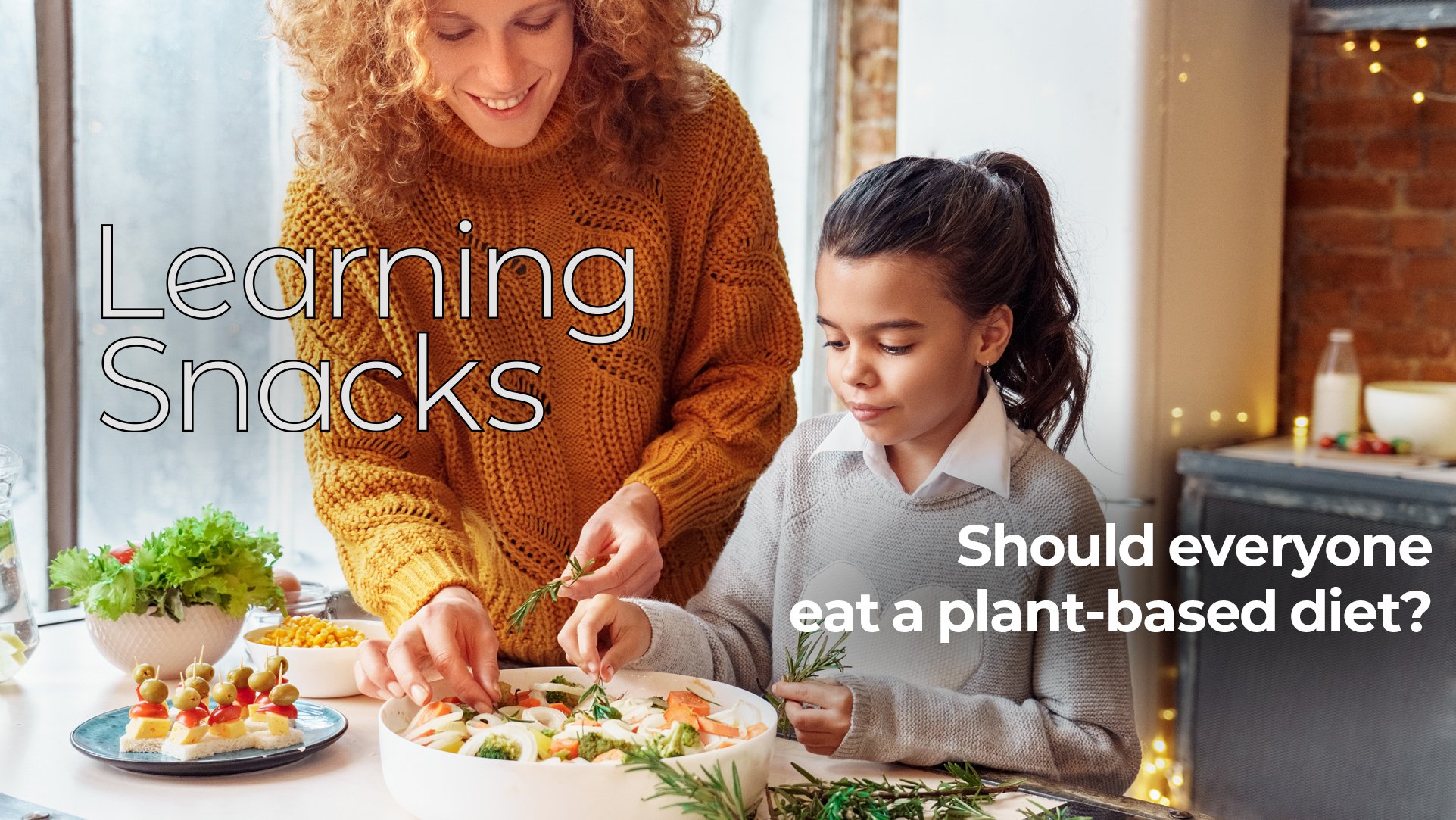
The fourth Thursday in April is normally reserved for “Take Your Child to Work Day,” but for many people, that has happened every day since lockdown started last year. As an homage, we bring you career exploration resources for kids little to big!
LITTLE:
Explore the world of work with the A-Z Career Lab series.
MIDDLE:
Somebody makes all your stuff – some of it comes from right here in CT! Cheyenne talks about the path to a manufacturing career.
BIGGER:
Microbiology is an important field for renewable energy, and if you’re curious and perseverant, it might be the right field for you!
THINKALONG:
Something to consider: Earth Day, celebrated on April 22, can bring up some big questions like “What can I do to protect the environment?” Some folks might reduce consumption by refilling containers or making their own, and others might choose to live a vegan lifestyle by eschewing animal products in their food and accessories. While a plant-based lifestyle is definitely good for the planet, does that mean it’s good for humans? Should everyone eat a plant-based diet?
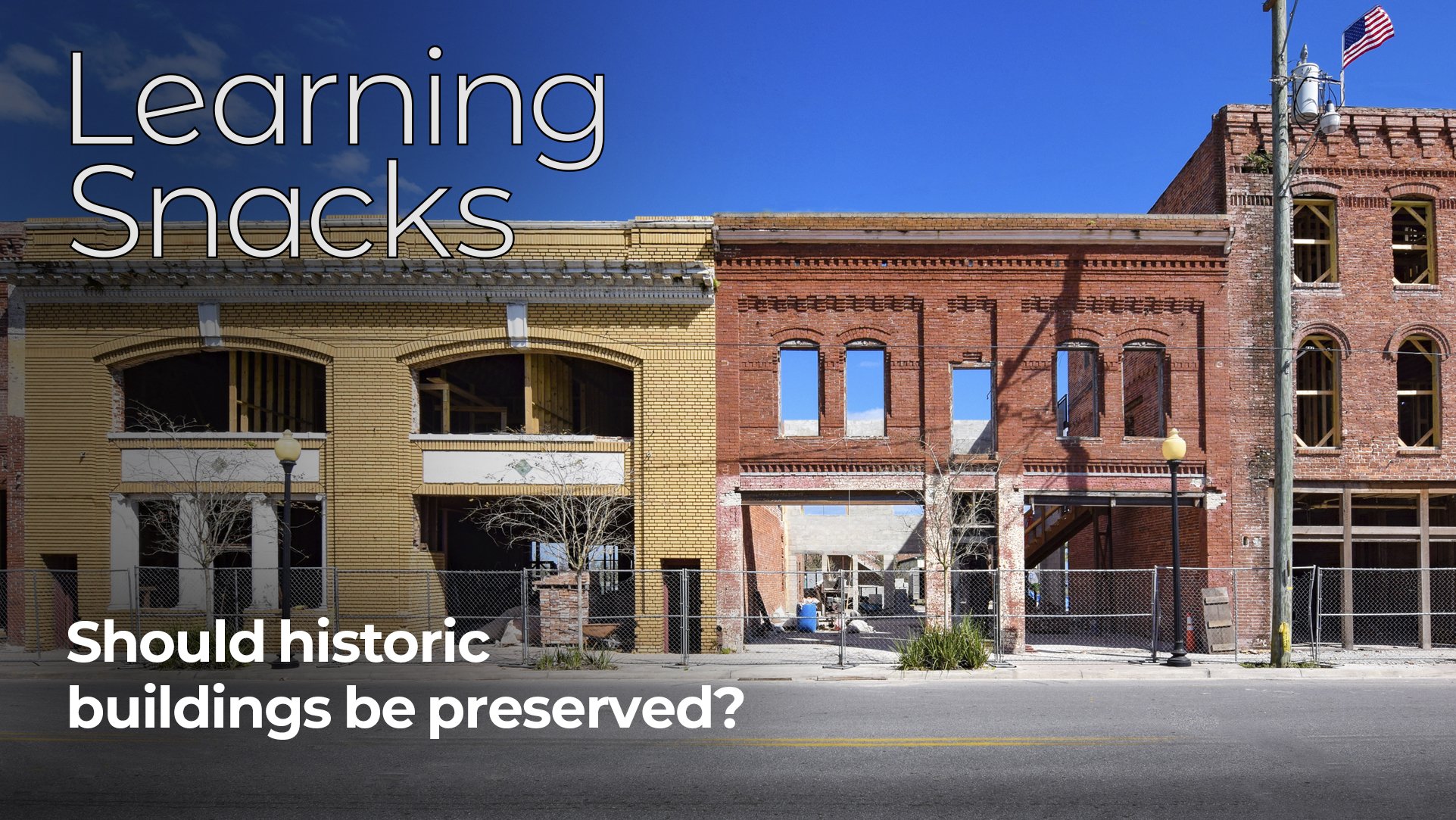
Earth Day comes around every year, about the same time the tulips are on full display. Explore these snacks to enhance your earthly knowledge!
LITTLE:
One of the best things about Earth Day is all the plants popping up from the ground and flowering. Explore the incredible power of tiny seeds by planting with kids!
MIDDLE:
Approximately 3.6 billion people use the Internet, and it can seem pretty environmentally innocuous. But that’s a lot of people — how much energy does the Internet use?
BIGGER:
“Reduce, reuse, recycle” is one consumer solution to overconsumption of plastics. But is plastics recycling working as promised? Read this investigative report from NPR and PBS Frontline.
THINKALONG:
Something to consider: Tearing down a building results in a lot of waste, but what if it contains toxic and unhealthy elements like asbestos and lead? There’s a balance to find between reusing old buildings and creating new ones beyond the cultural significance of any given space. Should historic buildings be preserved?
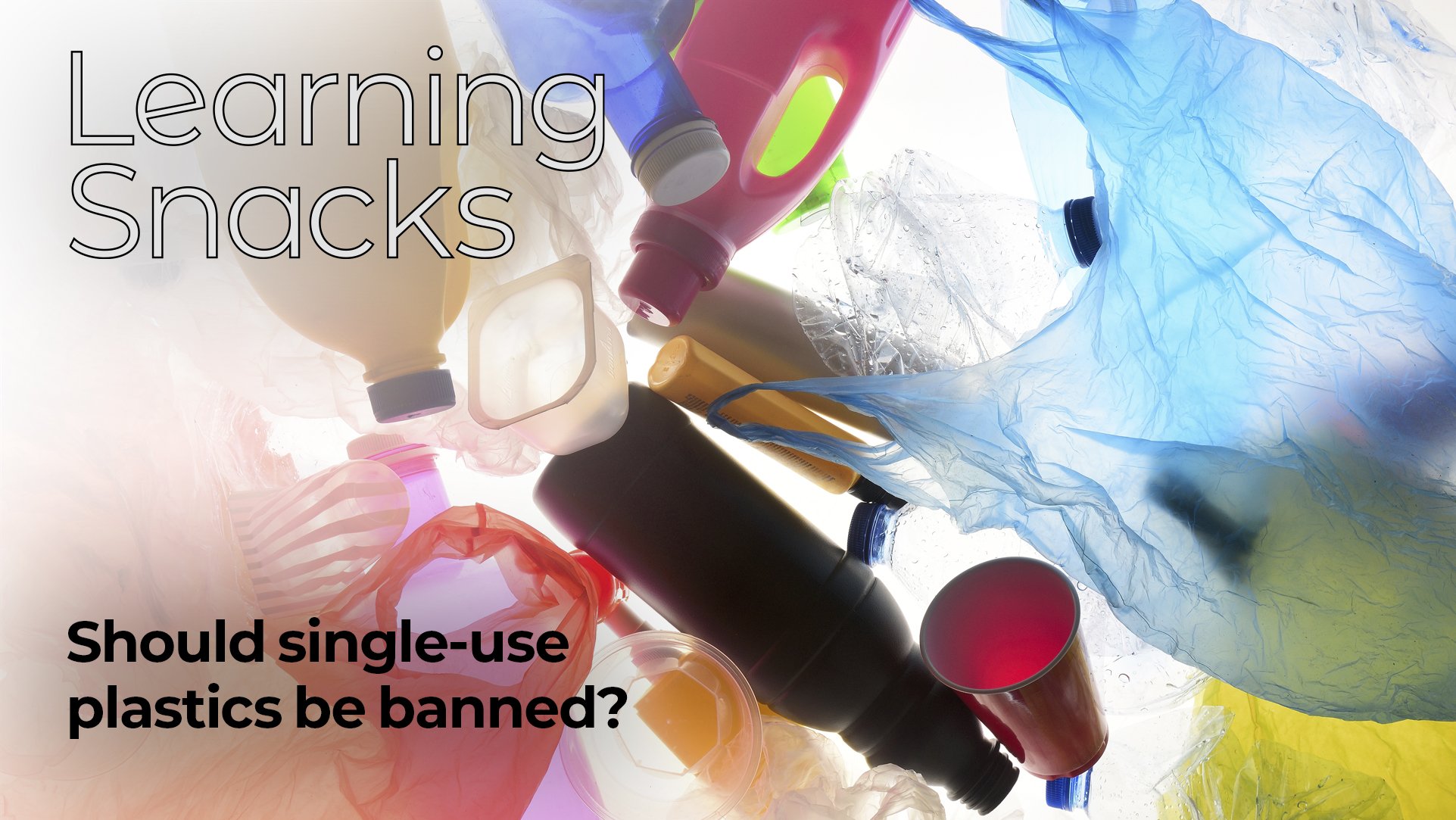
The National Day of Silence is a student-led movement to build awareness of the effects of bullying and harassment on LGBTQ+ youth, but it’s not the first time – and it won’t be the last time – that young people stand up to push society forward. Enjoy these snacks about the power of young people!
LITTLE:
Even the littlest kids can speak up about injustice, and it’s up to educators and families to engage them in civics for young learners.
MIDDLE:
Here is a brief history of student-led movements, compiled in one place for your convenience.
BIGGER:
Learn from Naima and his mother how families and teachers can support young folks transitioning.
THINKALONG:
Something to consider: The climate movement is another movement with students leading the charge and insisting that governments are responsible for securing their futures through environmental protections. While the environmental movement has many parts, one important component is single-use plastics, which are ubiquitous, surprisingly difficult to recycle, and won’t biodegrade for hundreds or thousands of years. On the other hand, they provide life-saving tools, are easy to manufacture, and are lightweight to ship. What do you think? Should single-use plastics be banned?
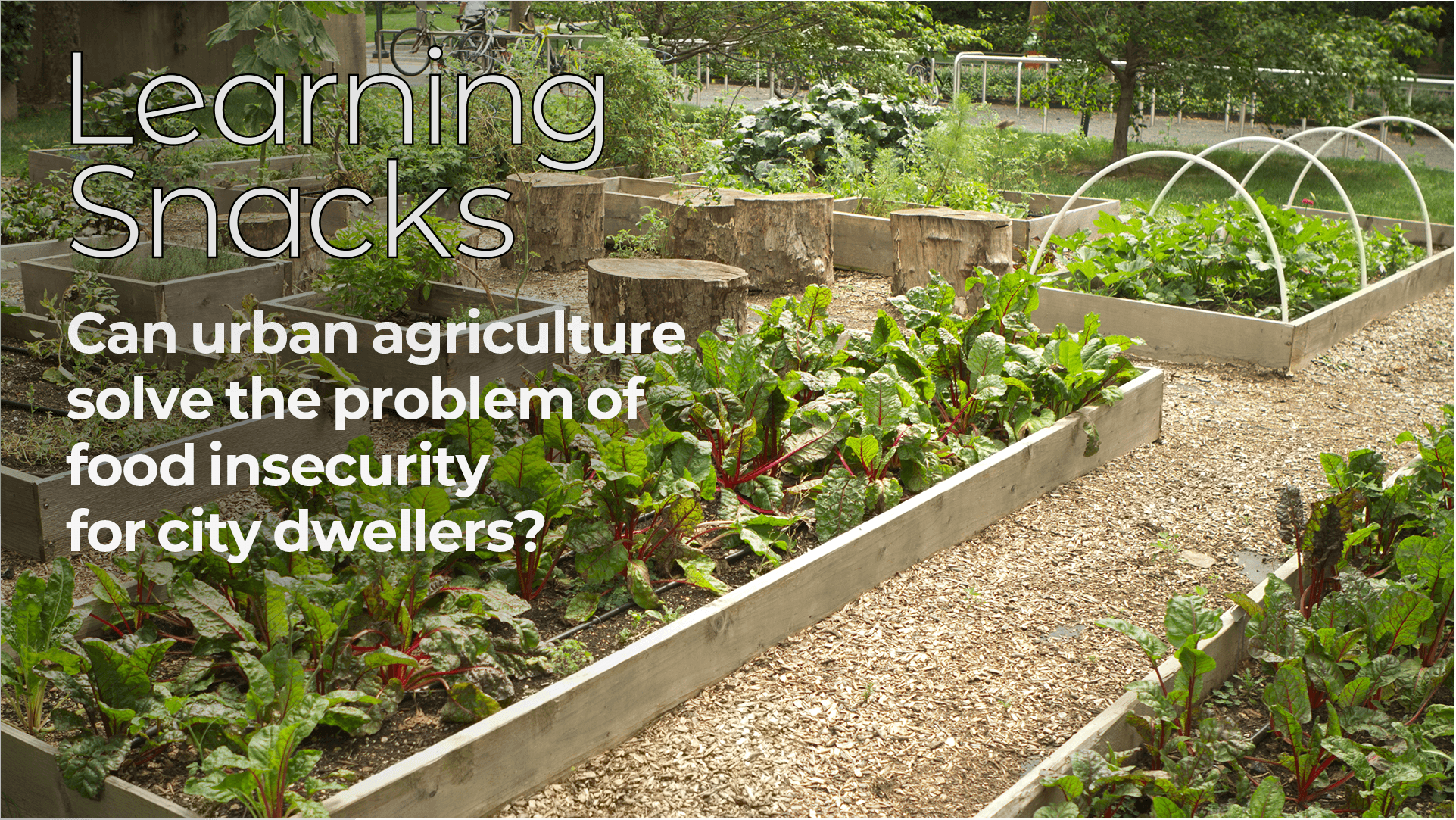
What did Professor Hippocampus say at his retirement party? Watch the Learning Snacks to find out! Today is April Fool’s Day, a glorious celebration of all things silly and comical.
LITTLE:
Create a laugh-o-graph and use data to measure the funniness of your jokes!
MIDDLE:
Take a minute to learn about the part of your brain shaped like a seahorse (and get the punchline to our joke!).
BIGGER:
During the pandemic, this Alaska hiking service repurposed their phone number to provide jokes.
THINKALONG:
Something to consider: As the weather gets warmer, days get longer, and spring greens poke up through the soil, all the farmers and gardeners get ready for planting season. Can urban agriculture solve the issue of food security for city dwellers?
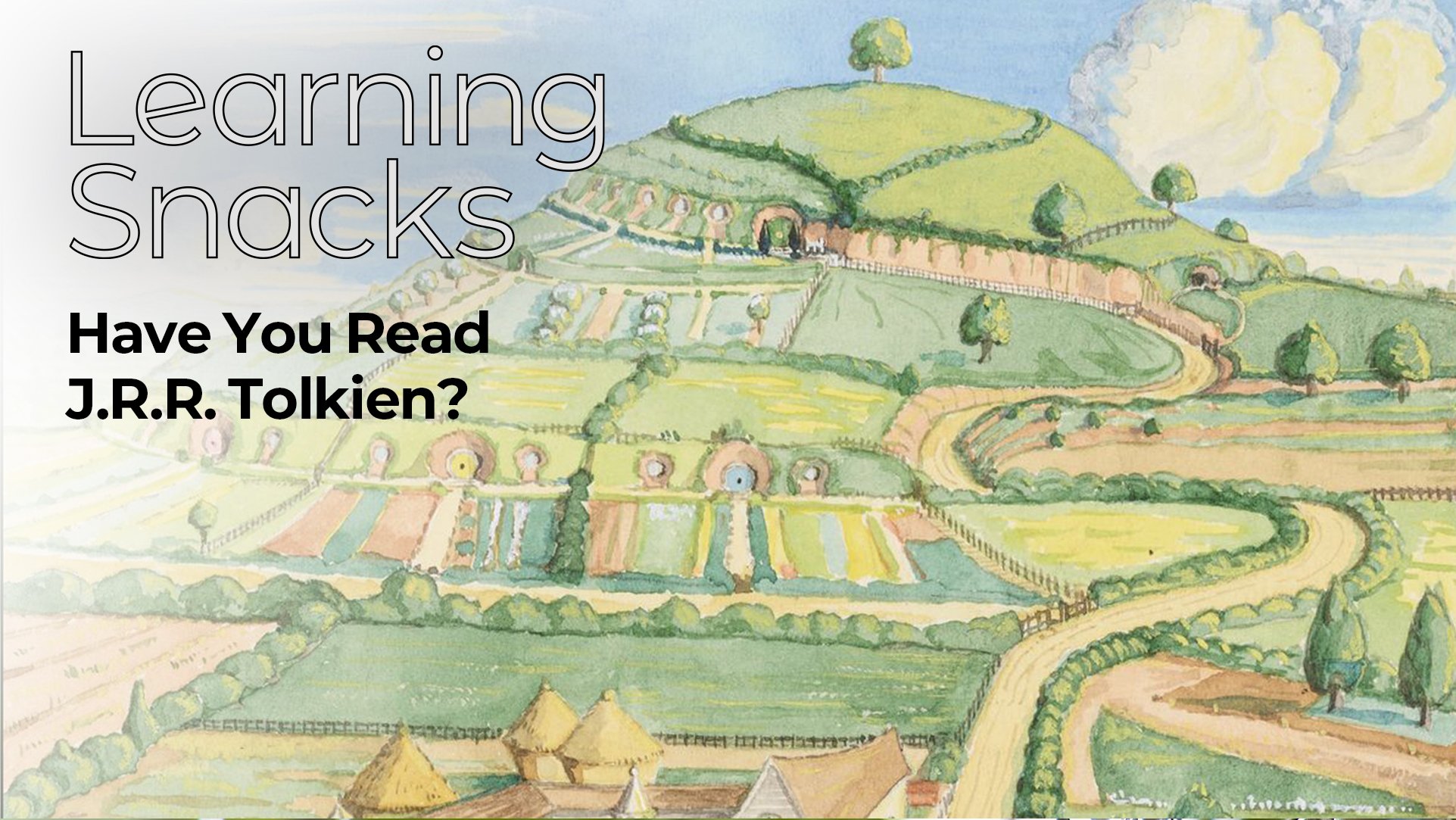
Who said “Not all who wander are lost”?
Here’s a hint: One snack to rule them all, one snack to find them, one snack to bring them all and in the darkness bind them… or something like that. 😊
Today is J.R.R. Tolkien Reading Day – a big deal if you’re a superfan of his writing!
LITTLE:
Check out this review of The Hobbit, written and delivered by a kid!
MIDDLE:
Janet Iwasa studies animation in Hollywood and starts to think that the characters in The Lord of the Rings behave a lot like proteins.
BIGGER:
Do you speak Elvish? Learn about the history of constructed languages in J.R.R. Tolkien’s work.
THINKALONG:
Something to consider: Art can include finger painting in preschool, sculptures from ancient societies, and stage performances that only exist while they’re happening. All are expressive, beautiful, and can resonate in our hearts and minds. But some of it is really expensive! Should art be valued at millions of dollars?
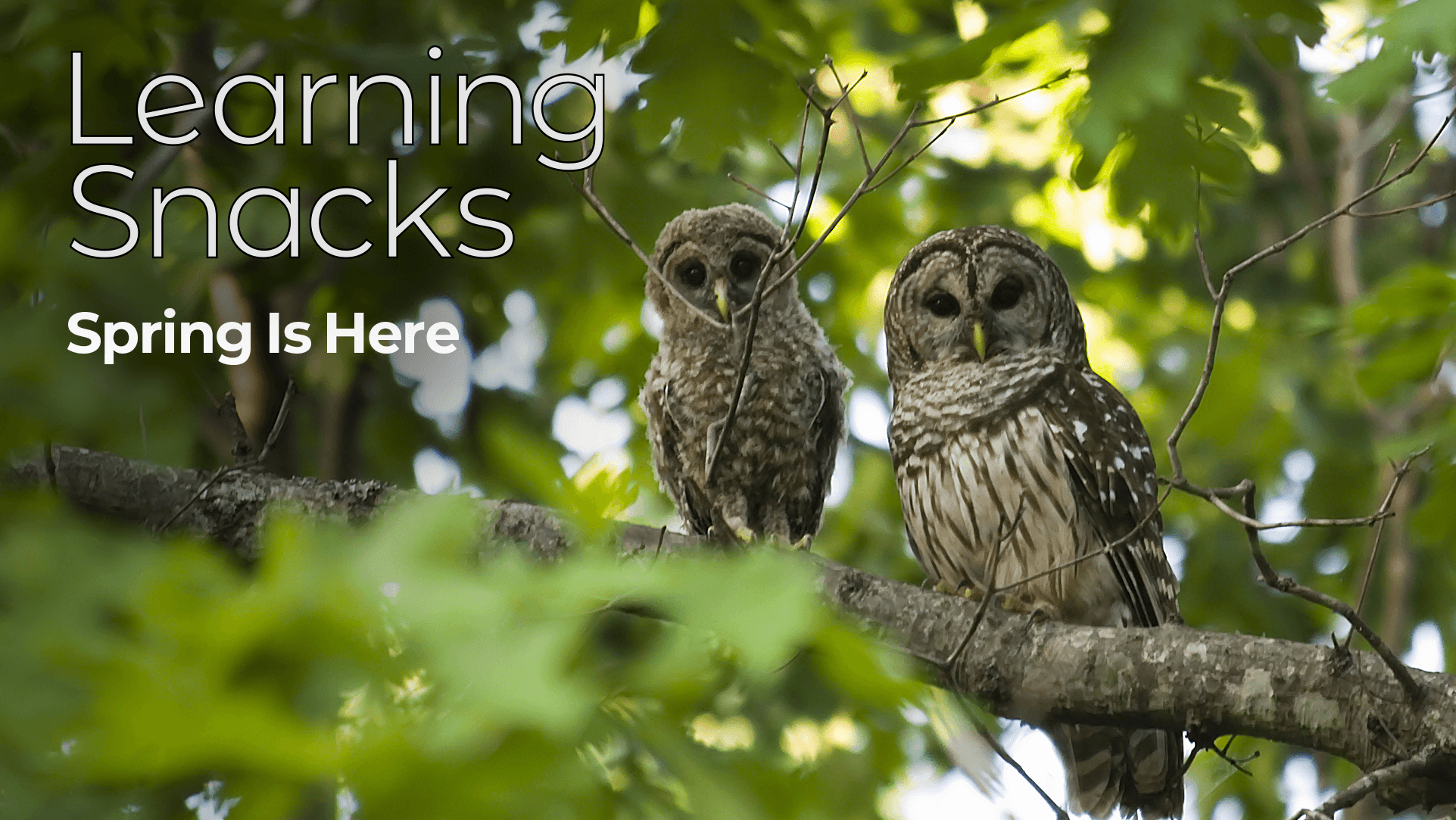
Spring is here and with it comes the birds, spring cleaning, and (finally!) warm days. Scarf down these quick learning snacks and then go play outside!
LITTLE:
Kids of any age can practice ornithology skills with Cornell Bird Cams – bring birds from all over the world into your classroom!
MIDDLE:
Get inspired by 11-year-old Sam whose home garden recipe, S5 or Sam’s Southern Savoring Salmon Supreme, won the White House Recipe challenge! We bet Sam’s already getting his garden growing this year. Let us know if you try his recipe!
BIGGER:
Don’t have a garden? Don’t worry! You can build one in a day, even at your school!
THINKALONG:
Something to consider: How you define gentrification probably has a lot to do with whether you’re the person moving into or out of a gentrifying neighborhood. Should gentrification be stopped?
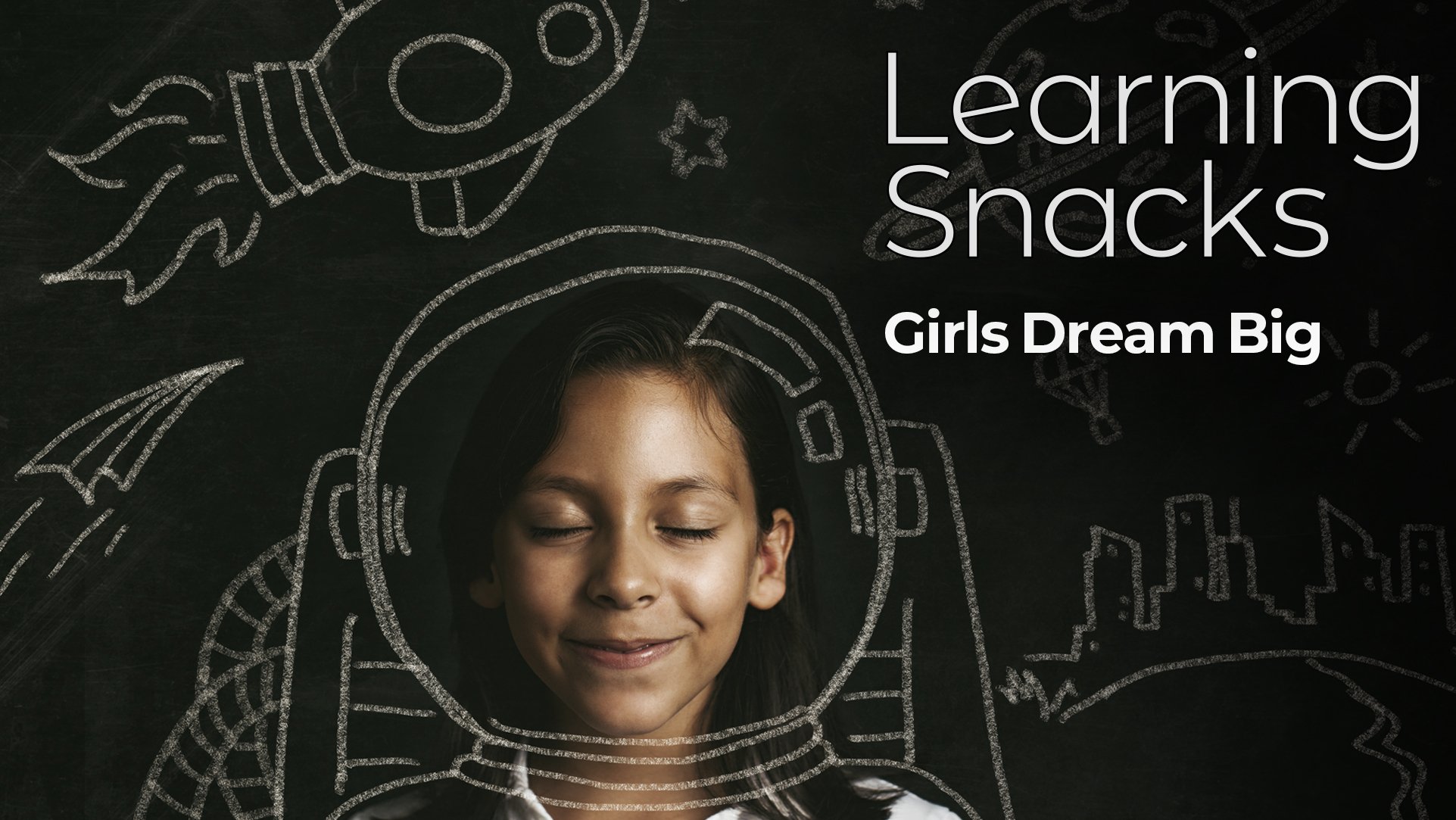
This week, in addition to celebrating the women of the world, we also run into the best math holiday: Pi Day. Celebrate women while you snack one of these deliciously simple apple hand pies.
LITTLE:
Even the littlest girls can dream big – be a doctor or an astronaut or just change the world.
MIDDLE:
Trailblazing women have had a magnificent impact on the world. Learn more about their work with these printable Trailblazer Bio Cards, featuring Ava DuVernay, Ida B. Wells, Mae West, and more!
BIGGER:
A young trans girl finally gets to be herself when she visits her aunt for the weekend, even though she didn’t come out publicly for another 50 years.
THINKALONG:
Something to consider: More often than not, male sports overshadow female sports. But both require a lifetime of dedication, very hard work, and sacrifice. Should professional sports organizations be required to pay their male and female athletes the same?
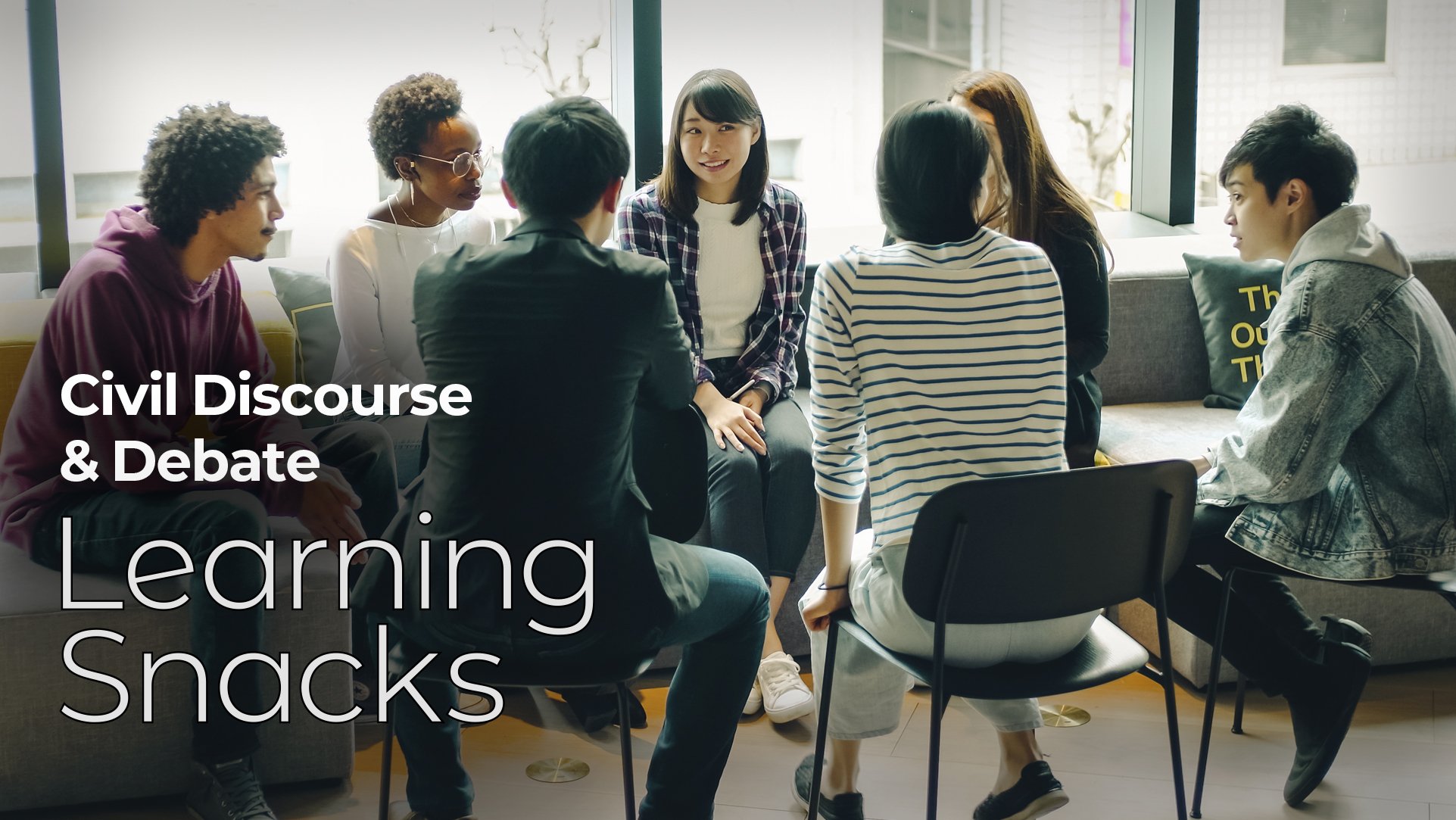
We interrupt our normally structured Learning Snacks to bring you something special for National Speech and Debate Education Day, celebrated annually on the first Friday of March. Before learners – or anybody for that matter – can get to the point of having a debate, they need reliable sources of information and skills to sift through the nonsense. That’s where public media shines. Here are some resources to get you started!
This pocket-size zine addresses media consumption and media production literacy. It’s double-sided and can be colored in during review! Here’s a short video to guide folding and cutting.
Use the Five Key Questions of Media Literacy from the zine above to work through our newest Thinkalong topic: Is daylight saving a waste of time?
Once you know the sources are good and your learners have worked up all kinds of opinions, use this structured discussion guide to lead the group through civic discourse.
To do their best, learners will need to know about logical fallacies and persuasive techniques. And while you’re at it, it’s important to note the nuance in any debate – nothing is really black and white except for these delicious cookies.
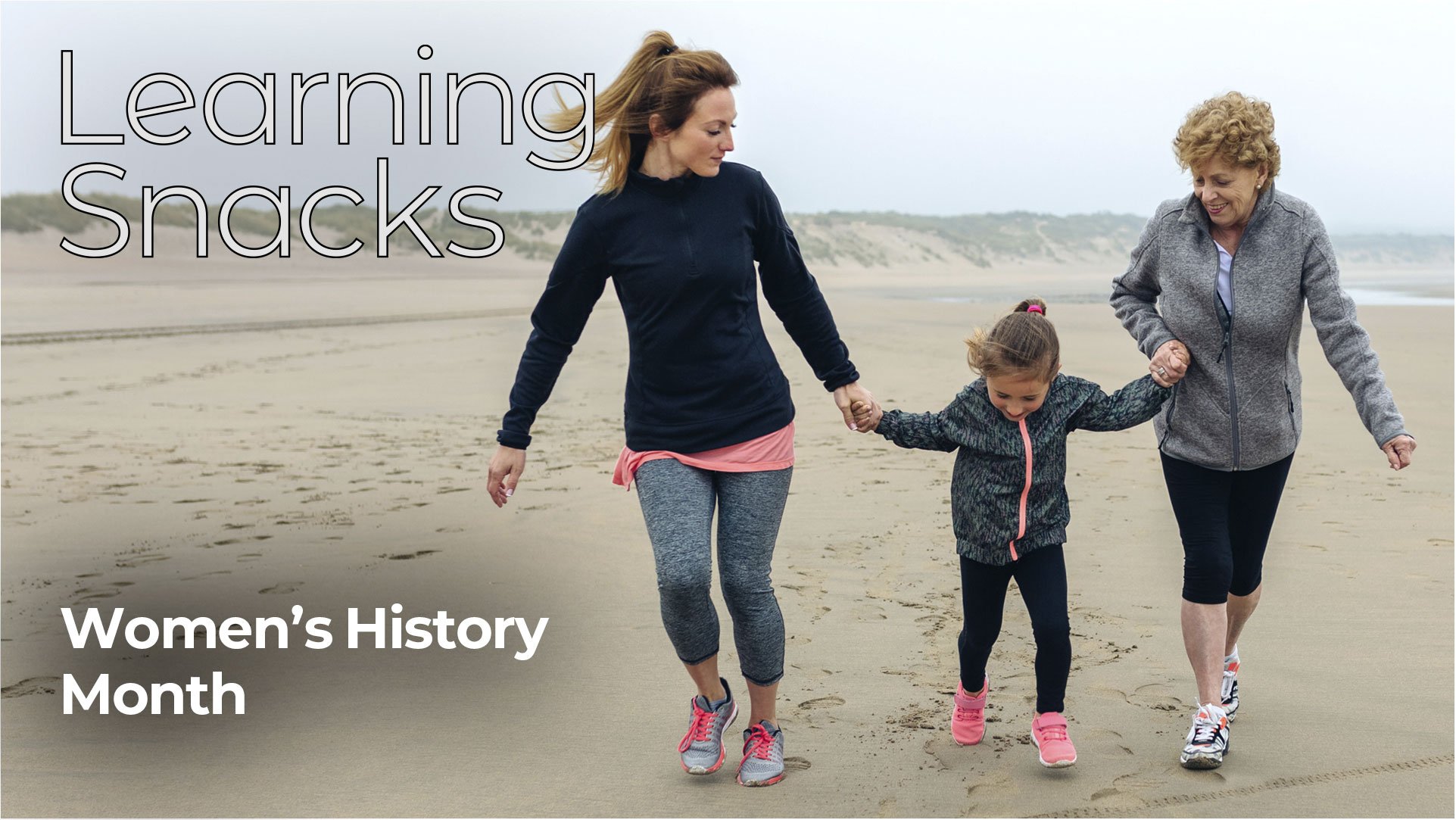
Women’s History Month happens in March every year. Let’s spend some time acknowledging the beauty and power of the women who came before us, who lead us now, and who are yet to come. Make yourself some ladyfingers in tribute to Julia Child and, well, ladies!
LITTLE:
Women have done amazing things in the world, and they deserve to be celebrated whether they’re famous, important, or just family.
MIDDLE:
“You don’t have to be a certain way to do something. You can rise up.” Even young women can make big changes.
BIGGER:
The women’s movement hasn’t always included all women.
THINKALONG:
Something to consider: Every human needs to eat, but the more of us there are, the harder that becomes. Fortunately, there’s a steady supply of healthy proteins from a surprising and plentiful source: bugs. Should we eat more bugs?
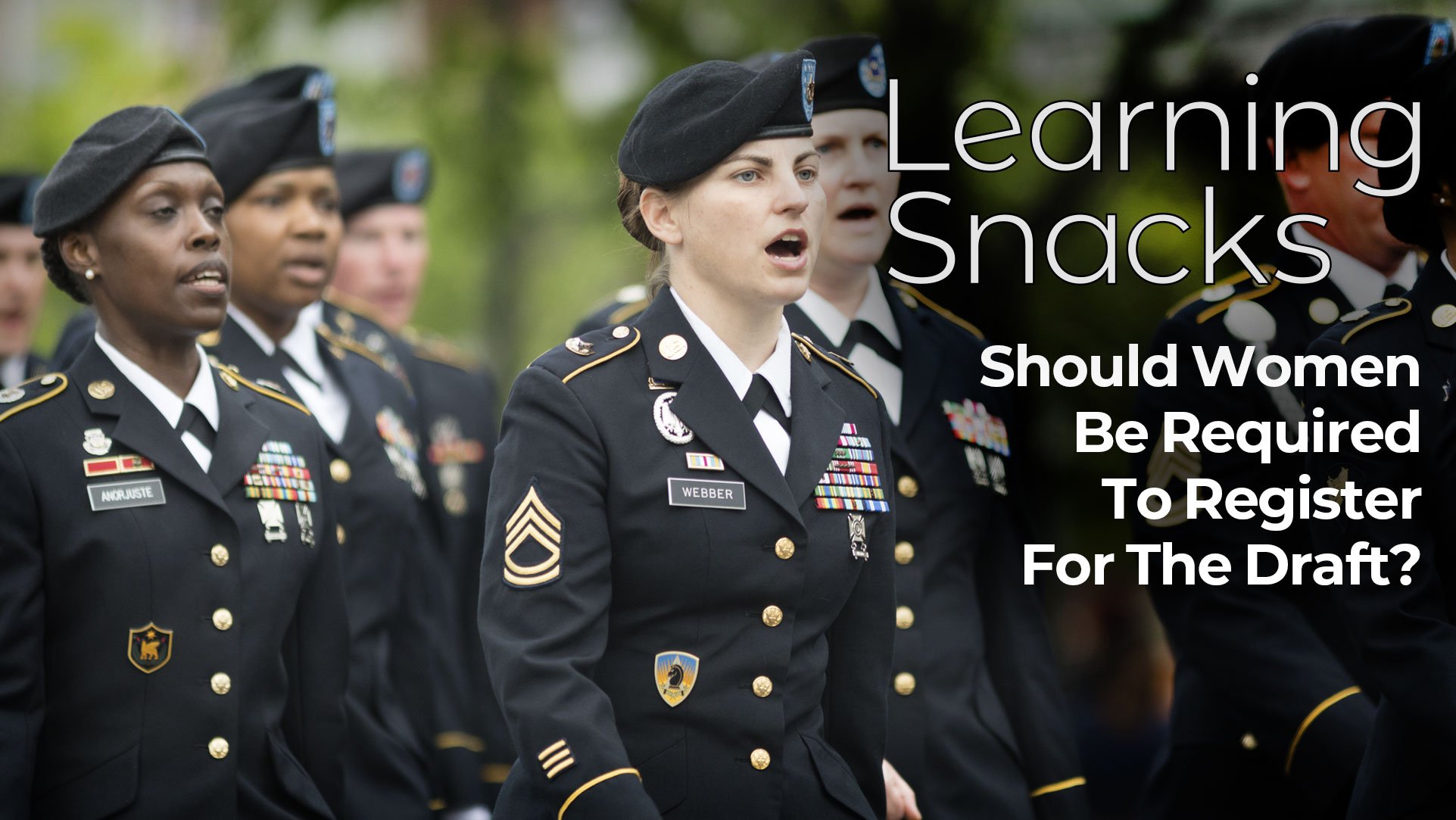
The last half of the school year is just kicking off, so make yourself up a batch of this DIY instant oatmeal and dig into all the snacks!
LITTLE:
Participation in classroom routines and rules is an important part of school. Let’s practice raising our hands to ask and answer questions!
MIDDLE:
These days, we live a lot of our lives online – even school! – and science says that impacts how we act. If the Internet’s making you feel meaner, you’re not imagining it.
BIGGER:
Dreaming about college? Hear from three Black student body presidents – firsts at Brown, Harvard, and MIT – about their leadership on campus.
THINKALONG:
Something to consider: The selective service system ensures the United States can activate a network for the Department of Defense, and even has a provision in place for accommodating registrants that are also conscientious objectors. Right now, it’s only for young men. Should women be required to register for the draft?
More to consider: This NPR report looks at how misinformation and disinformation can damage families and personal relationships, in addition to contributing to the political divide in our country.
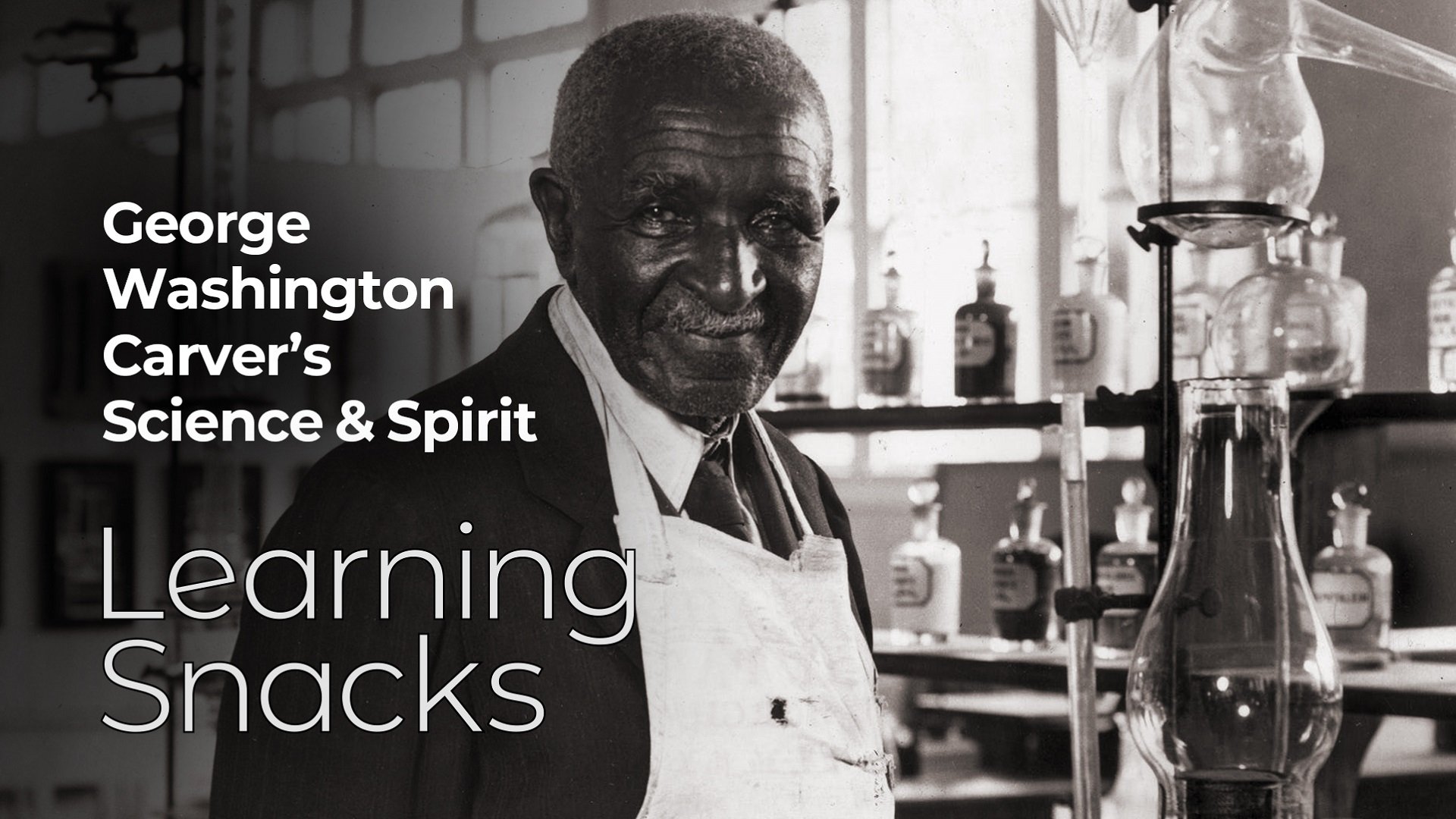
The second of three weeks to prepare for Black History Month – focusing on the beauty of our skin, and the incredible spirit of one scientist and one journalist to change the world.
A request from our friends at the News Literacy Project brings you our Something to Consider – a debate about whether nuclear power is better than fossil fuels. What do you think?
LITTLE:
Lupita Nyong’O and Elmo talk all about skin – how it helps you feel things hot or cold, furry or smooth, and all its different shades.
MIDDLE:
A testament to George Washington Carver’s power and spirit, and his unwavering dedication to his community. One of the foremost scientists in America, he had a singular focus on helping poor farmers thrive.
BIGGER:
A double snack to honor someone truly incredible. Charlotta Spears Bass used her newspaper to wage a bloodless but fearless war against segregation and discrimination. Black people, especially Black women, are still woefully underrepresented in American news rooms.
THINKALONG:
Something to consider: Is nuclear power a better option than fossil fuels?
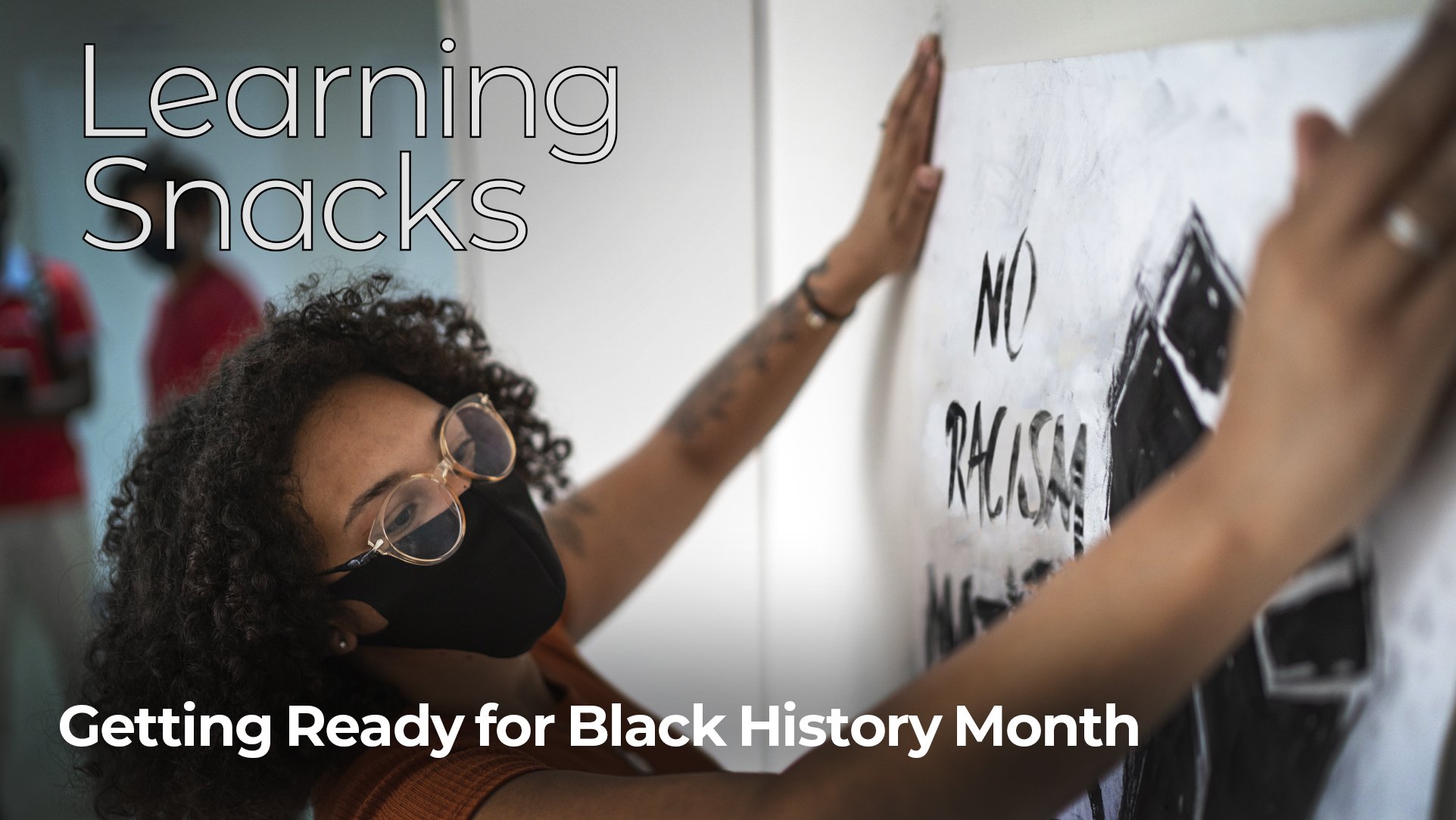
Prep for an impactful Black History Month. Help young children understand racism and how they can help, center Black joy and identities, and explore how effective donations to racial equity organizations really are.
LITTLE:
Arthur and Buster call on the wisdom of Mrs. MacGrady to learn how to talk, listen, and act to fight racism and stand up for what’s right.
MIDDLE:
Jock Doc Joel Boyd combines his love of science and sports as a WNBA team doctor, and shows us the inside of someone’s muscles.
BIGGER:
Donja Love practices “radical softness” to preserve his core self in a world where queer Black men are told to how to be.
THINKALONG:
Something to consider: Do donations to racial equity organizations actually help? Examine how donations impact racial equity.
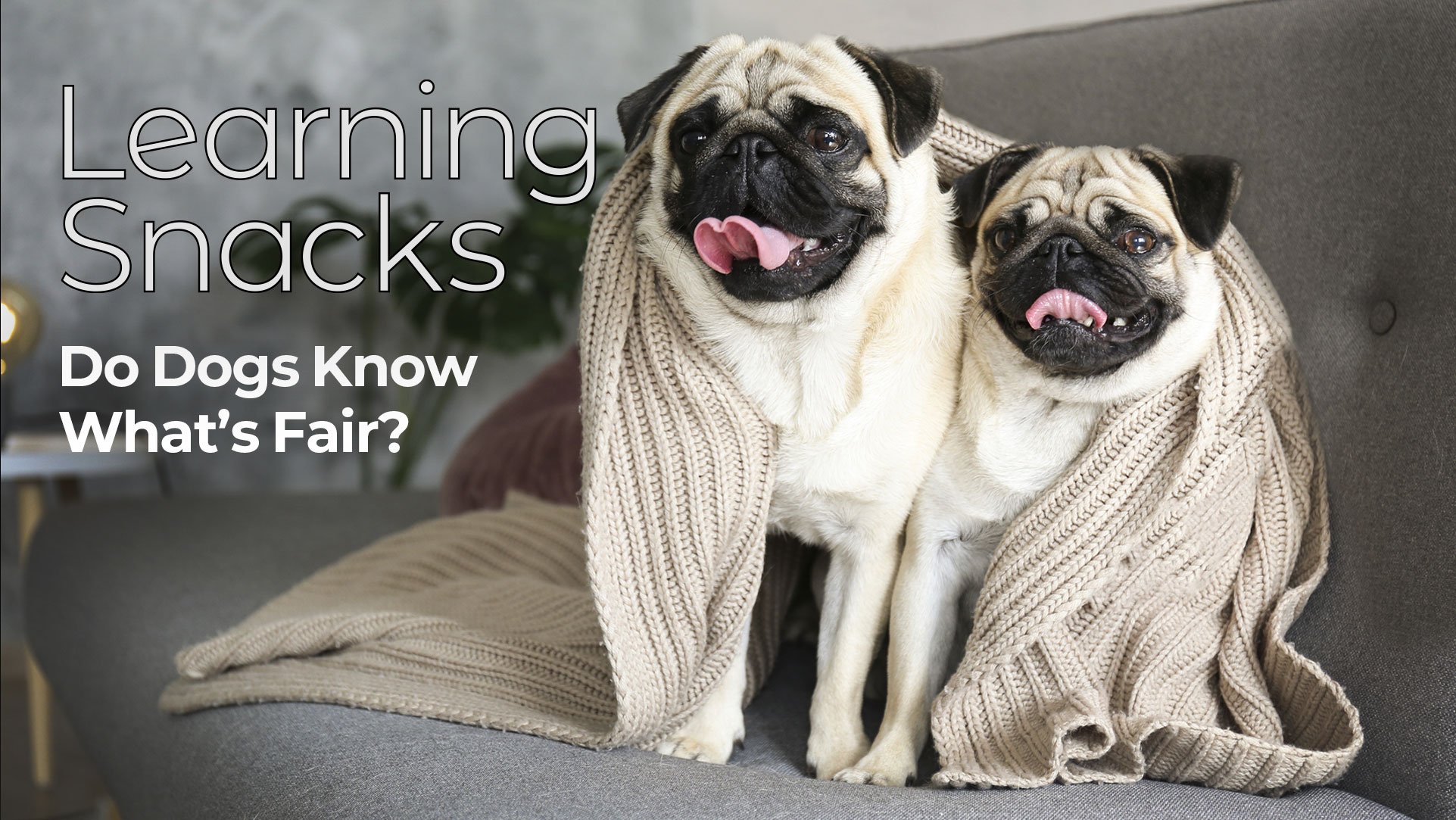
We’re serving up some wholesome Learning Snacks after a week full of extraordinary events and tough conversations. For a little support, we offer this basic guide from NPR to speaking with children about the recent insurrection at the U.S. Capitol. Dive a little deeper and provide some context with Facing History and Ourselves.
LITTLE:
Let’s pretend to be puppies. Some dramatic play with Pinkalicious and Peterrific!
MIDDLE:
Discover traveling whale songs full of trumpets, shrieks, grunts, and purrs. Whales have trends, too!
BIGGER:
Do dogs understand fairness? This pup goes on strike when she realizes she’s not being fairly compensated.
THINKALONG:
Something to consider: Should hate speech be protected by the First Amendment?
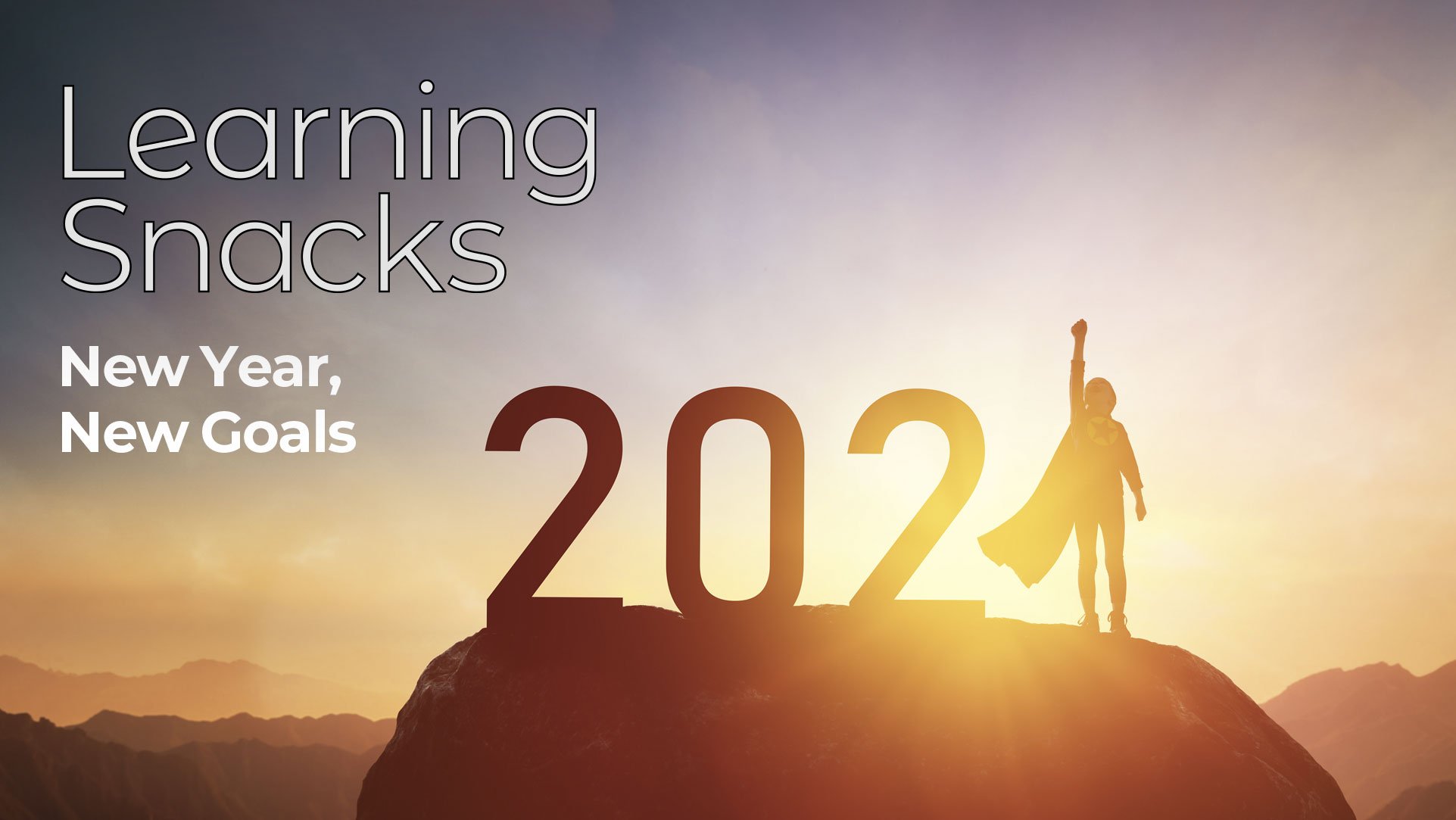
LITTLE:
#GOALS
Look back on last year and set goals for next with this New Year reflections worksheet from PBS KIDS!
MIDDLE:
Grubbing with Ramses
In an effort to keep busy, this teen became The Quarantine Chef.
BIGGER:
What’s In Your Playlist?
Every year needs an anthem, especially 2020. What was yours?
THINKALONG:
Something to consider: Should we raise the minimum wage to $15 per hour?
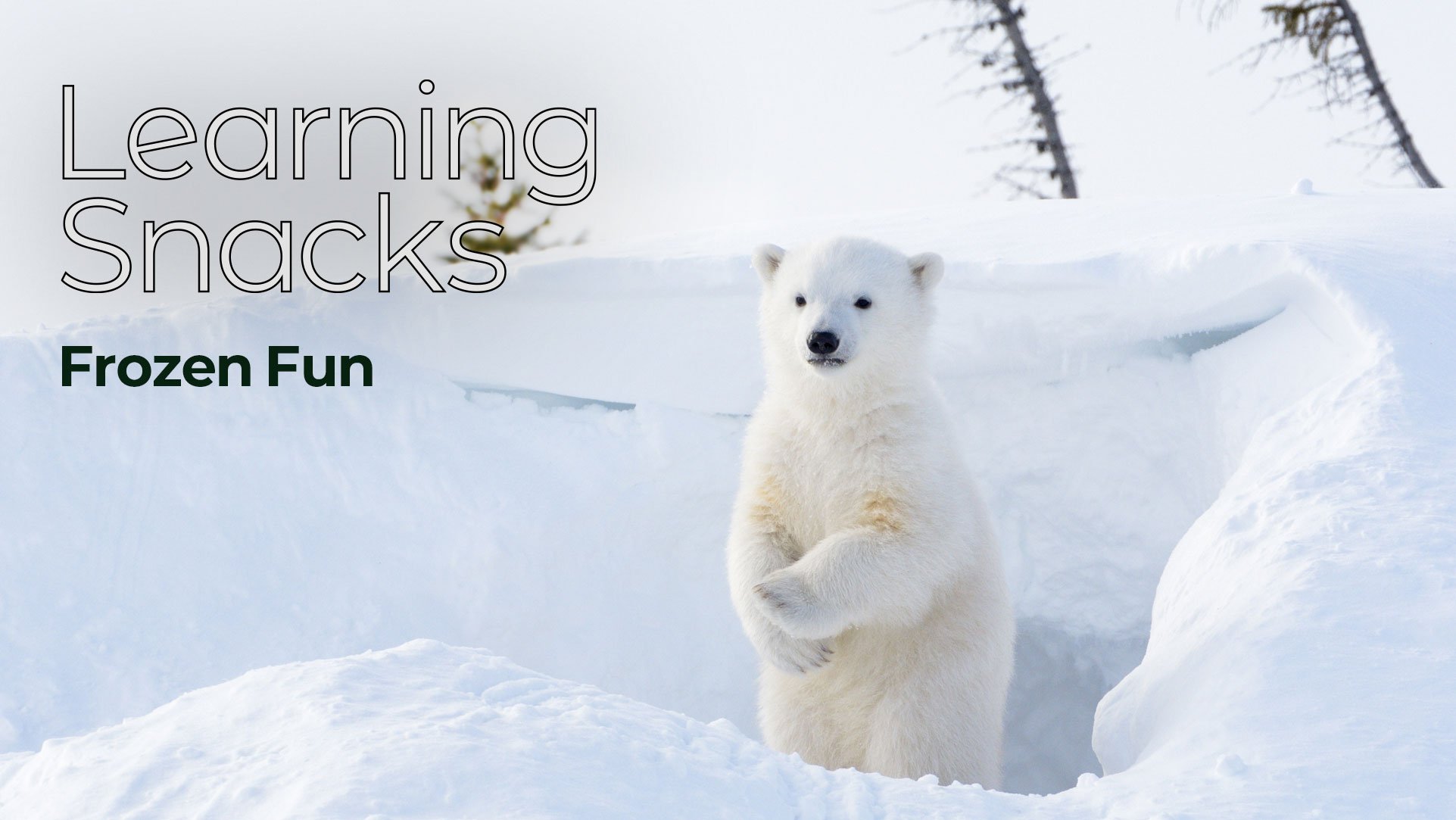
Learning happens everywhere. But right now, especially, a lot of learning happens at home. So we bring you weekly learning snacks, some tidbits, a few dollops of information to keep your knowledge oh-so-fresh. You’ll find something for kids who are little, kids in the middle, kids who are bigger, and something to consider – all from CT Public and the public media names you trust.
LITTLE:
Ticket To Slide
Polar bear paws are built for slick, icy surfaces. Create your own polar bear slip and slide to explore traction.
MIDDLE:
Flight Path
Peruse this interactive graphic timeline detailing the evolution of passenger air travel technology over the last 100 years.
BIGGER:
Going the Distance
A clever computer program named Orion solves the “Traveling Salesman Problem” that’s been plaguing package deliverers and confounding mathematicians for generations, all so more than 16 million packages can be delivered every day.
THINKALONG:
Something to consider: Should all companies that profit pay taxes?
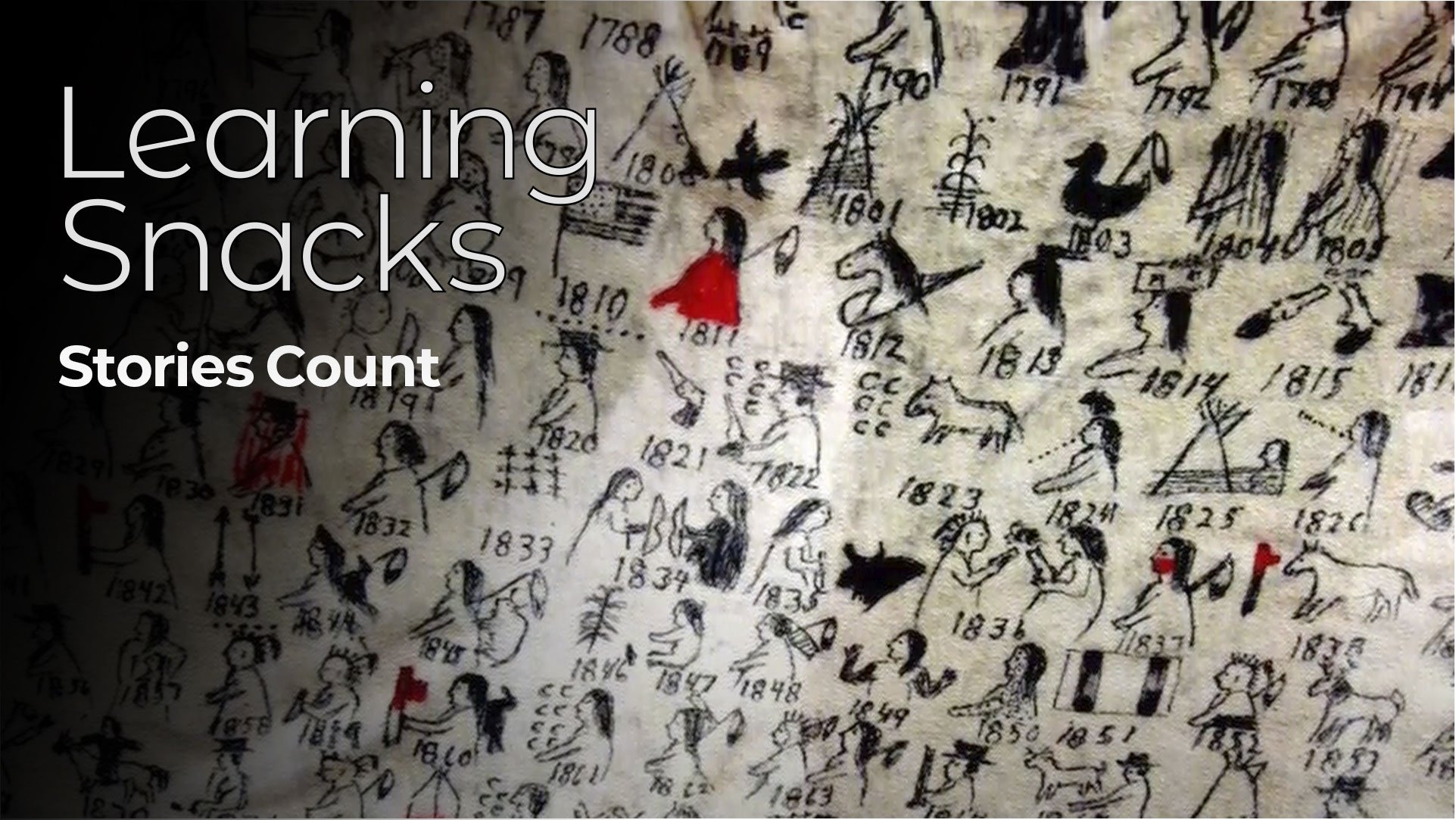
Learning happens everywhere. But right now, especially, a lot of learning happens at home. So we bring you weekly learning snacks, some tidbits, a few dollops of information to keep your knowledge oh-so-fresh. You’ll find something for kids who are little, kids in the middle, kids who are bigger, and something to consider – all from CT Public and the public media names you trust.
LITTLE:
Which Stories Count?
Winter counts are pictographic historical records used by many Plains Indian Nations to maintain a communal memory and aid the groups’ oral historians. What would your community include in their winter count?
MIDDLE:
Frozen!
The host calls it “spontaneous resumption of function” which is fun to say, but essentially frogs can freeze themselves solid with no heartbeat for weeks at a time and come back to life in spring. Sign me up!
BIGGER:
Tangled
Math proves that Christmas lights are almost impossible to keep untangled, and if Santa is real his reindeer are all female.
THINKALONG:
Maybe you’re flush with it or maybe it’s the root of all evil, but cash seems to be going out of style. Weigh the pros and cons and decide – Should we become a cashless society?
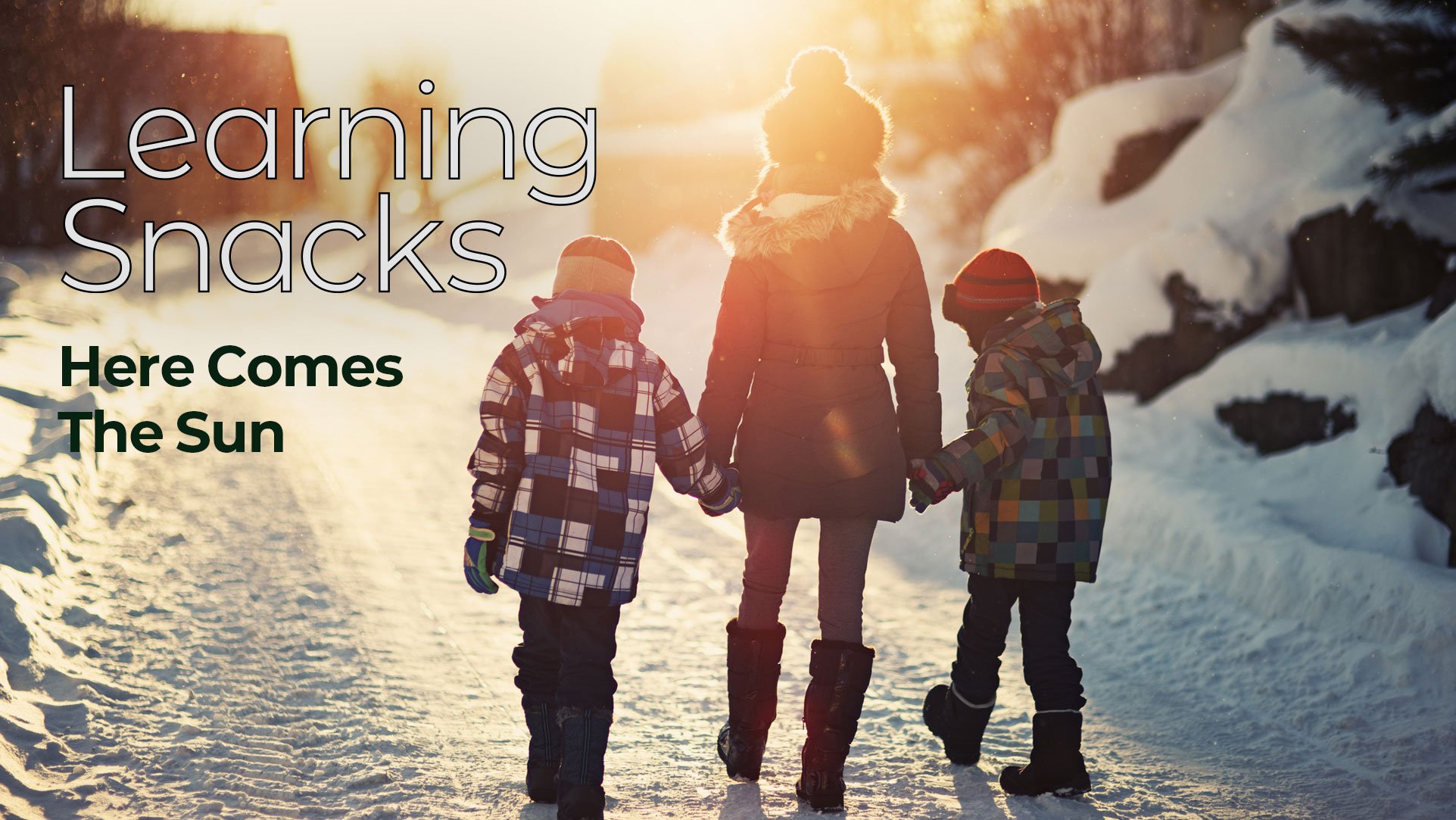
Learning happens everywhere. But right now, especially, a lot of learning happens at home. So we bring you weekly learning snacks, some tidbits, a few dollops of information to keep your knowledge oh-so-fresh. You’ll find something for kids who are little, kids in the middle, kids who are bigger, and something to consider – all from CT Public and the public media names you trust.
LITTLE:
Here Comes The Sun
The solstice is approaching next week and the days will get ever-longer. Explore how the sun’s position in the sky changes throughout the year.
MIDDLE:
Thundersnow!
Large swaths of Connecticut are under a winter weather advisory, and some of them might experience thundersnow – what the heck is thundersnow!
BIGGER:
Flying Machines
December 17th marks the anniversary of Orville and Wilbur Wright’s first successful mechanically-propelled flight in 1903. This delightful media gallery, complete with primary sources from the Library of Congress, follows their journey from playing with a toy helicopter to pioneering modern flight.
THINKALONG:
Video-based security solutions are proliferating across the globe, some of them offering facial recognition software. Should law enforcement agencies have access to facial recognition software?
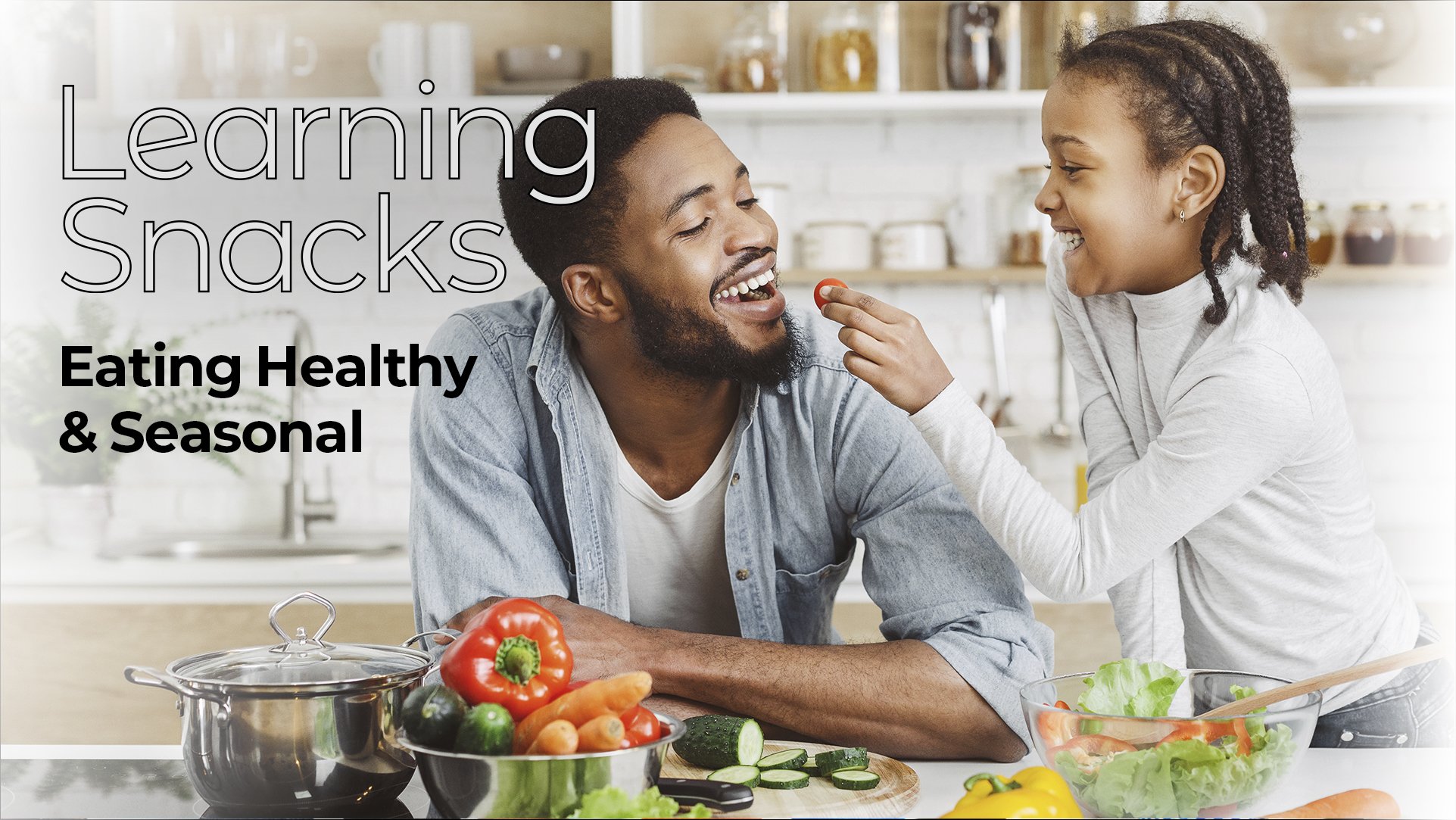
We’re nearing what is technically the last week of fall and for all of us local vegetable eaters out there, that means a more limited selection of foods for the next several months. So for these final days, lettuce feast and be merry. Wanna know what’s in season now? The U.S. Department of Agriculture offers a seasonal produce listing, a whole site for recipes, and even some thrifty holiday menu guides! Take a peak and see if you can’t mix up a seasonal snack.
In addition to eating our fruits and veggies to stay healthy, in 2014 the United Nations General Assembly declared December 12 to be Universal Health Coverage Day. This is an international development goal – to ensure that everyone, everywhere have access to quality, affordable health care.
At the same time (for all the adults in the room) America’s open enrollment period for health insurance ends, cementing access or a lack thereof to healthcare for the following year and determining each persons’ cost, deductible, and coverage. There’s been a pretty public and often political debate about universal health care, aka single-payer health insurance, and whether it’s something the United States wants to sign up for – so we’re going to debate it, too!
What do you think – Should America move to a single-pay health insurance system?
Educators – the Thinkalong team wants to see you on social! We’re regularly announcing updates, offering training opportunities, and hosting structured discussions for interested learners – how can we support you in bringing media literacy to the young folks in your life? Let us know @thinkalong123 on Twitter or facebook.com/thinkalong123
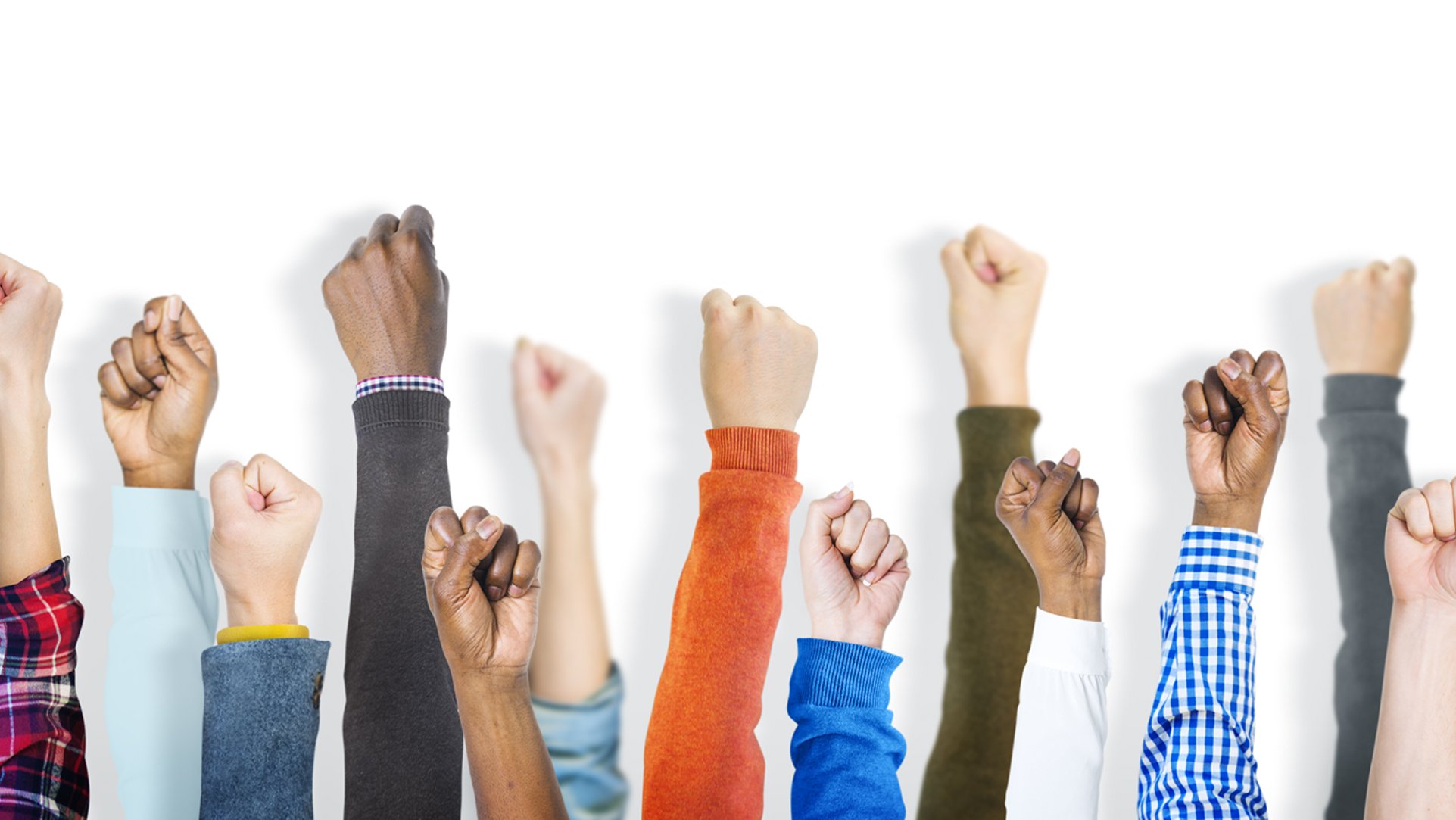
December is Universal Human Rights Month and there’s a lot to learn about global human rights, starting with the United Nations’ Universal Declaration of Human Rights. It was written in 1948 and calls for “fundamental human rights to be universally protected”. It’s been translated into more than 500 languages and sets a standard by which all people should be treated.
Human Rights pop up in the news on the regular – so take a few minutes to explore these Human Rights issue pages from PBS NewsHour, NPR, and Democracy Now! It’s likely that your favorite news source also has a Human Rights topic page – just type the source and “human rights” or #humanrights into your browser and bask in the glory of a wide range of web-based resources.
Human rights issues often have a common denominator – money. When people don’t have enough of it, or are desperate to earn it, bad situations can arise. Some people argue that governments could provide a Universal Basic Income, commonly referred to as UBI, to ensure that all people can meet their basic needs. Others say the expense is too high. Check out the module – Should governments provide universal basic income? – to help you decide how you feel on thinkalong.org.
Educator Resource: Free education in the primary grades is one of the universal human rights sought by the UN. Globally, when access to education intersects with girls, there is not equity. Girls Speak Out is a lesson plan about universal access to primary education, a human right, and gender equity.
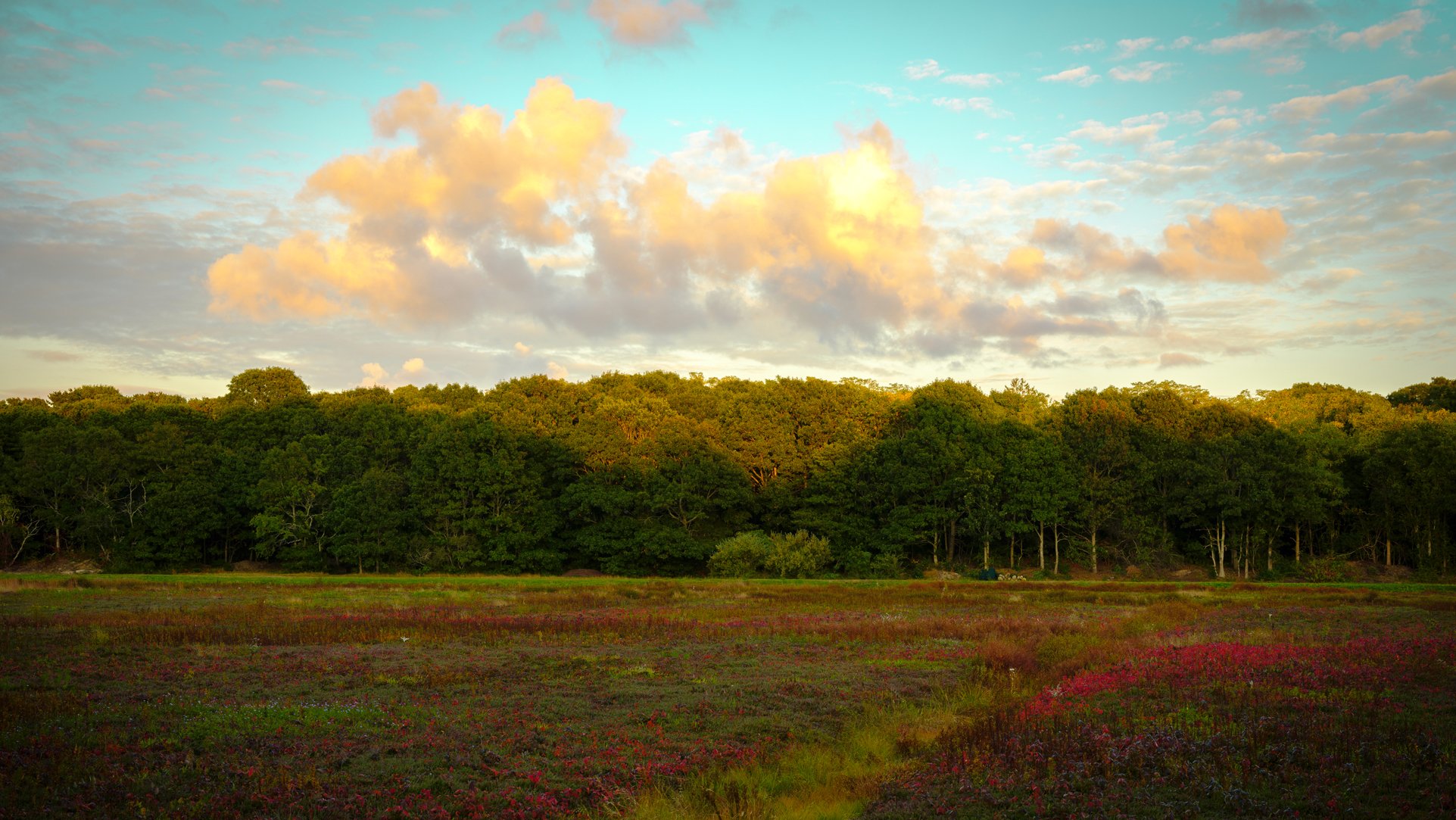
Some Thanksgiving learning snacks that leave room for the main meal!
The Thanksgiving story is well-known by American children and so well-rehearsed that it can be told in under a minute. I found this video explanation about Thanksgiving on PBSLearningMedia to sum up what you probably already know about Thanksgiving – how close is it to what you were taught? This is a comforting story, but it’s not true.
How much of what you know about Thanksgiving is actually fluff? Odds are – a lot. This 400-year-old tradition has been recast as a joyous and bountiful occasion, but for Native Americans and Colonial Americans alike it was also a time of sadness and grieving. Learn the true story of the first Thanksgiving.
If the story you learned about Thanksgiving in grade school is a myth, then its perpetuation – like most misinformation – is harmful, especially to the Native people whose perspective is often left out. In 1970, a Wampanoag elder – Tall Oak – and other activists started The Day of Mourning, also on the 4th Thursday of November, to tell the story of how his and other Native people were subjugated by the first settlers. We bet your social studies text book was published more recently than 1970, so why was this part of the story left out? Use the 5 Key Questions/Concepts of Media Literacy to explore some possibilities.
 Objects on display in museums often have long and complicated histories of ownership. Artworks can be purchased, exchanged, and given as gifts, but they can also be stolen or looted. During the era of Colonialism, European powers claimed vast lands and enslaved large populations; they also took ownership over cultural objects. Many consider these artworks stolen and believe they should be returned to their original cultures. Others argue these artifacts can have a more profound educational impact on a wider audience if they remain in Western museums. The question remains, who owns these historical objects?
Objects on display in museums often have long and complicated histories of ownership. Artworks can be purchased, exchanged, and given as gifts, but they can also be stolen or looted. During the era of Colonialism, European powers claimed vast lands and enslaved large populations; they also took ownership over cultural objects. Many consider these artworks stolen and believe they should be returned to their original cultures. Others argue these artifacts can have a more profound educational impact on a wider audience if they remain in Western museums. The question remains, who owns these historical objects?
Gratitude and giving thanks – regardless of this American holiday – are important ways to remember the best parts of life. And Thanksgiving has a way of bringing out storytellers, nostalgia, and hand-me-down life lessons. Every year, StoryCorps conducts a Great Thanksgiving Listen to encourage families to record stories. Check out this heartwarming story about Saboor Sahely who opens his doors to the community every Thanksgiving for a free meal.
If you’re an educator who wants to expand your students’ and own understanding of Thanksgiving as a historical event, check out this PBS NewsHour lesson plan. Or, if you love oral history, journalism, storytelling, and giving your learners an authentic audience – here’s the library of materials for participating in The Great Thanksgiving Listen!
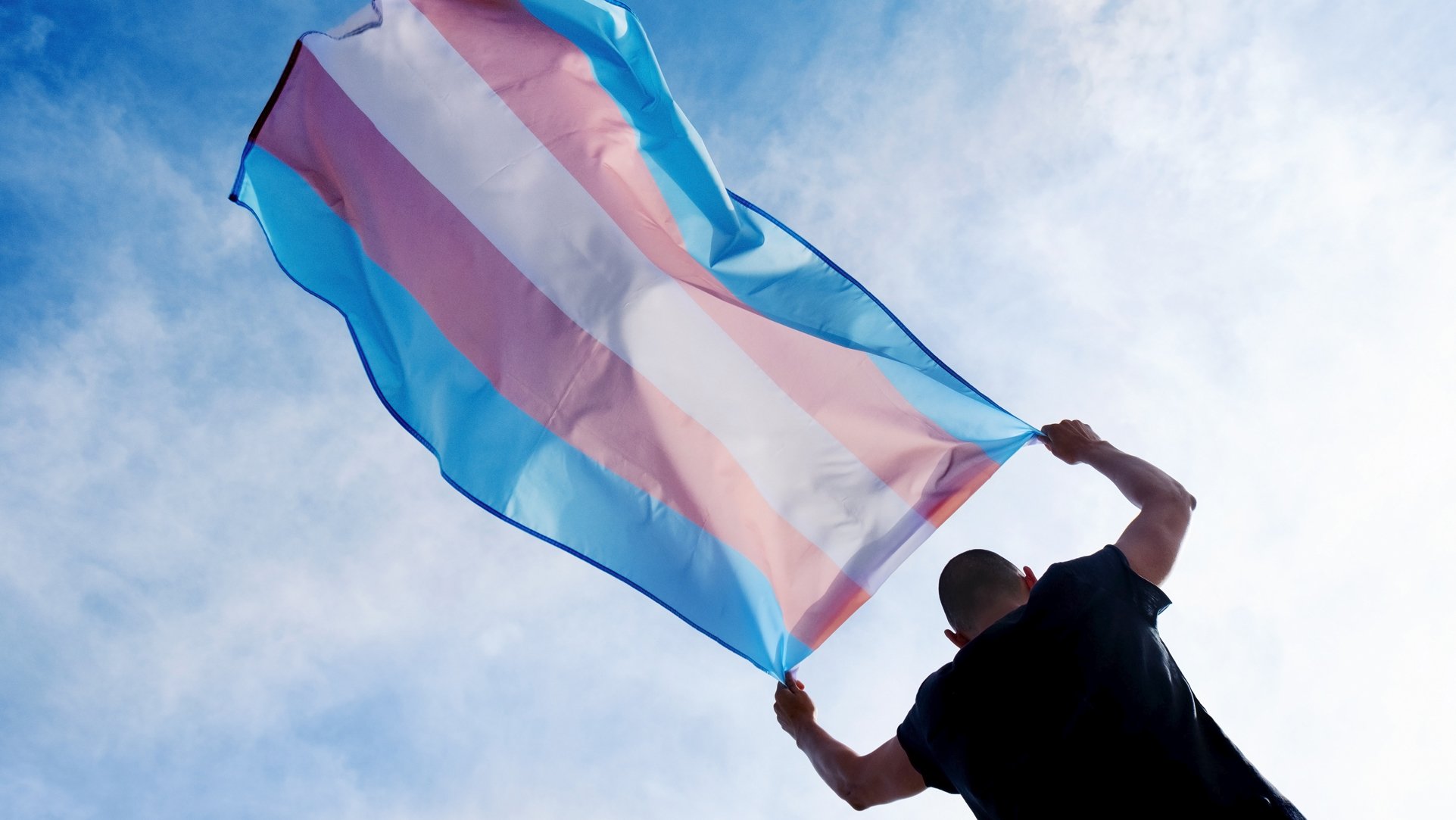
Transgender Awareness Week begins November 13th and it’s a great time to learn more about the trans community. While these aren’t little learning snacks, this week is so important that we’re offering some full-length education. Growing Up Trans is a documentary series from PBS Frontline focused on the experience of kids who transition and their families.
The Wilson Branch library is hosting Trans Narratives: A Panel Discussion with artists, academics, activists, and more! to “bridge our understanding of trans and non-binary communities” on November 16th at 6pm. End the week by memorializing those lives lost to transphobia, during the Trans Day of Remembrance on November 20th and commit to supporting trans and gender non-conforming youth.

NaNoWriMo – looks like a bunch of nonsense if you don’t know what to look for, but that funky word is an abbreviation for National Novel Writing Month – which happens throughout November. You’re right to be skeptical; writing a novel takes a LOT of time. If you’re interested in committing to the task, the organization has writing prompts, structures, and challenges all year round. Take a minute to learn about it, and maybe schedule yourself some little writing snacks throughout the week to participate!
Before you get started, here’s a quick tip from the Center for Media Literacy. Media literacy isn’t just about protecting yourself from bad information! Evaluating how your audience might interpret your project, deciding what you’re really trying to say, and using appropriate ways to present your ideas can make your novel, social post, or school project exactly what you want.
Ask yourself these questions to make good media:
- What am I authoring?
- Does my message reflect understanding in format, creativity, and technology?
- Is my message engaging and compelling for my target audience?
- Have I clearly and consistently framed values, lifestyles and points of view in my content?
- Have I communicated my purpose effectively?
There are young folks all over the internet producing content – and a lot of them demonstrate critical media literacy skills! Check out this blog post from our advisor and a seasoned media literacy fangirl, Azsaneé Truss, that highlights some of her favorite youth TikTok producers and why their content is oh-so-media-literate!If you’re an educator who wants to inspire young authors, this PBS professional learning series – For the Love of Lit – is an excellent, 1-hour introduction to inspiring youth authors. Combining mentor texts from the Great American Read and NaNoWriMo can lead your classroom to new literary heights!
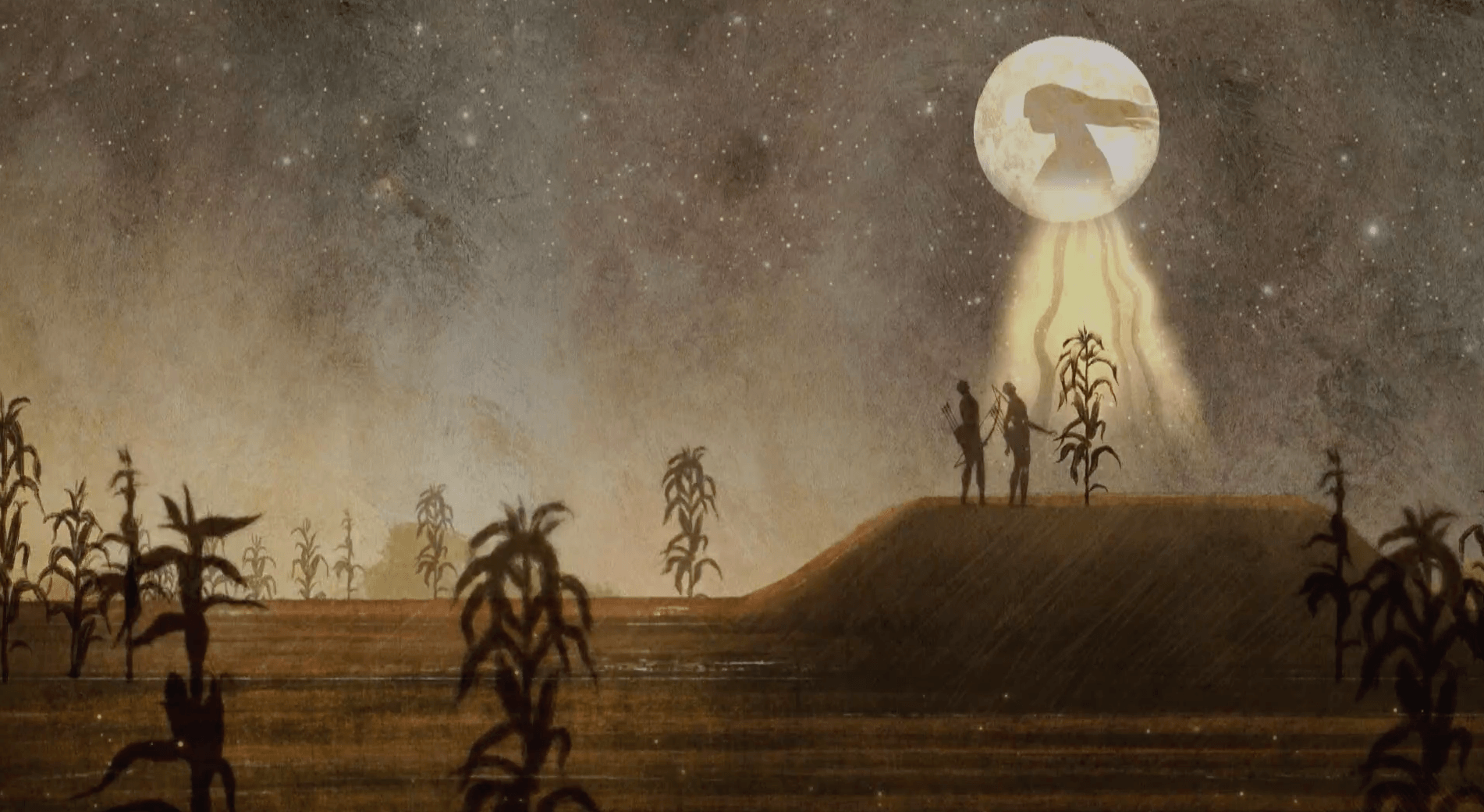
It’s Native American Heritage Month
Part of Thinkalong’s goal is to encourage people to have conversations that deepen our understanding of the world around us, including Indigenous history. Please take a moment to acknowledge that the land in Hartford on which the Connecticut Public offices stand today was once occupied by — and, at times in history — forcibly taken from the Tunxis, Sicoag, Wangunk, and Poquonock people. If you’d like to identify the tribes that called the land you stand on home, check out this interactive map.
Origin Stories
The Choctaw people tell a sacred story of a mysterious woman gifting them corn. As the tale goes, two hunters came upon the woman standing on an earthen mound. When they offered her food, she disappeared into the sky and corn grew in her place. Watch the full animated story and learn more about the importance of earth mounds and corn to native people.
What’s In A Name?
Across the United States, the influence of indigenous language is clear. Many state’s names – not to mention rivers, mountains, and other geographic spaces – are derived from indigenous words. Connecticut is a Mohegan-Pequot word that means “long tidal river” or “upon the long river”. So is it different when a sports team employs Native American imagery, names, or mascots to root for a sports team? Dive into this Thinkalong module and decide for yourself!
Native Voices
There is a LOT of history to be taught when it comes to Native people, including the ways in which colonialism impacted the Americas’ first nations. Use this interactive guide to trace the history of major events and writings featured in the video Native Voices with this timeline. The American Passages series from PBS features interviews with scholars and readings from major works of American literature.
Find out more at Thinkalong.org, and see what you — and your friends —think about these issue, and others.
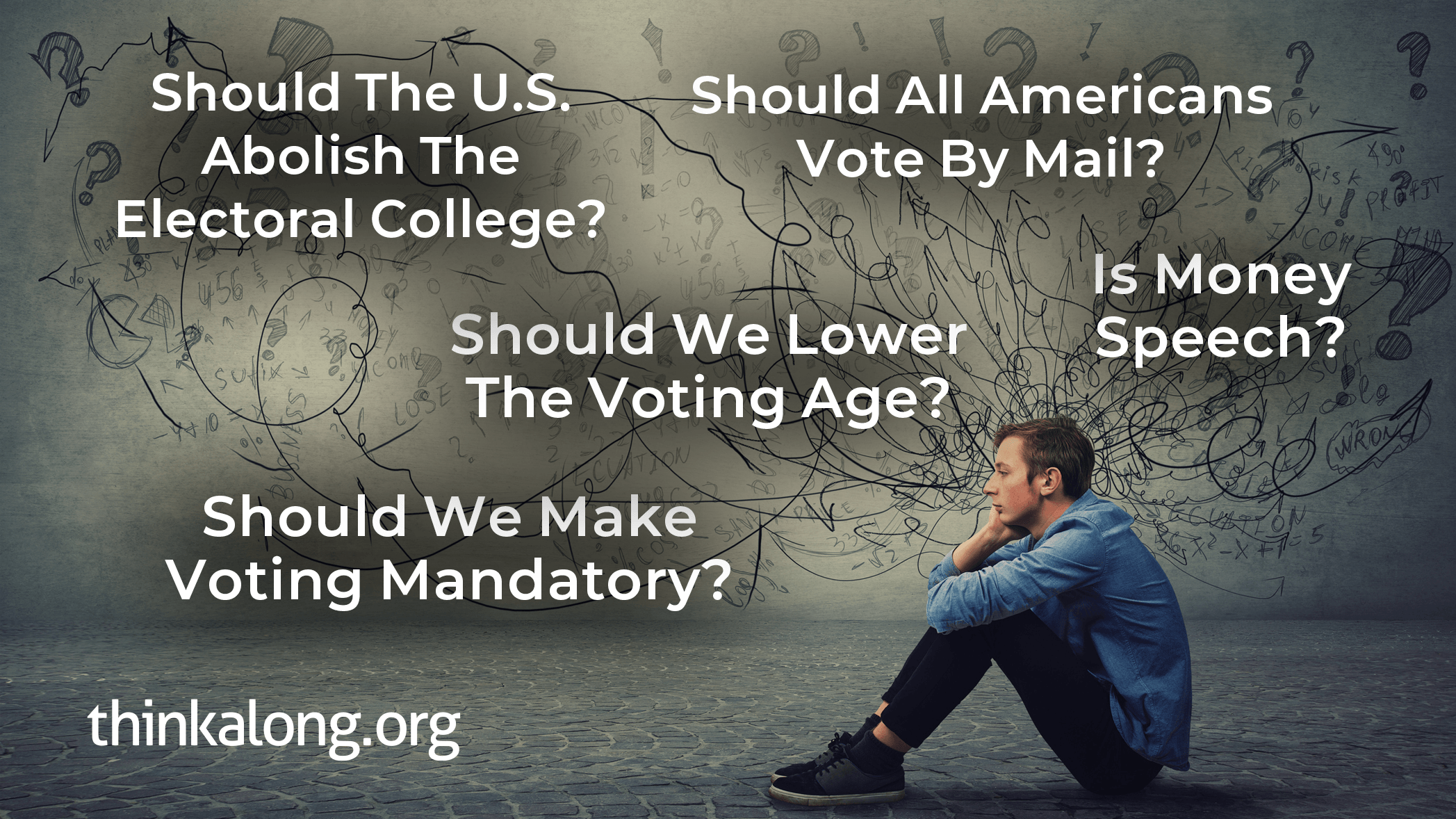
This week we interrupt our regularly scheduled Learning Snacks to deliver you some support during this particularly intense season.
You already know the 2020 Presidential election is right around the corner, and WOW has this season been a whopper! Lots of educators walk a thin line – keeping their own opinions out of the lesson, but still necessarily talking about politics, the 2020 election, and what’s happening in the media surrounding both. If you’re looking for opportunities to engage learners in structured civic discussions about all things election without the risk of a tight rope walk, check out the Thinkalong topics below.
Is Money Speech? In 2010, the Supreme Court decided in the landmark case Citizens United v. Federal Election Commission to deregulate campaign donations made by corporations and labor unions. This decision allowed these organizations to spend unlimited amounts on issue advertising and contributions to political organizations. Is unlimited spending by large political donors constitutional or does it impede fair and ethical politics?
Should all Americans vote by mail? In a democracy, every eligible voter has the right to cast a ballot and have it counted. While each state determines its own voting laws in the U.S., many people have begun pushing for all states to accept ballots by mail, especially as the Covid-19 pandemic threatens to keep voters from heading to the polls in person. Opponents say mail-in voting can cause all kinds of problems, including uncounted ballots and voter fraud. Is universal vote-by-mail pushing the envelope?
Should the U.S. abolish the electoral college? The Electoral College votes every four years to elect the President and Vice President. Some proponents argue that one person should equal one vote, and that the electoral college takes power from the people. Others argue it’s a vital component of states’ rights and to eliminate it would mean the most populous states have too much control.
Should we make voting mandatory? In the 2016 election, only about 6 in 10 eligible voters cast ballots and turnout was especially low for voters under 30. Some countries, like Australia, increase voter turnout by making it mandatory. Prominent activists, academics, and lawmakers say that mandatory voting will strengthen our democracy, while others remark that the right to vote also includes the right not to vote.
Should we lower the voting age? Voting rights are always a topic of conversation during election season and even well afterward, but some teens under voting age are bringing national attention to their own inability to vote. They say that teens pay taxes and are mature enough to understand the consequences of their vote, but critics say the responsibility is too much
Find out more at Thinkalong.org, and see what you — and your friends —think about these issue, and others.
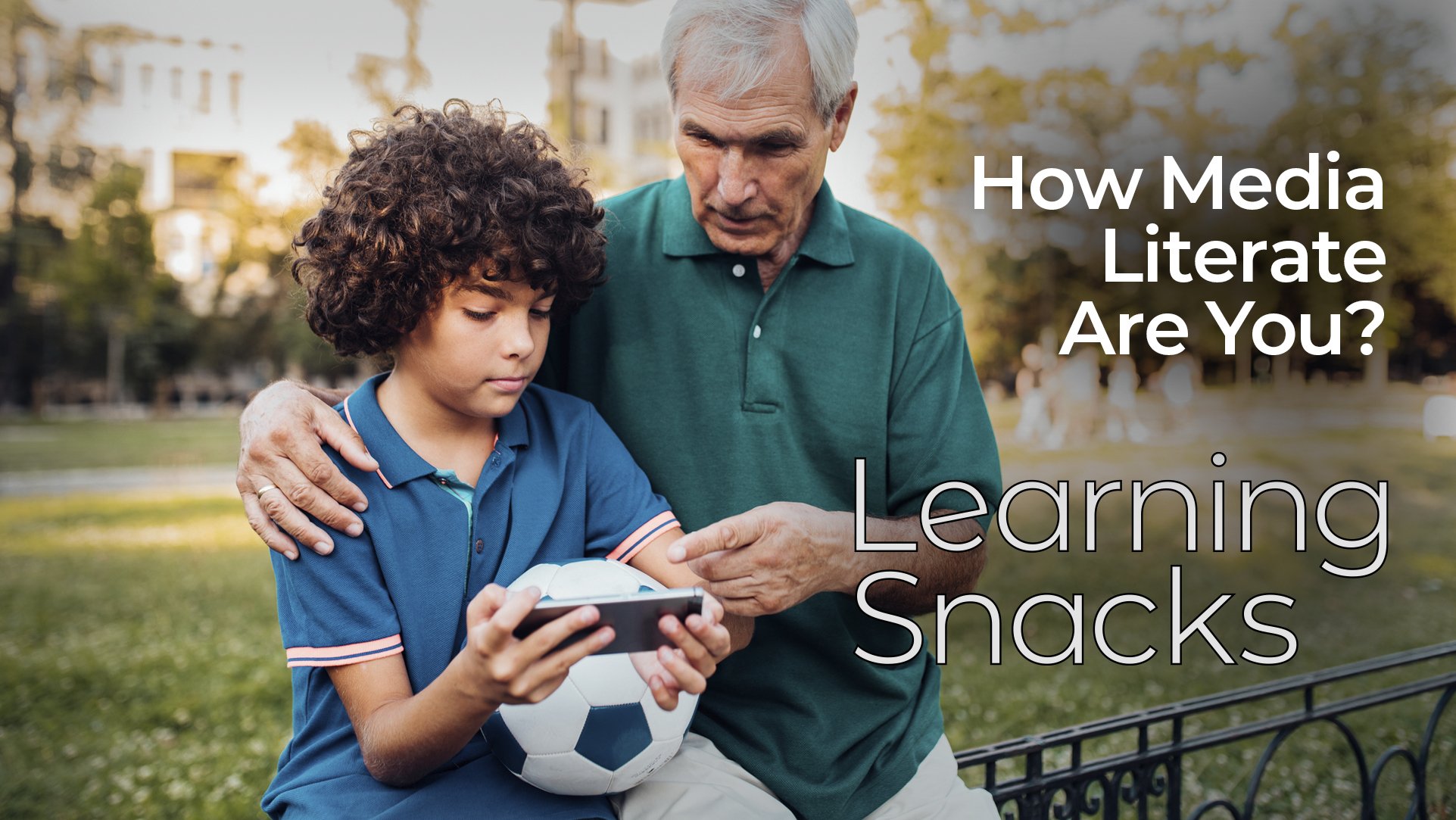
The 6th annual U.S. Media Literacy Education Week starts October 26, 2020 and there has never been a better time to learn how to analyze media. MLE week aims to “highlight the power of media literacy education and its essential role in education all across the country.”
We are HERE FOR IT!
Join us online to take part in an educator training on October 26th at 6PM and/or participate in a live structured discussion to see what Thinkalong looks like in action!
Media Literacy is one part of digital citizenship, which involves basically your whole existence online. The internet is tricky, but this super cute game – Digital Compass – helps you sort it out. Choose a character and decide how the story progresses – will you be a supportive friend or a secret investigator? Will you share that embarrassing text with just one person or take it to the grave? Play and find out!
A cool note: Digital Compass is from Games for Change, a rad organization that uses gaming for good. They have a student game design challenge open RIGHT NOW around news literacy. Submissions are due in April 2021 and they have a gajillion resources to help you make it happen. Go forth and make games.
THINKALONG wants you to question …
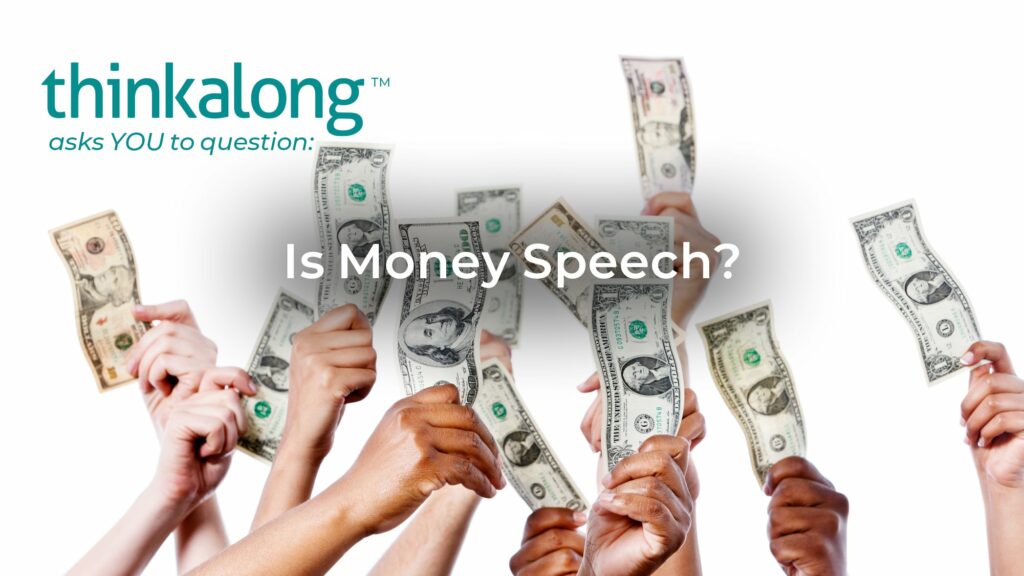 The decision in the case of Citizens United v. Federal Election Commission to deregulate campaign donations made by corporations and labor unions allowed these organizations to spend unlimited amounts on issue advertising and contributions to political causes. Advocates of unregulated campaign spending argue that spending money on campaigns is protected under the Constitution as the right to exercise free speech. Opponents state that politicians are inevitably indebted to these large organizations when they accept donations, potentially leading to corruption and unethical behaviors within the government. Is unlimited spending by large political donors constitutional or does it impede fair and ethical politics?
The decision in the case of Citizens United v. Federal Election Commission to deregulate campaign donations made by corporations and labor unions allowed these organizations to spend unlimited amounts on issue advertising and contributions to political causes. Advocates of unregulated campaign spending argue that spending money on campaigns is protected under the Constitution as the right to exercise free speech. Opponents state that politicians are inevitably indebted to these large organizations when they accept donations, potentially leading to corruption and unethical behaviors within the government. Is unlimited spending by large political donors constitutional or does it impede fair and ethical politics?
Find out more at Thinkalong.org, and see what you — and your friends —think about this issue, and others.
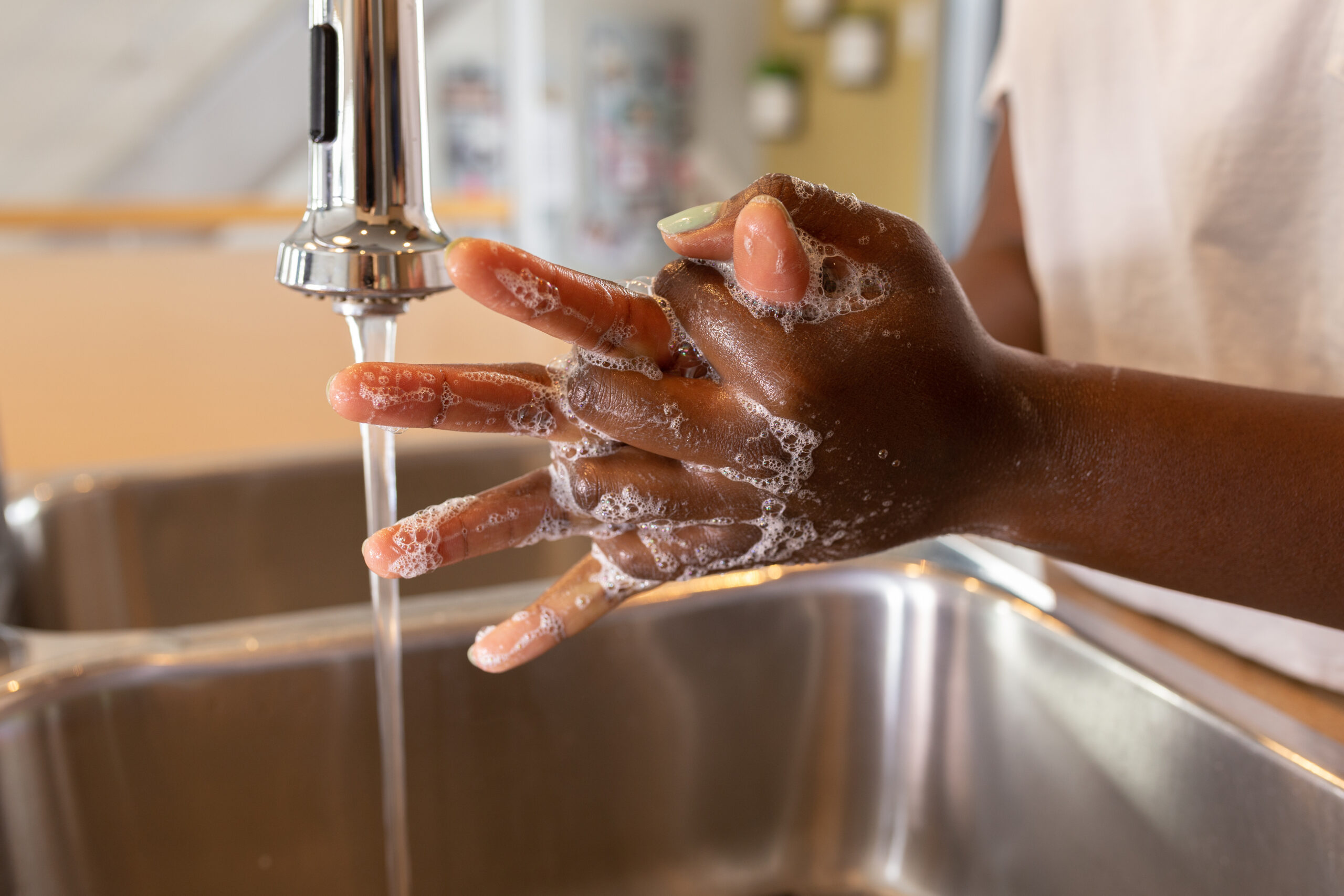
Washing your hands was once controversial public health advice, some say it’s comparable to the ruckus caused by mask-wearing today.
Hand washing was originally proposed by Ignaz Semmelweis to stop the spread of “cadaverous particles” from autopsy medical training to maternity wards in the 1840’s, and Florence Nightingale lead the fight for hospital hygiene just a few years later. But it wasn’t until the 1980’s that hand washing was acknowledged as an important way to prevent the spread of infection.
If you need more inspiration for good hygiene practice – washing hands, wearing masks, and covering coughs and sneezes – this gross science video should do it. Just one instance of projectile vomiting can contaminate 84 square feet! GROSS!
Educators and parents – PBS compiled a selection of resources for K12 learners that covers topics like how to social distance, what an epidemiologist does, bonding with friends during a pandemic, and spotting COVID19 misinformation.
THINKALONG wants you to question …
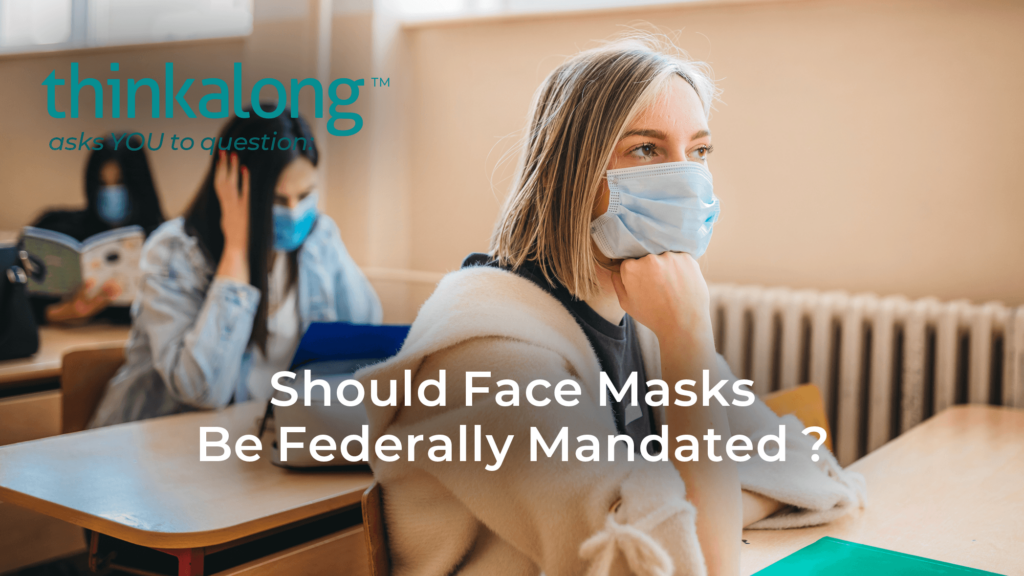 Earlier this year, the Centers for Disease Control and Prevention (CDC) recommend the adoption of face coverings in public to limit and prevent the transmission of COVID-19. Many states across the U.S. require their residents to wear a face mask in public areas, while others only recommend or encourage the practice. Simultaneously, there is a debate across the nation that face masks restrict individuals’ freedom of choice, causing some to refuse to wear masks. As cases continue to surge in many states, should face masks be federally mandated?
Earlier this year, the Centers for Disease Control and Prevention (CDC) recommend the adoption of face coverings in public to limit and prevent the transmission of COVID-19. Many states across the U.S. require their residents to wear a face mask in public areas, while others only recommend or encourage the practice. Simultaneously, there is a debate across the nation that face masks restrict individuals’ freedom of choice, causing some to refuse to wear masks. As cases continue to surge in many states, should face masks be federally mandated?
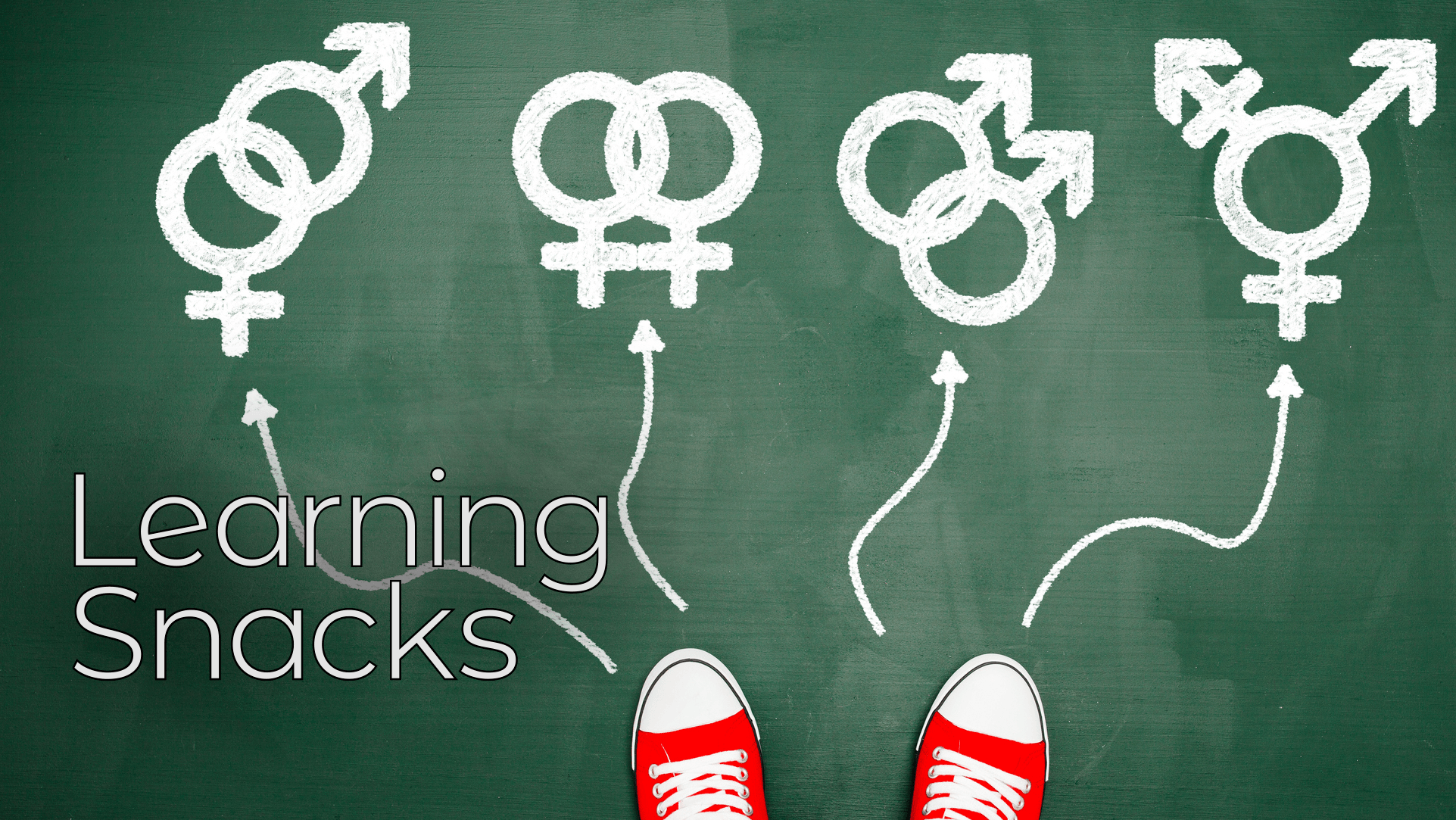
Before we dive into the bulk of this email, we want to let you know that Thinkalong.org is in HIGH GEAR. We’re releasing new modules weekly and really heating up our voting, civics, and election modules so you can bring current events to learners near you. And there are so many current events to choose from right now! Check out our most recent additions and fill out our survey – closing October 31st! – to win one of “50 Crit Kits.” Kits include a sturdy backpack, nice headphones, and all the tools you need to satisfy curious learners.
The 32nd annual National Coming Out Day is Sunday October 11, 2020 – and for a lot of people, it’s a really important day. According to the Human Rights Campaign, “When people know someone who is LGBTQ, they are far more likely to support equality under the law.”
This is news to literally no one, but Middle School Can Be Scary – and the experience for a young transgendered person can be even more harrowing. Hear Alex Singh’s account of transitioning as a middle schooler, why he did it, and what happened at school. If you need help navigating a similar situation, here are some free resources.
For educators and parents, there is work to be done to protect the wellbeing and continued development of children who identify as LGBTQ+. Learn more about different gender identities, how to provide support in early grades, and what it takes to start a gay-straight alliance with this PBSLearningMedia toolkit.
And if you have specific questions about youth who identify as transgendered, are transitioning, or want to hear young people’s accounts – this professional development collection provides all of the above. Build your ability to relate to and support every student, PBS can help.
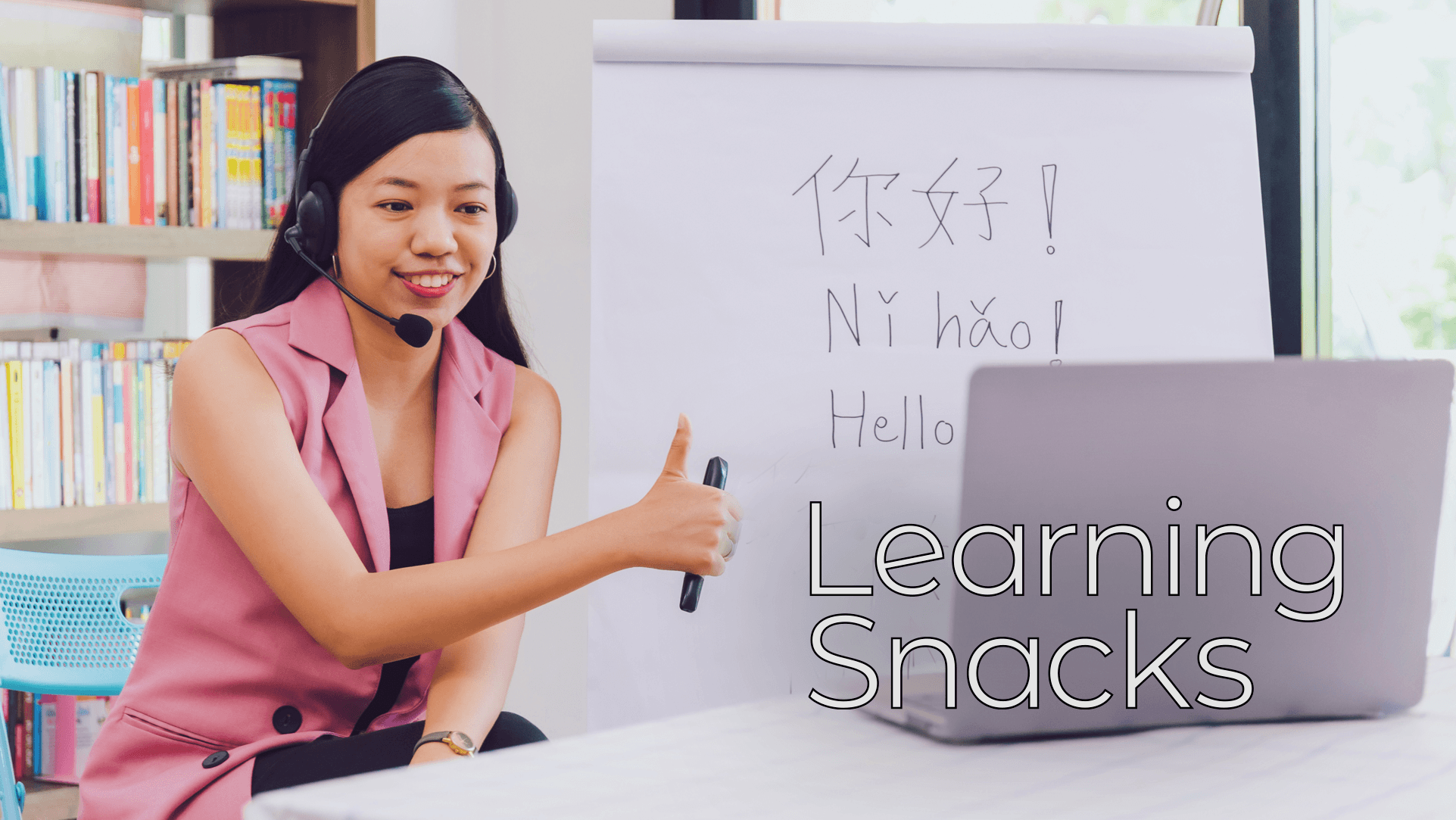
It’s Banned Books Week
Every year, libraries, schools, authors, and readers celebrate Banned Books Week, which casts light on the issues of censorship and banning books. Classic novels, like Adventures of Huckleberry Finn (one of the most consistently challenged books) join with comics, young adult novels, and children’s books on the American Library Association’s list of most challenged books. What do you think? Should controversial books be censored?
Heartbreaking and hilarious, Joseph Heller’s Catch-22 has inspired peals of laughter and tears of frustration. Hear from comedian Seth Myers he discusses his feelings about this once banned novel.
Beyond books and media, there’s a looming debate over hate speech and its protection as a first amendment right. In this episode of Above the Noise, ask yourself the question – should hate speech be protected as free speech?
Teachers:
National security versus the people’s right to know – the Pentagon Papers changed the Vietnam war. This lesson plan from Ken Burns & Lynn Novick: The Vietnam War examines various viewpoints in regard to the legality of the publication of the Pentagon Papers.
This new school year is new in a whole lot of ways. Use these Teacher Planning Kits for New School Routines to help navigate this year’s new and changing school routines. Not quite sure how? Join this webinar for using the planning kits.
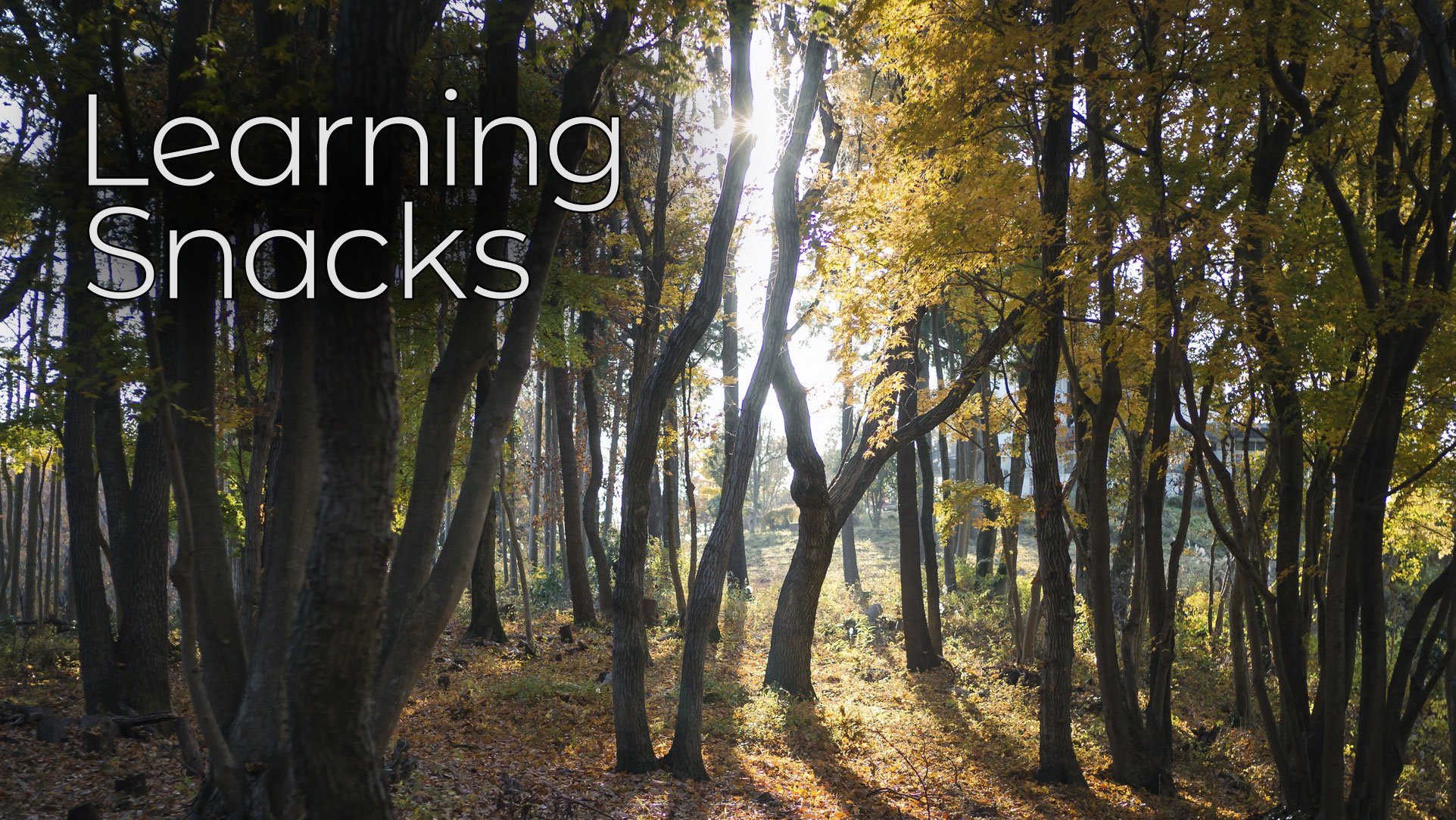
EQUINOX? More like Equinot – Equinox means “equal night”, and while it’s not far off, it’s technically not true. Enter Equilux – the brief moment in time twice each year with “equal light” in both hemispheres. And now you know just in time to show off to your friends.
Did you know that the Sun’s light shines differently on Earth at different times of the year? Watch as the Earth orbits the Sun, rotating, like a slightly tilted, spinning top. This rotation changes the angle at which sunlight hits the surface of our planet, creating the different seasons.
Even if we moved to Mars, we would still have to deal with winter. But lately Mars has been the focus of several new exploration initiatives, with campaigns for colonization from the Mars One project, SpaceX, and several governments around the world. Technology has yet to be invented to build human colonies on Mars, but that doesn’t stop its allure. Should humans colonize Mars?
Expand learners’ global competency by exploring Autumnal Equinox Traditions. Meditating on balance, a visit to an ancestor’s grave, and eating moon cakes all have space in cultural traditions surrounding the Fall. What traditions have you or your learners created?
MEDIA LITERACY is foundational to learning – learners must be able to assess what they are consuming. Tessa Jolls – our gracious partner and the leader of the Center for Media Literacy – shared her thoughts on how to define media literacy, its place in learning today, and a simple framework for deconstructing and constructing media.
THINKALONG is looking for educators like YOU to help us improve our web-based learning service! Watch a short video and take a brief survey for a chance to win one of 50 “Crit Kits” – stuffed with stuff to help your learners practice media literacy and critical thinking skills. But honestly, the over-ear headphones, backpack, and pint glass are the real prize.
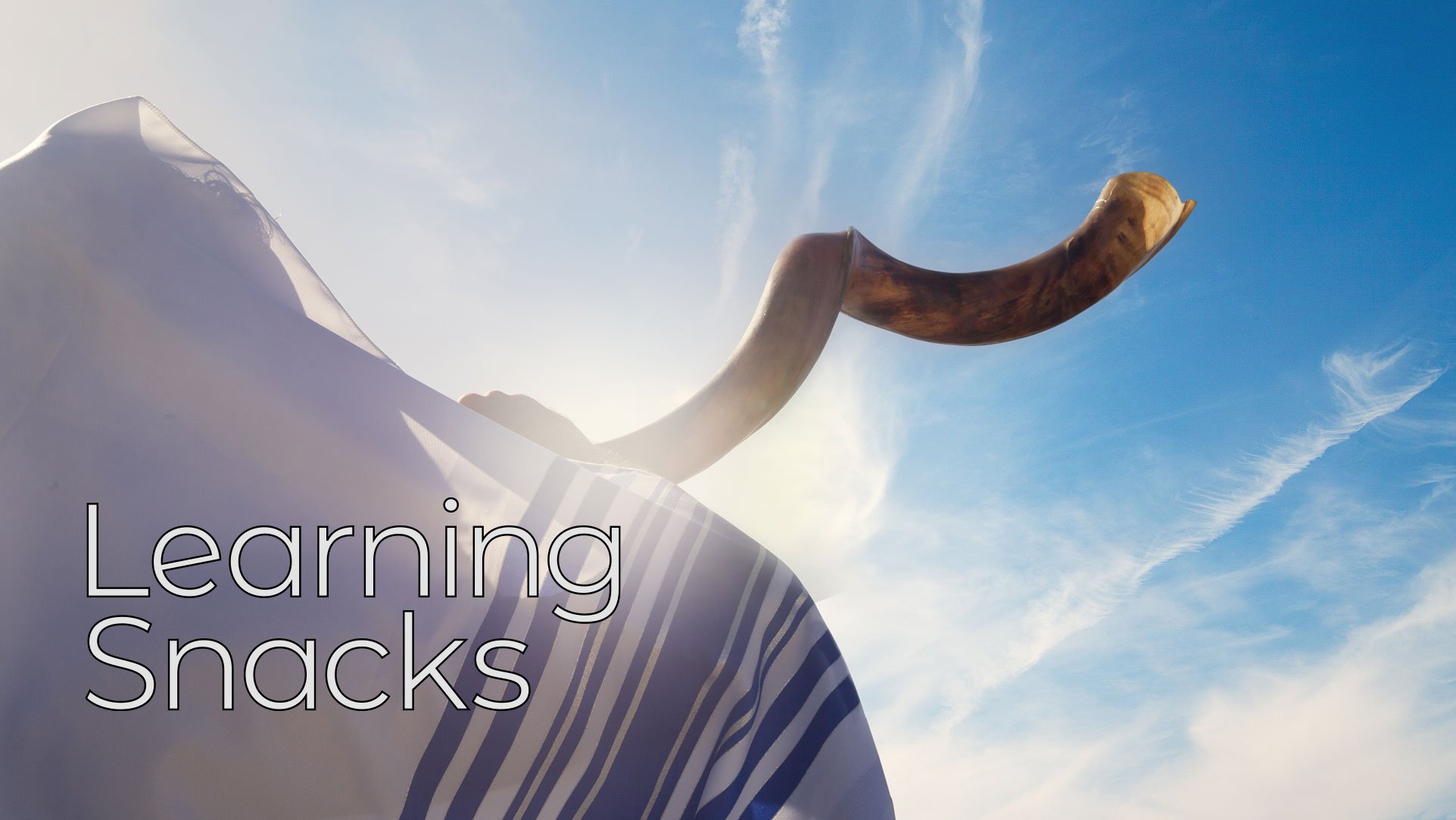
THE JEWISH HIGH HOLY DAYS are a 10-day period of prayer and penitence beginning with Rosh Hashanah, the Day of Awe, the Jewish New Year, and ending with Yom Kippur, the Day of Atonement. During this sacred time of reflection and repentance, Jews around the world attend special services, gather with friends and families for ritual meals, and observe a day of fasting.
Cultures all over the world celebrate a similar holiday, a kind of reflection and renewal. These beautiful pictures share enlightening customs from new year celebrations all over the world:
Holla for some Challah! Even this website looks passed down from grandma, but we all know the best recipes are the classics. Check out this simple recipe for Challah bread, and learn how to pronounce it, too.
MEDIA LITERACY is foundational to learning – learners must be able to assess what they are consuming. Tessa Jolls – our gracious partner and the leader of the Center for Media Literacy – shared her thoughts on how to define media literacy, its place in learning today, and a simple framework for deconstructing and constructing media.
THINKALONG is looking for educators like YOU to help us improve our web-based learning service! Watch a short video and take a brief survey for a chance to win one of 50 “Crit Kits” – stuffed with stuff to help your learners practice media literacy and critical thinking skills. But honestly, the over-ear headphones, backpack, and pint glass are the real prize.
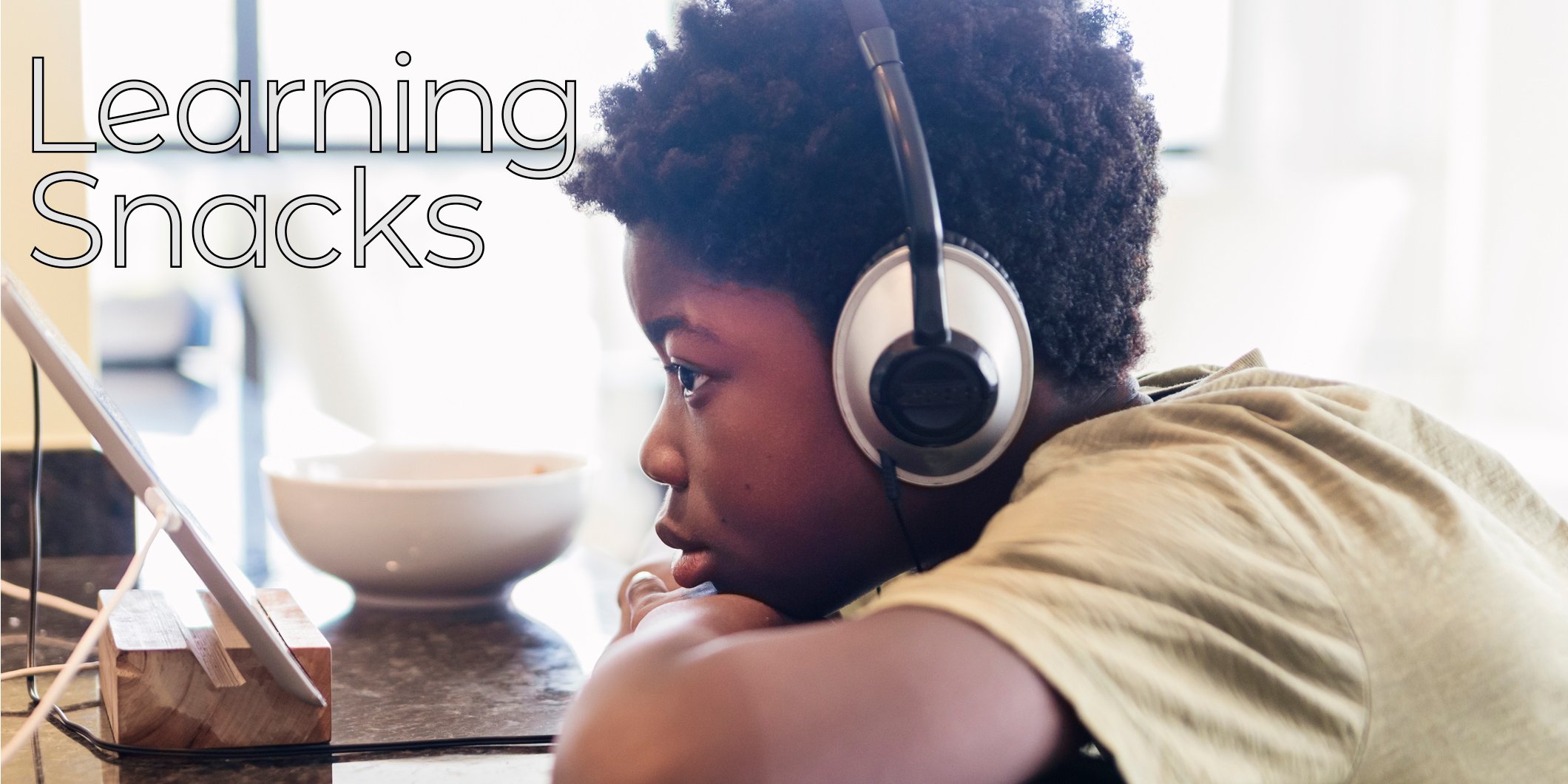
EQUAL ACCESS – Even before the COVID-19 pandemic, the classroom has been moving more and more online. But not every student has access to a computer and/or high-speed internet. Should schools be providing students with a laptop and access to the internet? What do you think?
S O C I A L D I S T A N C I N G – To slow the spread of the coronavirus, people are being told to practice social distancing. What is it and why is it so important? Above The Noise is here to help answer those questions and more.
PAINTING YOUR PET! – Being stuck at home can get pretty boring. One way to occupy your time? Get a new hobby! In this video from Hobby Hunting, you’ll learn how to paint your pet stroke by stroke!
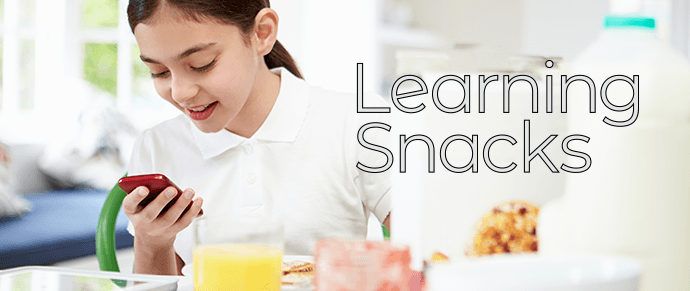
WOMEN AND THE WAGE GAP – According to census data, women make a lot less than men do on average. That is especially true when it comes to Black women. Join Cherita Ellens, President and CEO of Women Employed, as she discusses the reasons behind the wage gap and ways to close it here.
DRESS CODES, CODED FOR SEXISM? – Many people argue that dress codes help facilitate a productive learning environment. Others argue that dress codes are often racist or sexist and disproportionately effect people of color and young women. Above The Noise takes a look.
QUESTIONING THE CONSTITUTION – The United States has made a number of changes and/or additions to the Constitution, such as the 19th amendment granting women the right to vote, but should we rewrite the entire constitution? Is it even possible? Thinkalong is here to help you find out!

PRIVATE PEOPLE – The internet lets us easily connect with each other and meet new people and groups based on our interests, locations, or searches. Unfortunately, it also leaves our personal information vulnerable. How did we get to this point and what’s in store for the future? Off Book takes a look.
YOU AND THE ELECTRONIC FRONTIER – Are you confident that your privacy is protected online? Check out these tips from Above the Noise and the Electronic Frontier Foundation to make sure you’re staying safe and protected online.
DITCHIN’ ENCRYPTION? – Encrypted phones and messages are meant to keep your private data protected. But in certain cases, they can hinder a criminal investigation by locking away crucial evidence. Should police have the ability to access citizens’ phones when a crime has been committed? Use Thinkalong to decide!
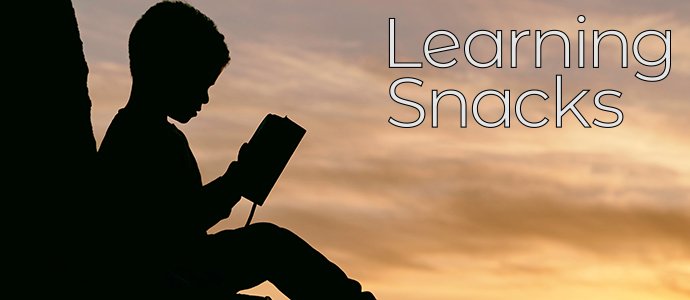
FUTURE OF READING – With the rise of social media and smartphone use, a lot of people’s time spent reading now takes place online, in e-books, or in short-form content. What does this mean for the future of literature and our brains? Above The Noise is here to help you find out!
A WORD ON WORDS – Spend a little time getting to know Rep. John Lewis as he discusses his comic book series MARCH, as well as his love for books and libraries, and how they shaped his lifelong fight for equality.
READY PLAYER TWO – Author Ernest Cline recently announced that a sequel to his novel Ready Player One would be coming out later this year. Take a couple minutes to explore and breakdown the first book and its impact on the real world with The Great American Read.
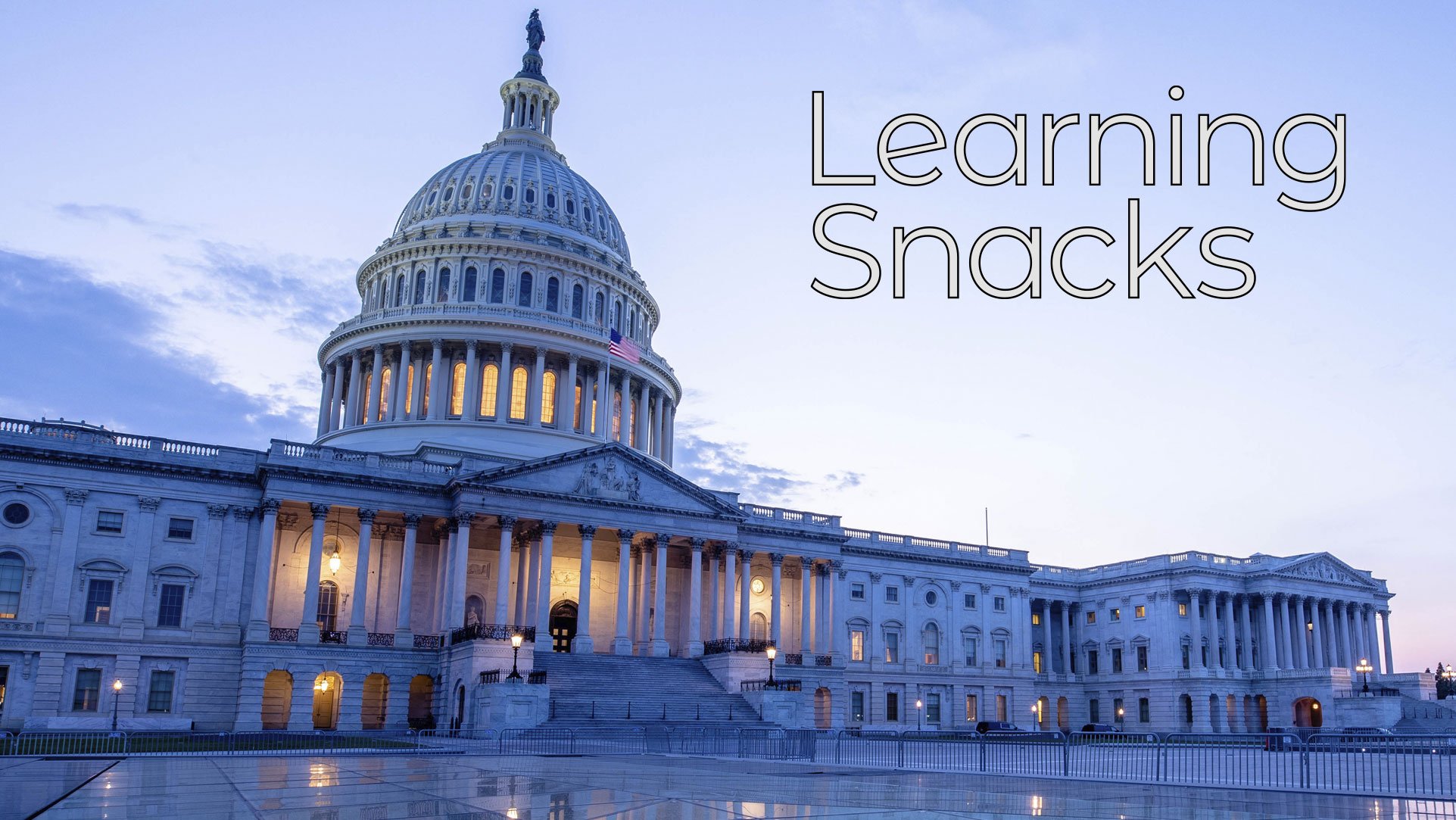
WHAT’S MY AGE AGAIN? – The United States has lowered the voting age in the past and, in some states, it’s already happening on a local level. Should we lower the voting age? If you could vote in this election, what platforms would be most important to you? Explore these questions and more with Thinkalong!
MR. NOT-SO-POPULAR – Two out of the last three presidents lost the popular vote, but won the electoral vote. How can it happen that the person with fewer votes wins an election? It’s called the Electoral College – learn what it is, how it works, and why we have it.
KEEPIN’ THE FAITH – In a recent unanimous decision, the Supreme Court ruled that so-called “faithless electors” must back their states’ popular vote winner in the Electoral College. Learn more about that decision and how this process affected the last presidential election.
THE TRUTH ABOUT MAIL – Mail-in voting has been a hot topic in recent years, but with the U.S. still dealing with COVID-19, the arguments for and against expanding this long-standing practice have ramped up in recent weeks. Learn the truth about voting by mail.
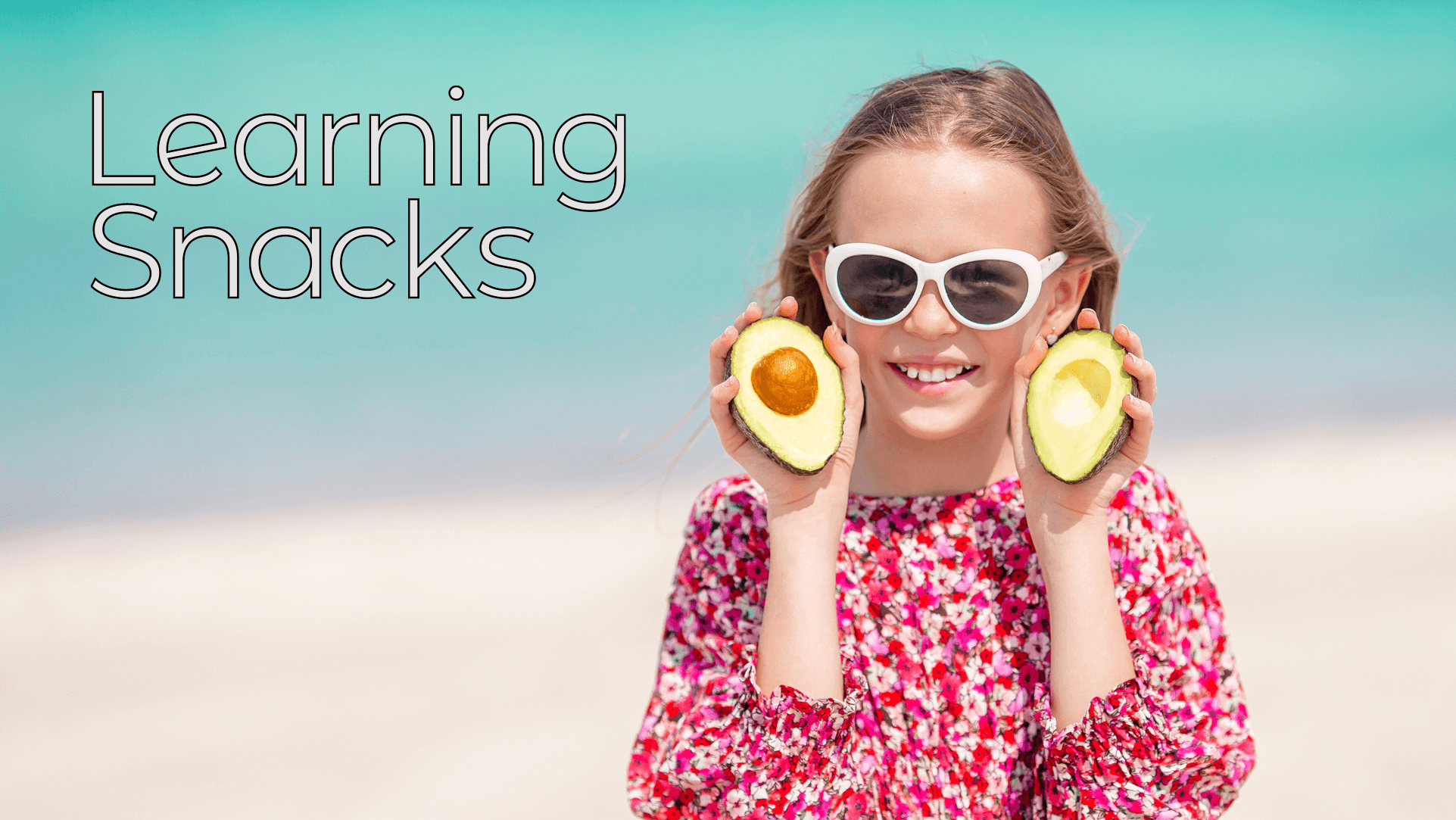
AVOCADO ANYONE? – There are a lot of reasons avocados are awesome! Learn some amazing facts about this super fruit, how to cut and peel your avocados for maximum health benefits, and more with this informative video from Reactions!
OLD ROOTS, NEW HOPE – Come visit a California farm with How Does It Grow to learn how avocados are both grown and harvested and how farmers are getting through the recent droughts.
GMO LABELING – GO OR NO-GO? – The U.S. passed a law requiring food with genetically modified ingredients to be labelled as such. Critics of the law say being required to label them suggests they’re dangerous. Should we label genetically modified foods? What do you think?
MAMA GMO – Mary Dell Chillton became the mother of genetically modified organisms when she documented how a bacterium transferred some of its DNA into a tobacco leaf. Learn more about this amazing woman in science here.
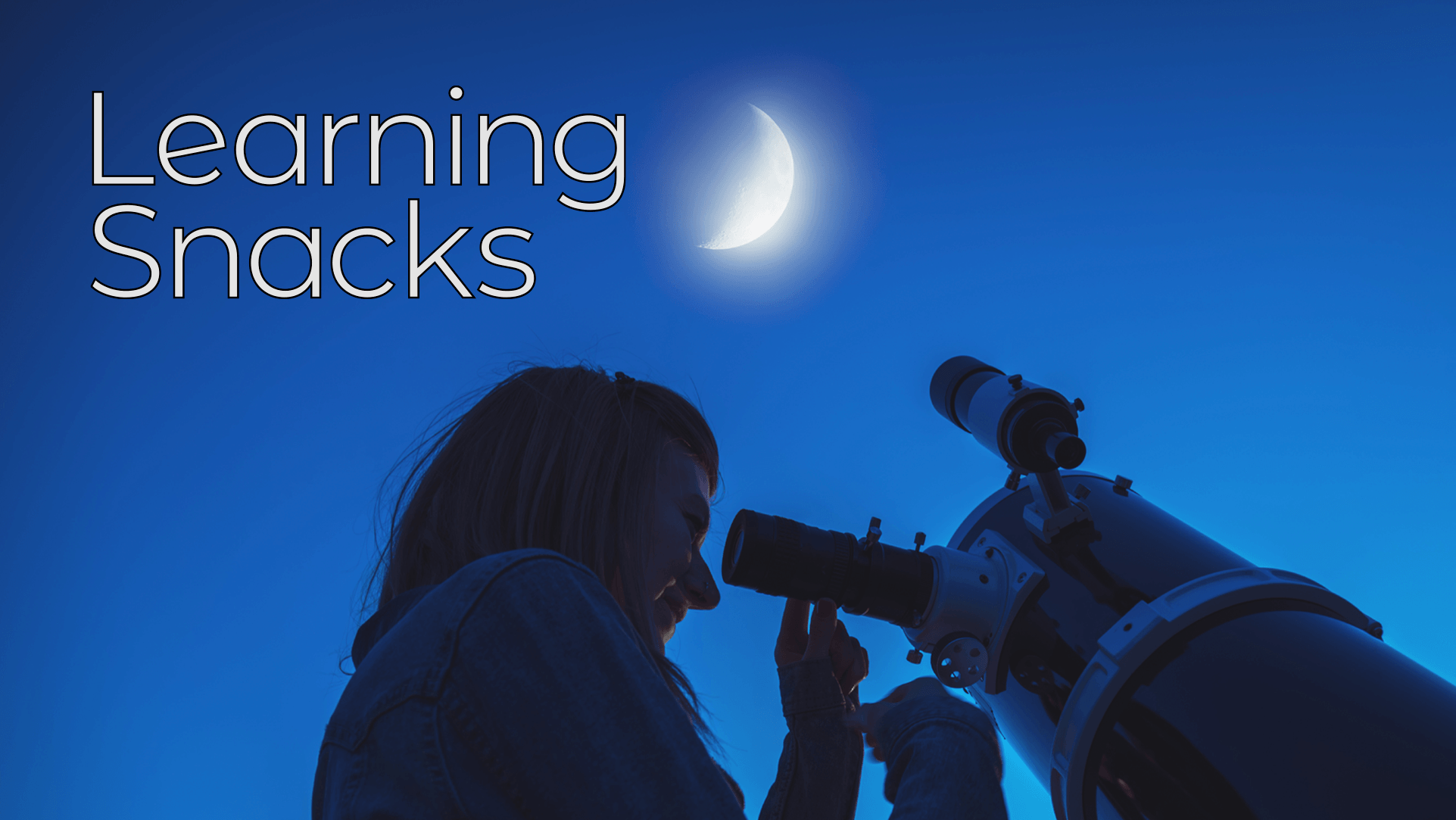
TO APOLLO 11…AND BEYOND! – Take a look behind the scenes of the first moon landing, hear from people directly involved with this historic moment and learn a little bit more about the following five Apollo missions with the help of Space Chase USA!
MESMERIZED BY THE MOON – The moon has always held special significance to humanity. Explore the way the moon has inspired and continues to inspire people in all around the world in this segment from American Experience.
HOME SWEET HOME? – Humans have already visited the moon but without even taking a step on Mars, colonizing the red planet has become a hot topic in recent years. What would it take to get us there and to keep us there? Thinkalong explores this question.
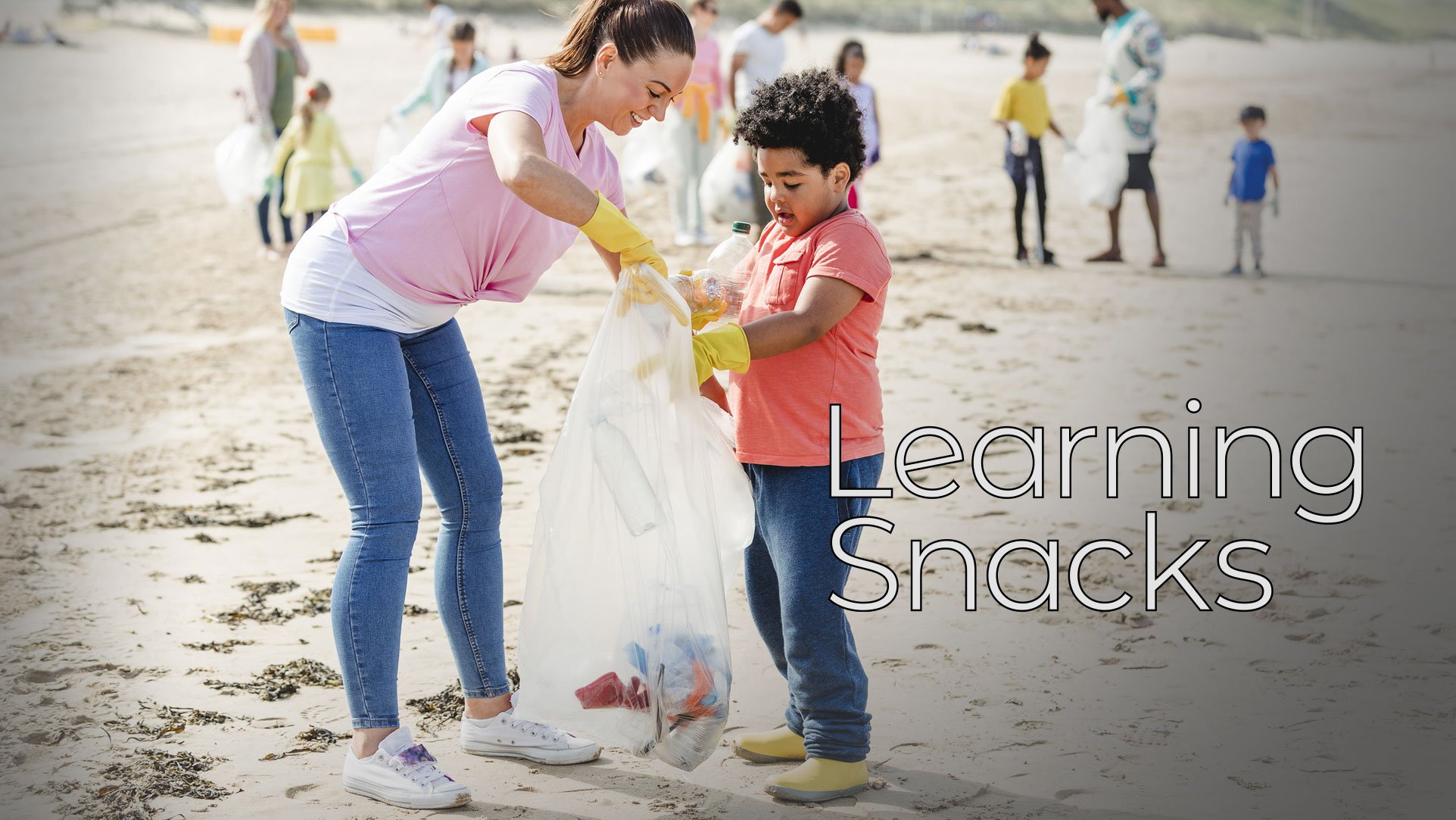
MICRO FIBERS, MAJOR PROBLEMS – By 2050, it is very possible that all the plastic in the ocean will outweigh all the fish in the sea. And it’s the plastic that weighs almost nothing that we’re finding nearly everywhere. What can you do to combat plastic polluton?
Plastic Free July helps millions of people be part of the solution to plastic pollution – so we can have cleaner streets, oceans, and beautiful communities. Check out these facts about plastic pollution from Green Peace. Will you be part of Plastic Free July by choosing to refuse single-use plastics?
ALL ALONE – The United States is the only country in the world to leave the Paris Climate Accord, a contract to reduce greenhouse gas emissions and fight climate change. Should the U.S. reenter the Paris Climate Accord? What would it take to do so? Thinkalong with us!
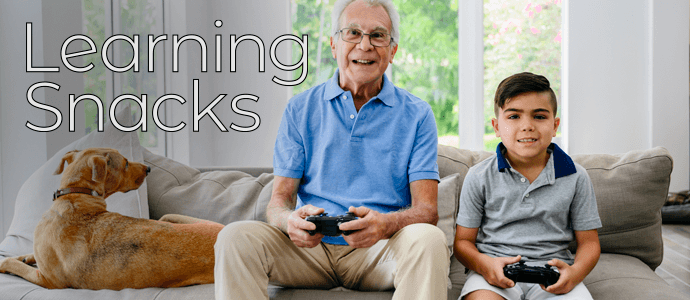
MAKE YOUR OWN VIDEO GAME TODAY! – Playing a video game is one thing, but making a video game? You can do that with just a computer and internet connection. And great news! It’s a growing, multi-billion-dollar industry! Hop inside the MIT Media Lab and learn what goes into creating your favorite video games.
NOTHIN’S EVER FREE – You can download a lot of games for free, but once you get inside it’s basically a candy store! If you want a new outfit for your avatar, better powers, or a hint on how to proceed – you’re going to pay. Explore the world of microtransactions and video game addiction with this video.
VIDEO GAMES AND VIOLENCE – Although there is little evidence to suggest that playing violent video games leads to violence like mass shootings, there may be a link between violent video games and minor acts of aggression. Learn the difference between the two with some help from Above The Noise.
THE GREAT GUN DEBATE – If it’s not video games, it’s often the availability of assault rifles being blamed for the rise in mass shootings across the United States. Should these weapons be banned? Would such a ban infringe on people’s 2nd Amendment rights? Learn more and decide for yourself here.

BIG WINS IN THE HIGH COURT – So what does the Supreme Court’s ruling really mean, and what’s next in the fight for equality? Also – that’s a LOT of power for a small group of people. If you’re interested in a plate full of learning about SCOTUS, check out this information menagerie or gobble up some info on landmark cases.
LOVE THY NEIGHBOR – Many southern churches reject LGBTQ+ people, despite 90% of the population being religious. Join Dyllon Burnside as he travels to Jackson, Mississippi to meet an openly gay pastor and explore his journey of acceptance.
DEBATE LIKE SCOTUS: HATE SPEECH – The First Amendment of the U.S. Constitution includes “freedom of speech” which the U.S. Supreme Court has repeatedly ruled includes hate speech. Should hate speech be protected as free speech? Thinkalong with us.
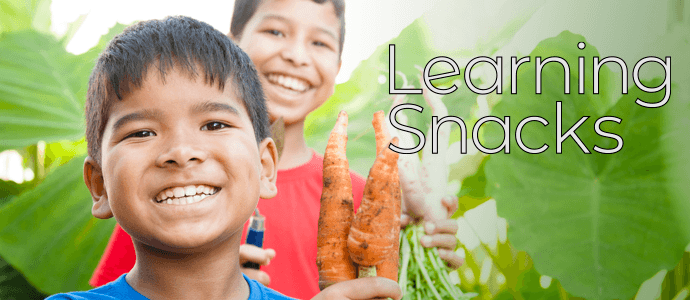
WE ARE OUR ANCESTORS’ WILDEST DREAMS As Juneteenth 2020 celebrations and America’s collective dedication to anti-racism work take on a renewed vigor, the importance of learning about Black history – even when it’s not February – becomes increasingly apparent. Check out this video to see how people are talking about, celebrating, and working toward Black liberation.
WHO YOU CALLIN’ UGLY?! Using ugly food – like produce that is too big or small, has blemishes or weird colors – prevents food waste and can reduce your environmental impact. America wastes approximately 40% of the produce it grows. See how organizations are helping people who live in food desserts get their hands on wonky produce at incredible prices!
FOOD FIIIIIIIGHT!!! The government requires schools to offer students certain lunch options – a public health maneuver to keep the population well-fed. Some people believe it should be up to the schools, their students, and parents to decide what they eat. What do you think?
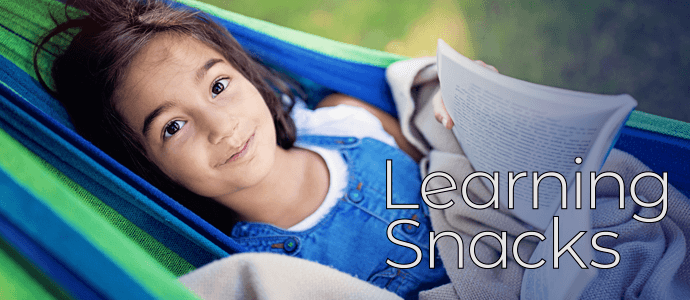
Summer solstice marks the official start of summer, but there are a lot of ways to mark the passage of a year. 3.5cm of fingernail growth? 80 gallons of tears cried? Or the exact length of a year in time – 365 days, 6 hours, 9 minutes, and 9.76 seconds. This video from It’s Okay to Be Smart explores different ways to mark the passage of a year’s worth of time.
Summer has a way of heating things up and one famous summer – Freedom Summer 1964 – brought national attention to civil rights. Discover how the hit song “Dancing in the Street” by Martha and the Vandellas became an anthem for societal change. Plus, learn how a new strategy by the Student Non-Violent Coordinating Committee (SNCC) brought student volunteers to aid civil rights workers in Mississippi in this video from American Experience.
We’ve got the perfect way to chill out this weekend – Watermelon Slushies. It’s the only thing to do during these long hot days of summer.
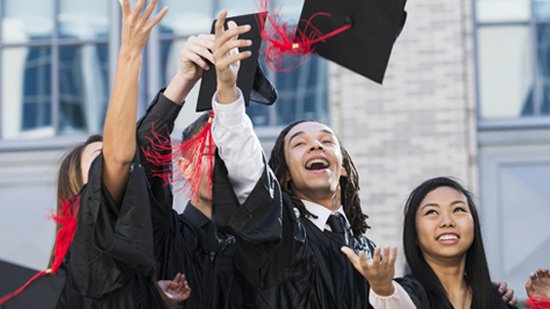
Graduation is a rite of passage leading to the onset of greater responsibilities and a transition out of compulsory schooling. Connecticut Public participates in the national American Graduate program, and has some great resources to help the recent graduate in your life figure out their path.
Many students are readying themselves for college – virtual or otherwise – and many others are saddled with student loan debt. College is undoubtedly good for folks, but it’s pricey! Making college free is an oft-repeated political platform, but is free college as good as it sounds?
Let’s pay attention to the other huge event unfolding all around us – large-scale anti-racist protesting. Protests have played an important role in our society in relation to civil rights and social change. In the midst of large-scale Black Lives Matter protests after continued police violence against Black individuals, critics and supporters alike might wonder what good marching does. You decide — are protests necessary for social change?
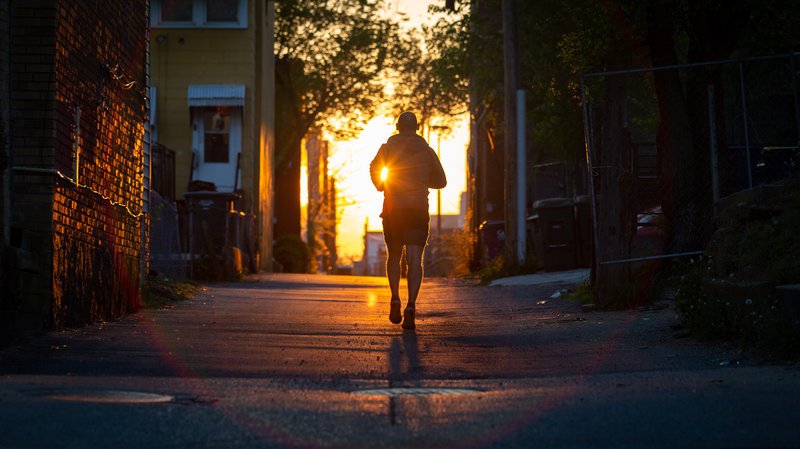
Looking for a little inspiration? Check out this interview with Noé Álvarez, who dropped out of college to run 6,000 miles with Indigenous people through North and Central America. He describes how that experience changed the meaning of running for him.
Did you know it’s possible to run in space? Node 3 on the International Space Station has a whole suite of exercise equipment, including a treadmill. Yes – a SPACE TREADMILL. Watch Karen Nyberg, an Expedition 37 flight engineer, demonstrate how to run on the COLBERT treadmill in a weightless environment while also explaining some of the engineering behind its design.
Some of us are more into simulated running (think video games) than the stuff that happens on a treadmill or in the great outdoors. Fortunately, this video about the science of running a marathon can help you learn about running without actually having to do it. But if it turns out you DO want to start running, this quick guide on the 3 G’s will do the trick.
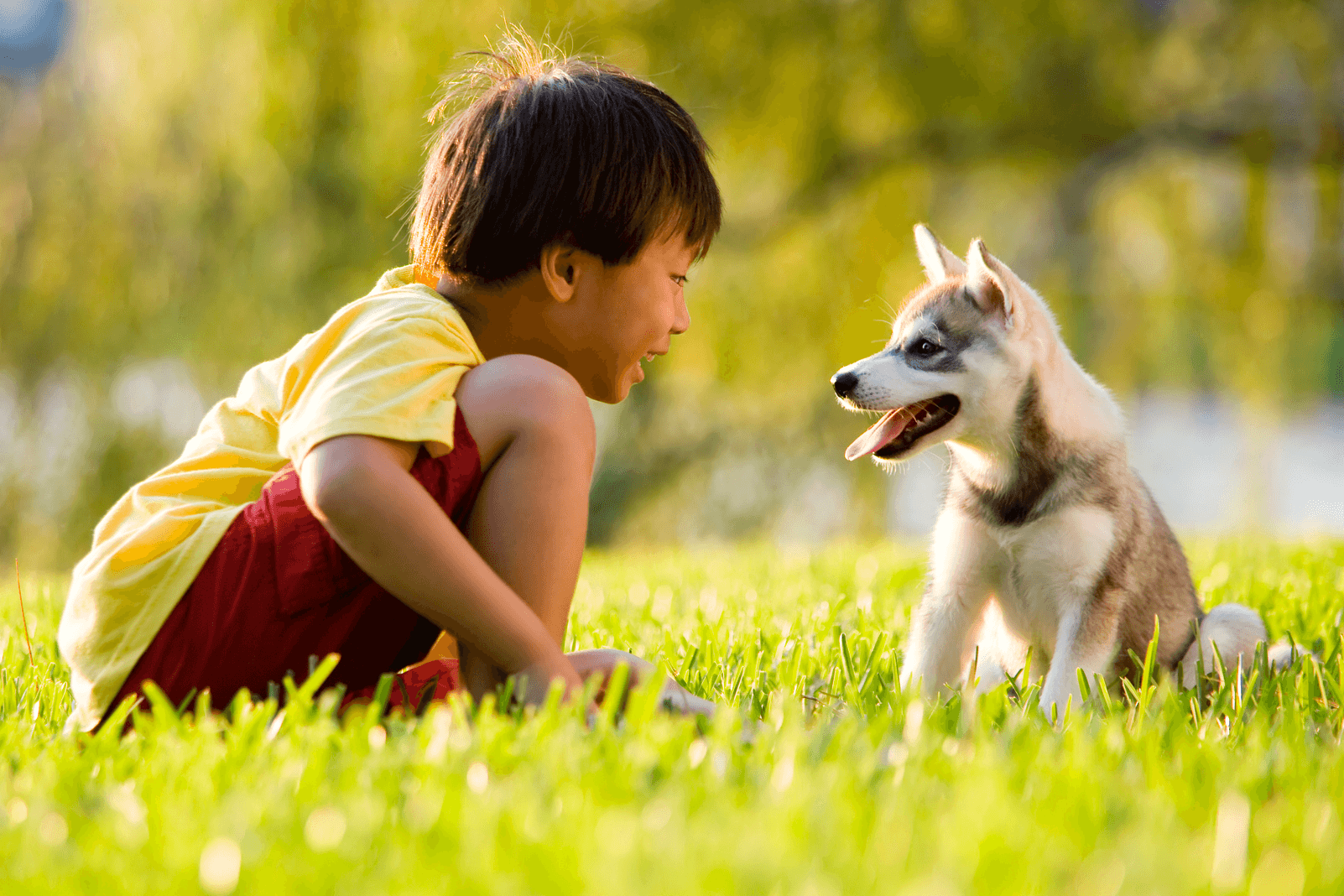
An impressive 68% of American families have pets – but how did we get here? This video from PBS Digital Studios really makes you think about whether humans domesticated animals, or animals chose to live alongside us. Hmmm.
Domesticated rabbits – agile beasties or passive furballs? This Nature documentary “Remarkable Rabbits” dives into this tiny animal’s ability to survive against fierce predators and adapt to varied environments. Learn more about rescuing and caring for a domesticated bunny in this Q&A with the House Rabbit Network.
Cat Fact Fever, dun dun dun! I just can’t seem to get enough of cat tongues these days, so while we’re still talking about pets – did you know that Cat tongues are covered in hundreds of body-cooling, moisture-wicking quill pens? (Yes, there’s a video.)
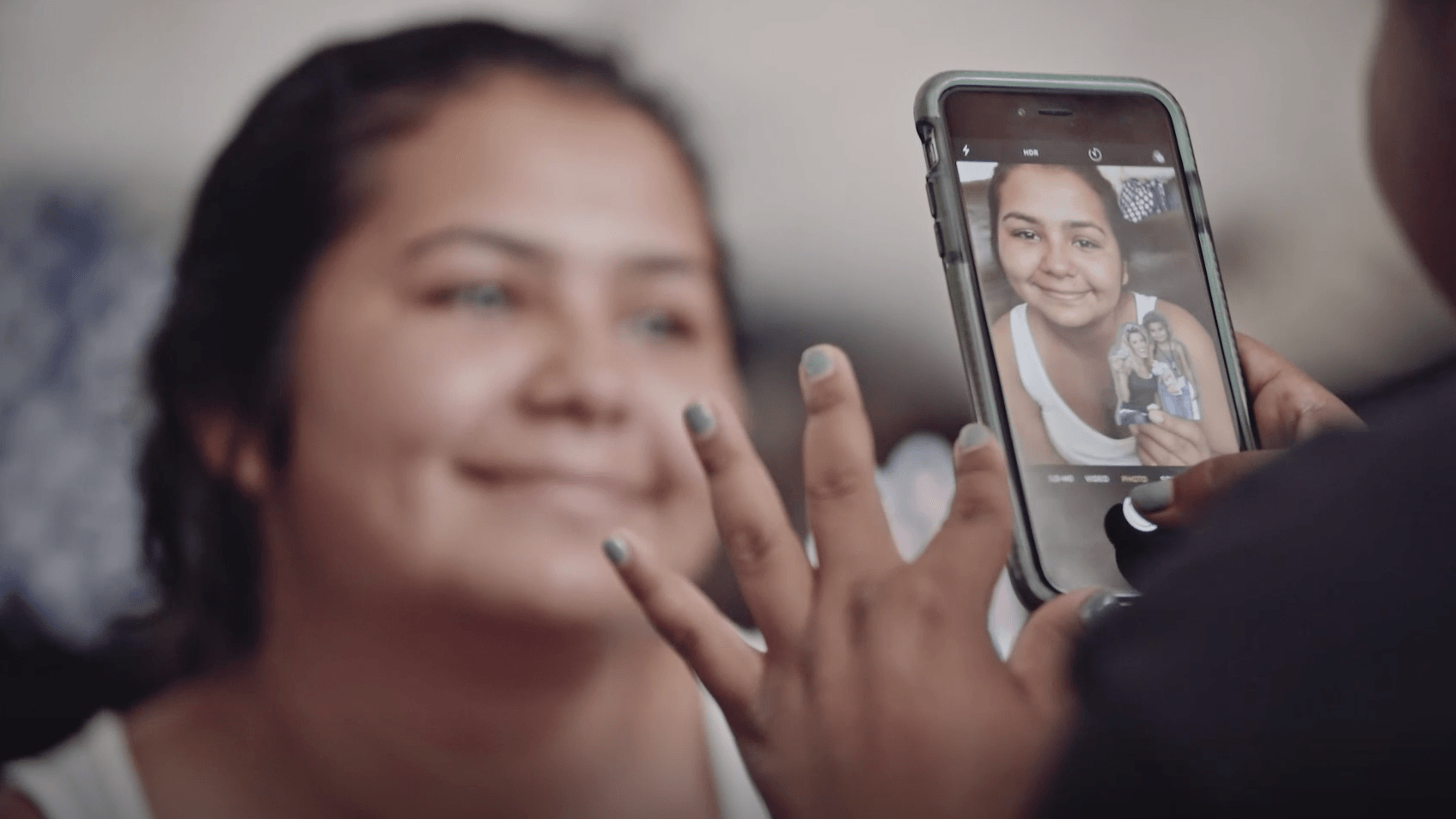
Take a moment to celebrate parents who answer the call to foster and adopt. In this StoryCorps piece, meet ‘Foster Pop’ who has housed more than 50 foster kids in his Brooklyn apartment.
In the Tough Love series, two families describe their experience having children removed from their care, and the work they put in to pull their families back together.
LOCAL RESOURCES: Each state has different processes and laws about fostering and adopting children. You can find some common myths about the process in Connecticut here.
TEACHER RESOURCES: This resource selection from Teaching Tolerance offers guidance on how teachers can be supportive, stabilizing forces in the lives of children in the foster care system, and even has a toolkit for helping foster youth transition out of high school.
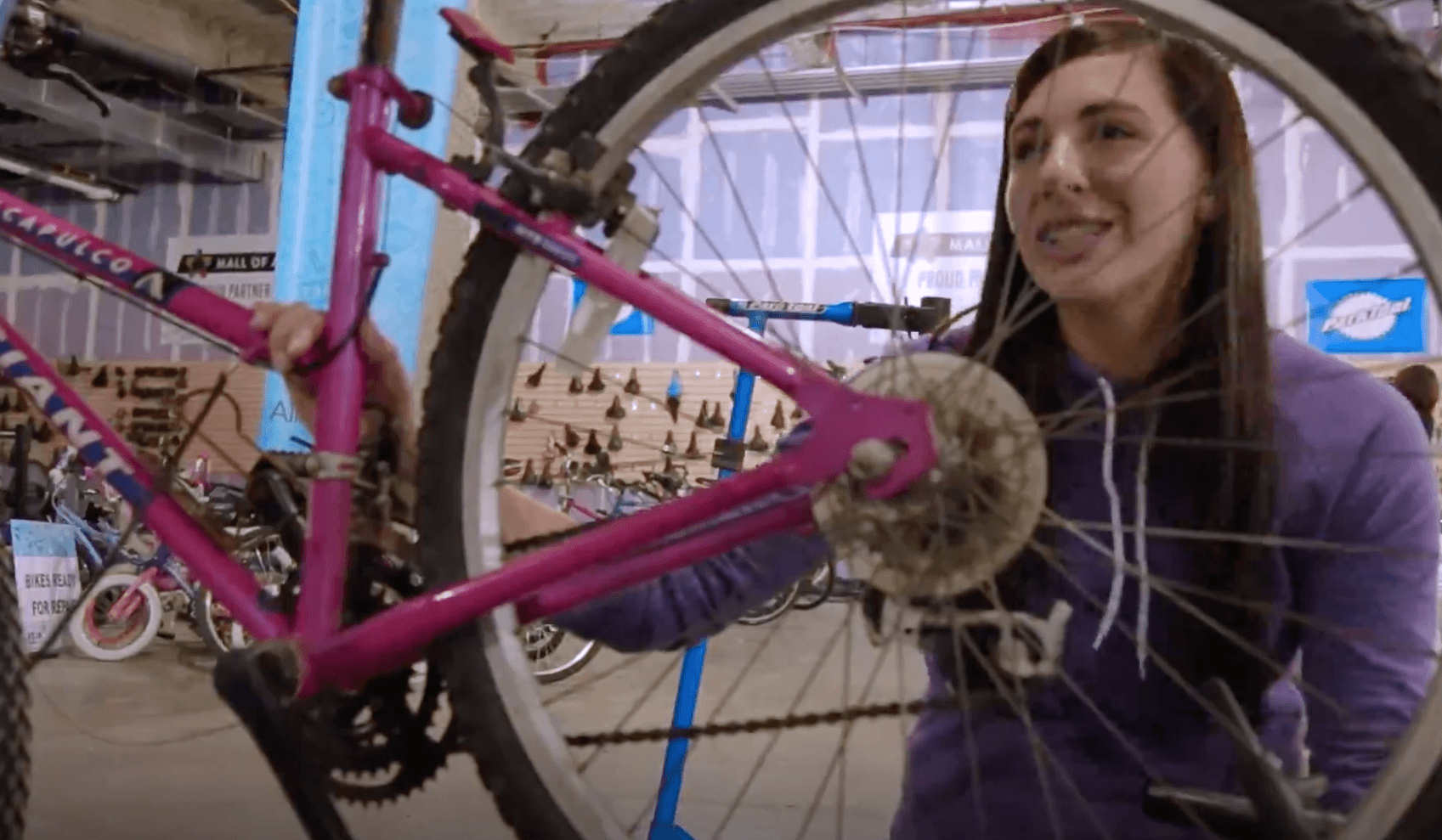
Bicycle Mechanical Engineer, Rachel Gitjan, loves bikes so much that she designs them for a living – and the job looks pretty cool. In this video, she shows you the computer-aided design (CAD) software she uses and talks about different bike-related careers.
Ovarian Psycos is a film about a new generation of fierce, unapologetic, and feminist women of color from the Eastside of Los Angeles who confront injustice, build community, and redefine identity through a raucous, irreverently named bicycle crew: The Ovarian Psycos Cycle Brigade.
LOCAL RESOURCES:
Some Connecticut-based organizations like Bici Co. in Hartford offer mechanic and traffic safety training, reduced-price bikes, and work-based learning programs. Others like Watch For Me CT summarize cycling laws, and provide statistics and safety tips.
TEACHER RESOURCES:
A quick, up-lifting read about a youth-led bike shop in Indiana to inspire you and your students to dream big and go hard. A neighborhood of kids turned their love of bikes and their years spent playing with and learning about them into a functional business that they see going worldwide.
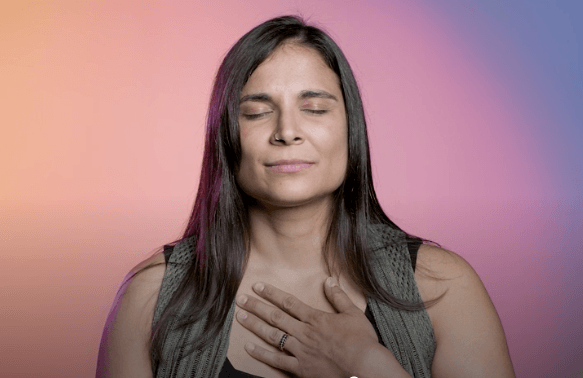
May is Mental Health Awareness Month, and this week, we're sharing a few new related resources for parents, caregivers, and educators. We hope they're helpful when speaking with students about what they are experiencing and feeling during the COVID-19 pandemic.
Mind your Mindfulness. One of the most effective ways to maintain good mental health is through mindfulness. Even 5 minutes can increase positive feelings, calm thoughts, and settle jitters. Practicing every day is basically magic. This short practice from PBS LearningMedia is one of our favorites!
Feeling Lonely? Us too. Haven’t seen your friends in weeks? No high-fives in way too long? You are not alone. This teen-produced newscast shows how teens all over America are dealing with social distancing.
Brainberry pudding? Your diet plays a big role in how you feel and how your brain functions. Fruits, vegetables, fats, and lean proteins all contribute to a well-balanced meal. Check out this strawberry ch-ch-ch-chia seed pudding. They recommend 1 strawberry, but I say add as many as you want.

This week all our snacks are food-themed to pay homage and respect to the glorious snack.
LEARNING SNACKS
Food miles is the distance food is transported from the time of its making until it reaches the consumer. Most foods travel an average of 1,500 miles from farm to plate. What does that mean for the health of humans and the earth? Brad Pitt will help us figure it out!
RRRRRRIDICULOUS BUT RELATED
Sandwich made it to the safety of the microwave, but did he get there in time to save his friends from food gone bad? Check out this Film School Short to find out how it ends!
REAL-LIFE SNACKS
Try out these fudgey-wudgey freezer treats to satisfy your next snack attack.
Feeling salty? Cut. Toss. Bake. Nom. These sweet potato fries with chipotle mayo are better than the ones you used to get at restaurants.
MORE SNACKS, PLS!
Genetically modified foods have been a topic of controversy for years. Use Thinkalong to find reliable information and prepare to debate: Should we label genetically modified foods?
